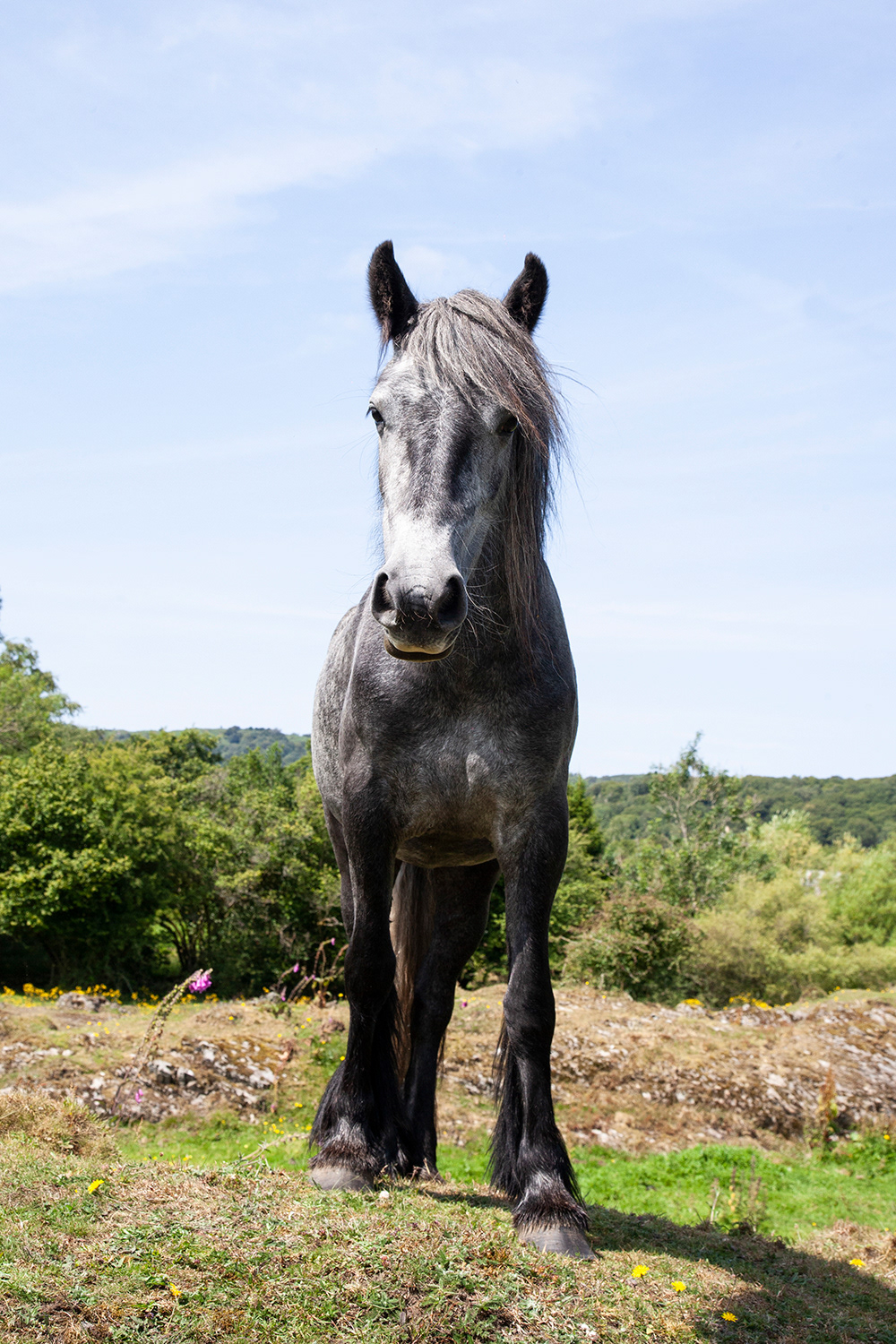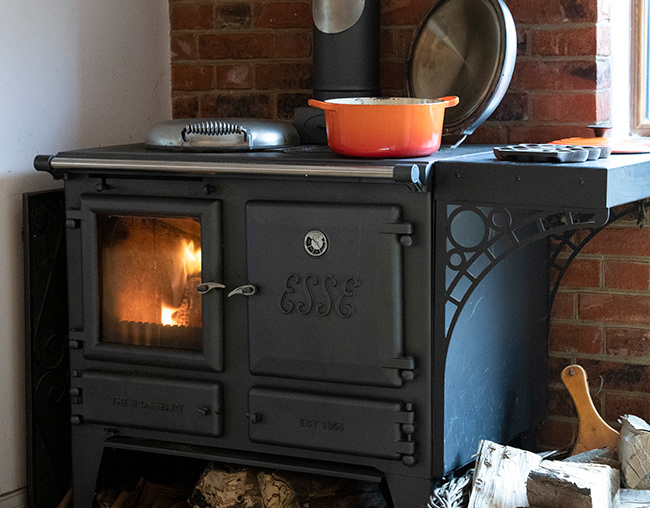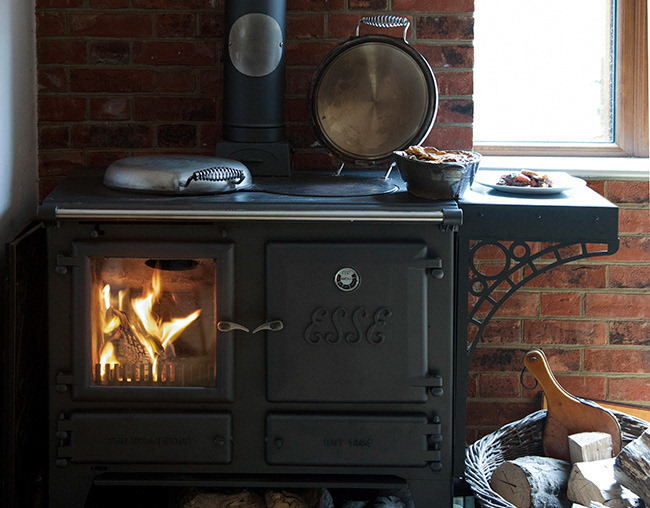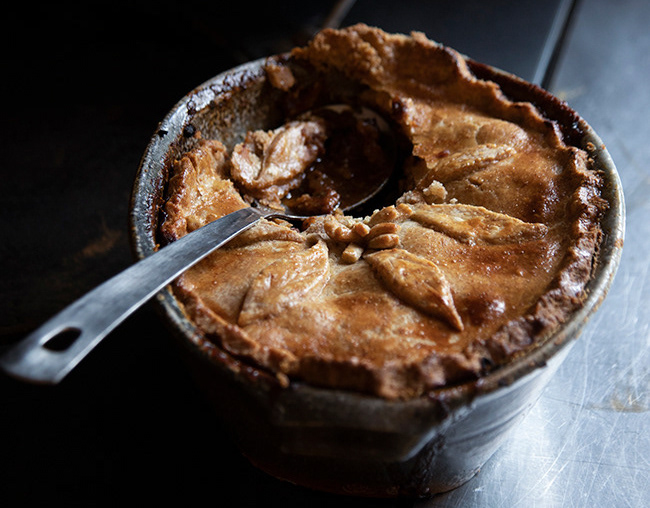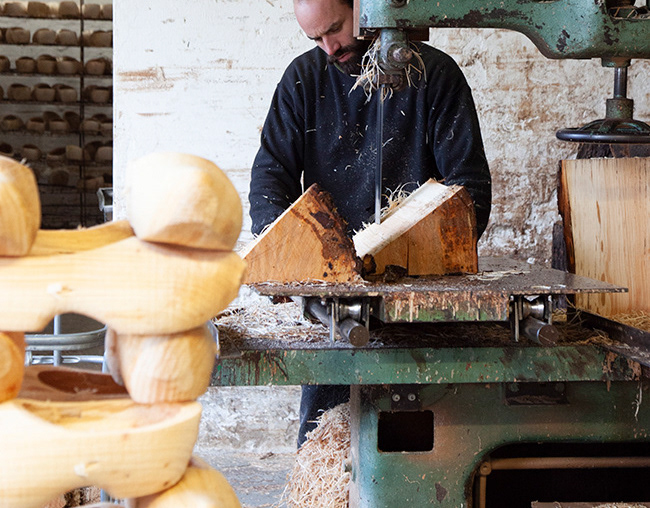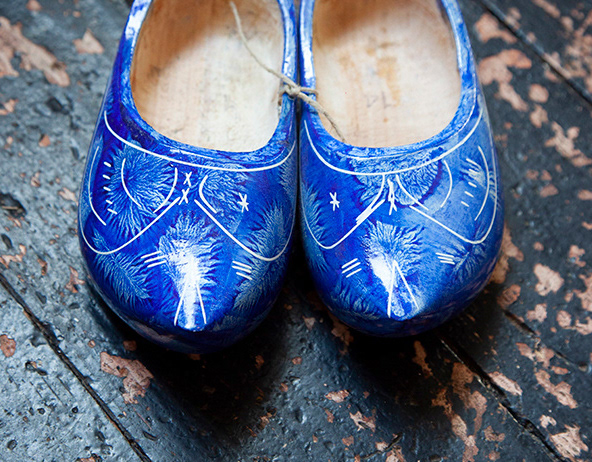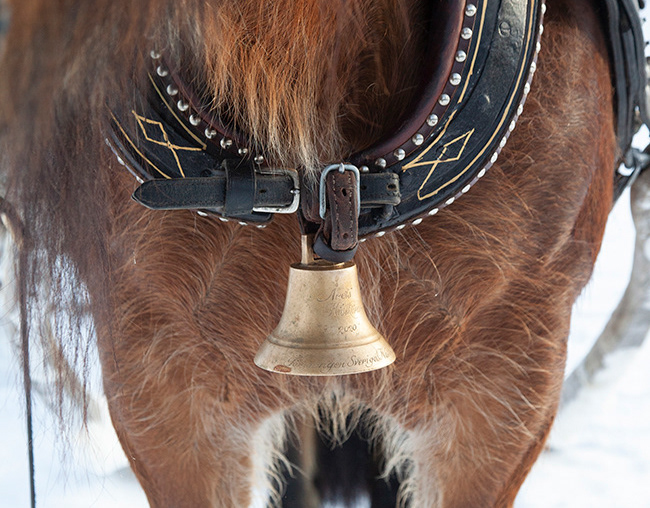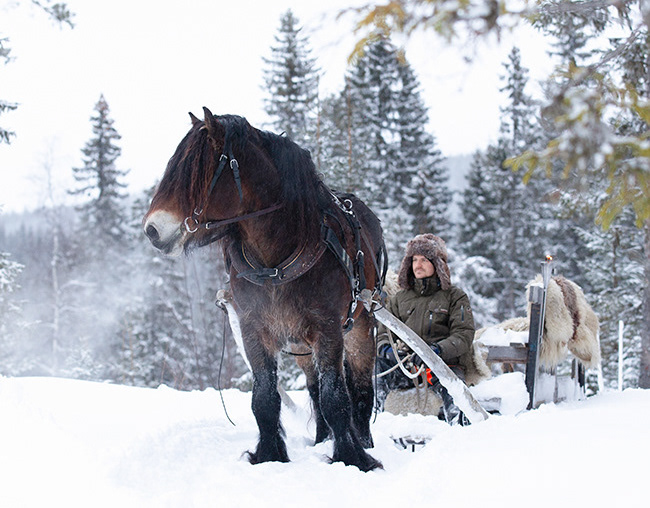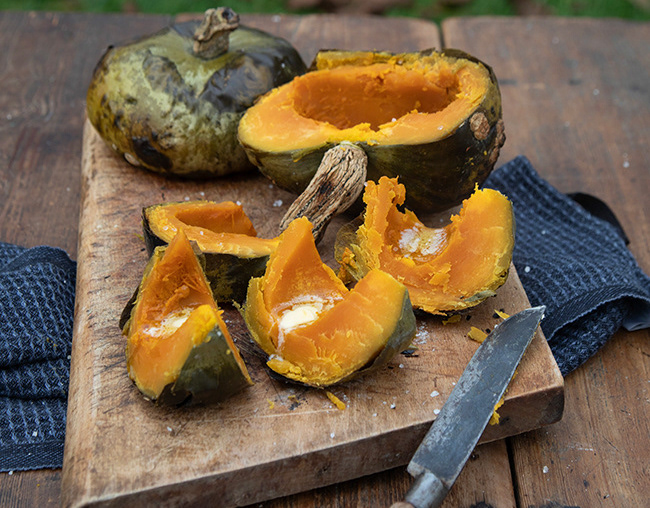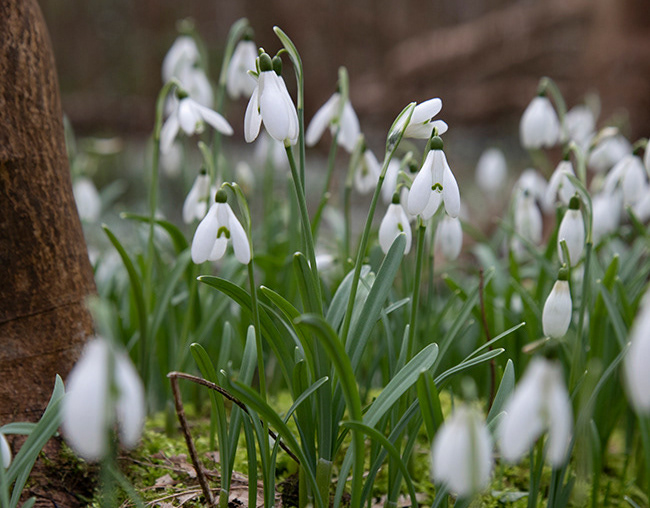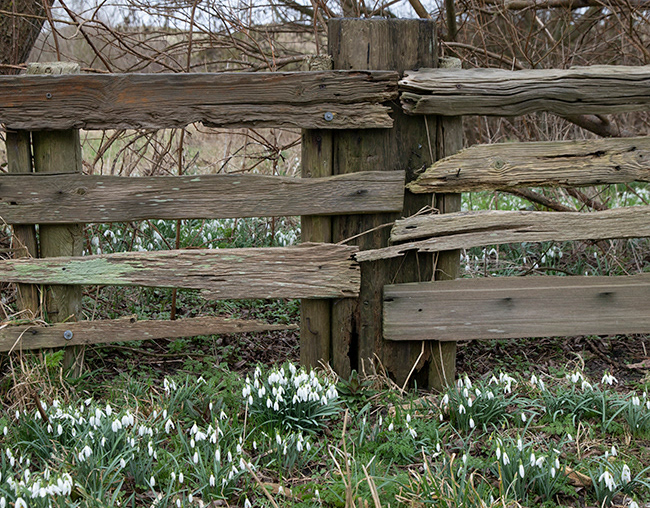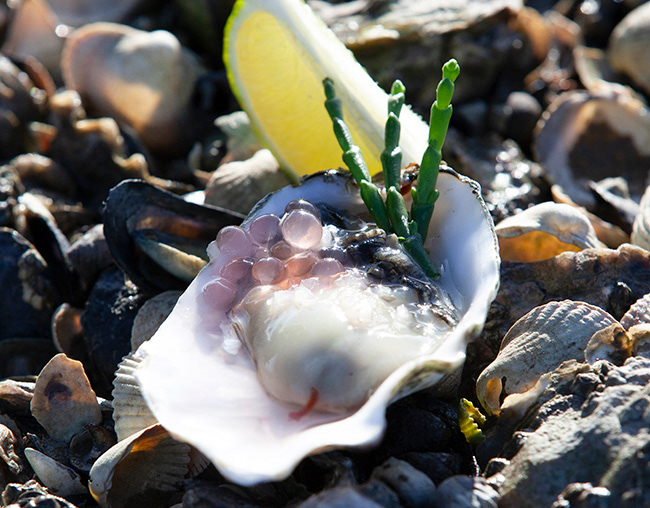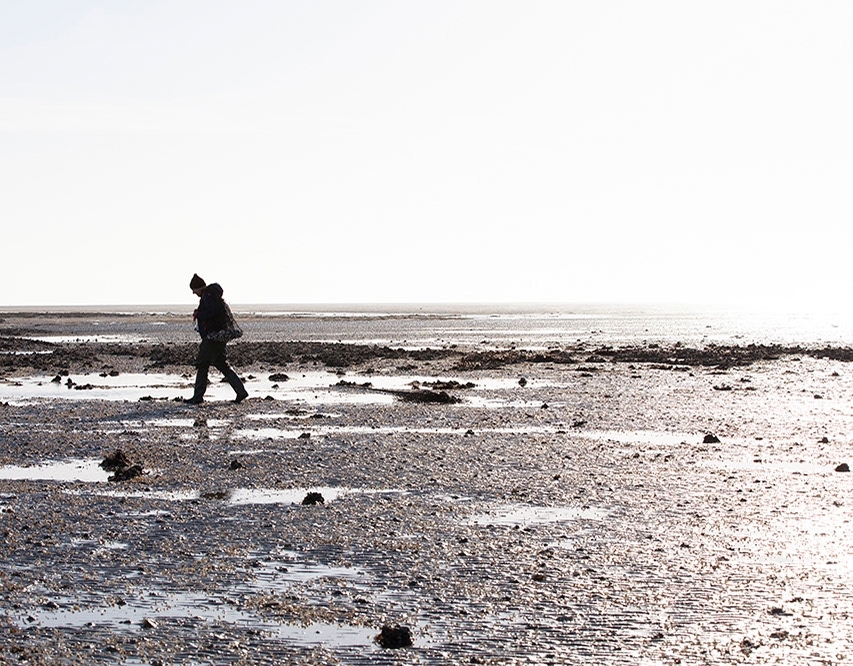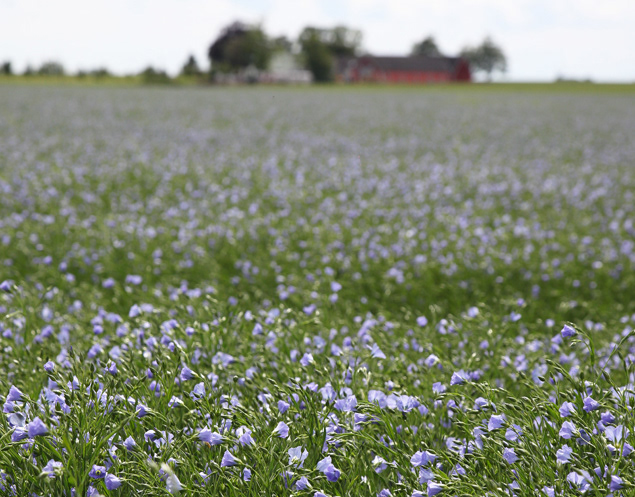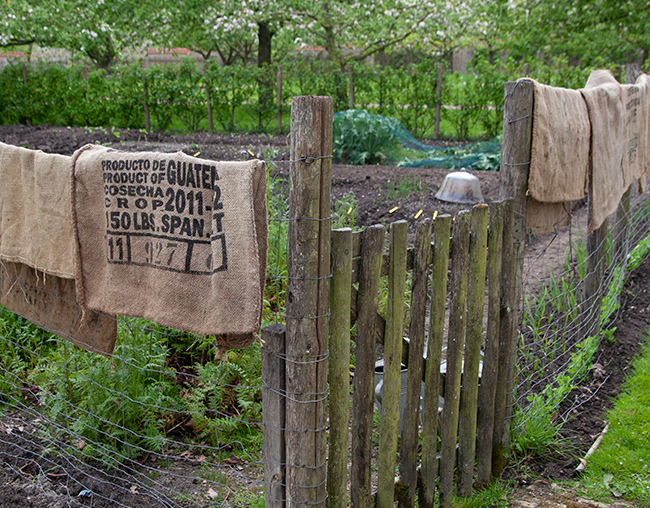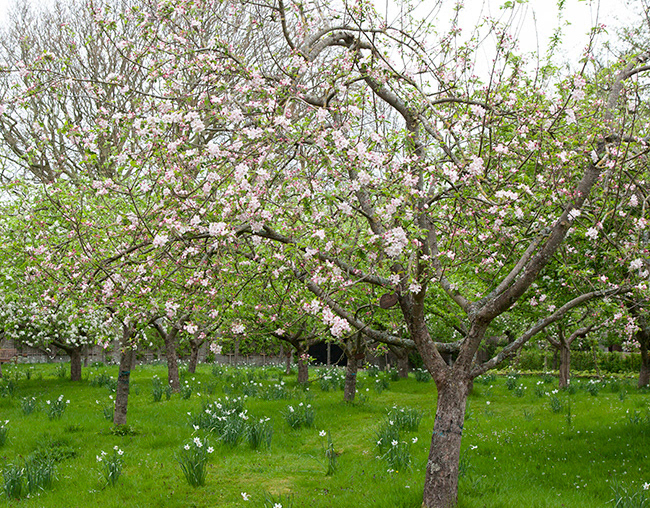photography & words: © Anna Rubingh
Publication Seasons Magazine (Netherlands) 06-2023
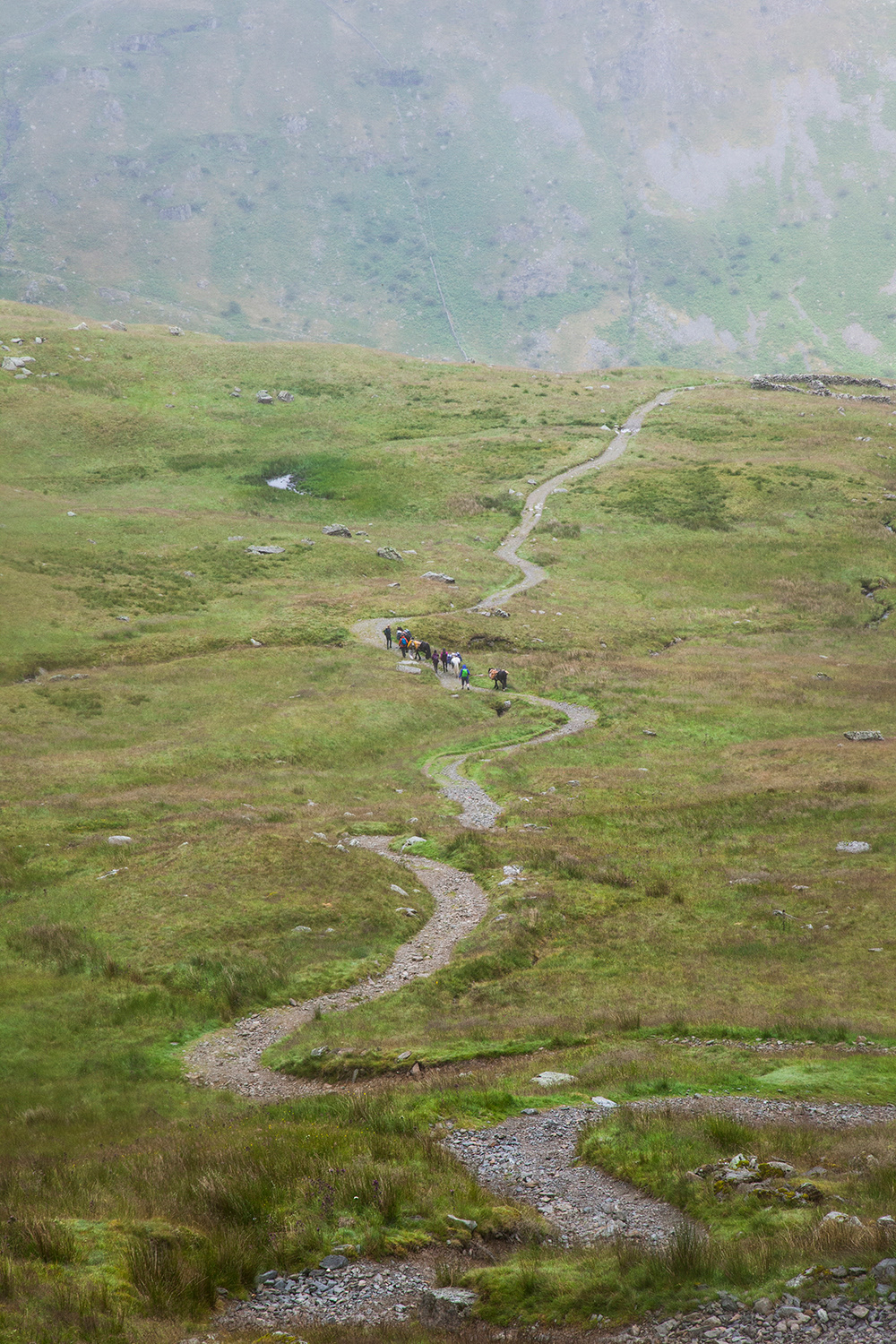
FP 001
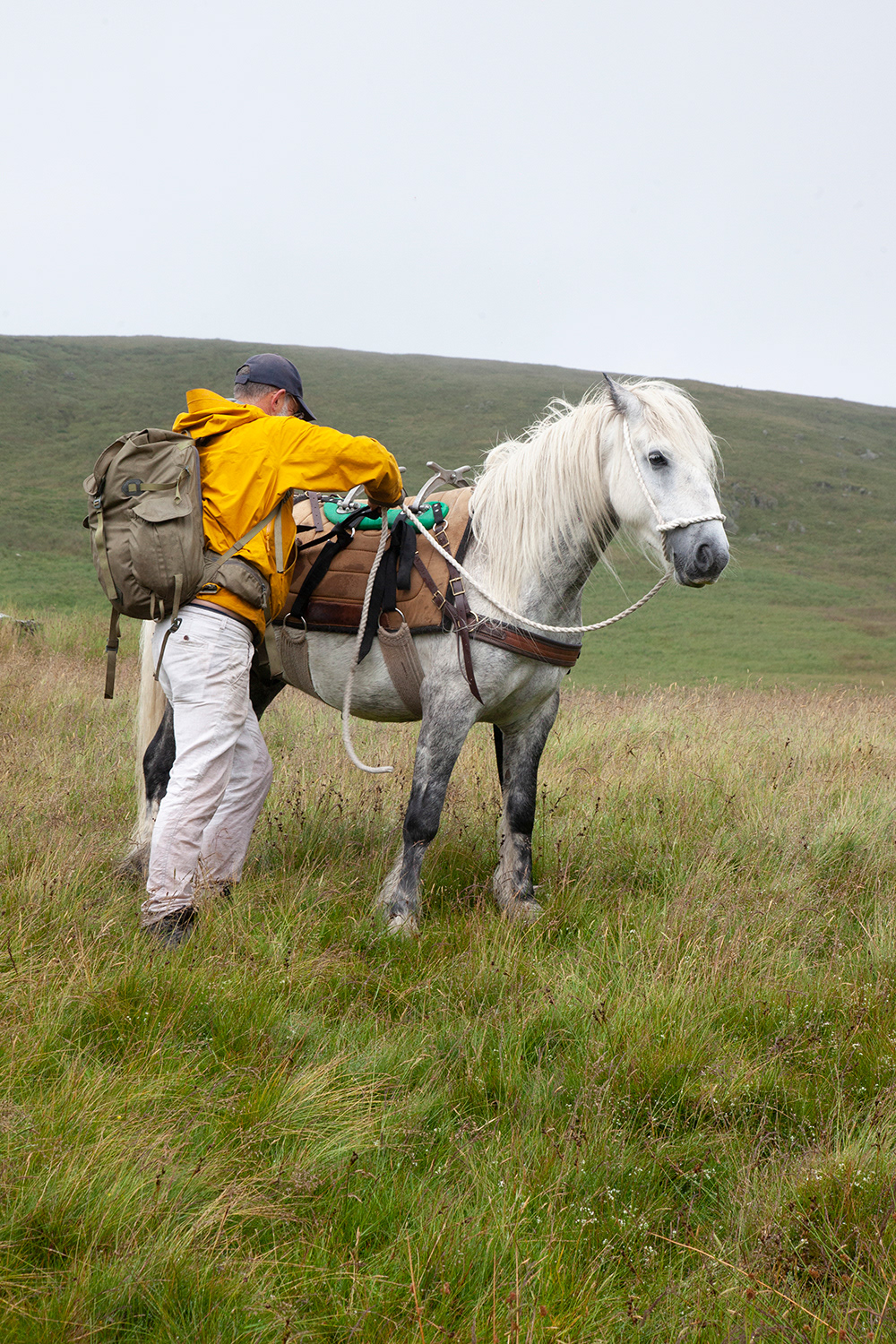
FP 002
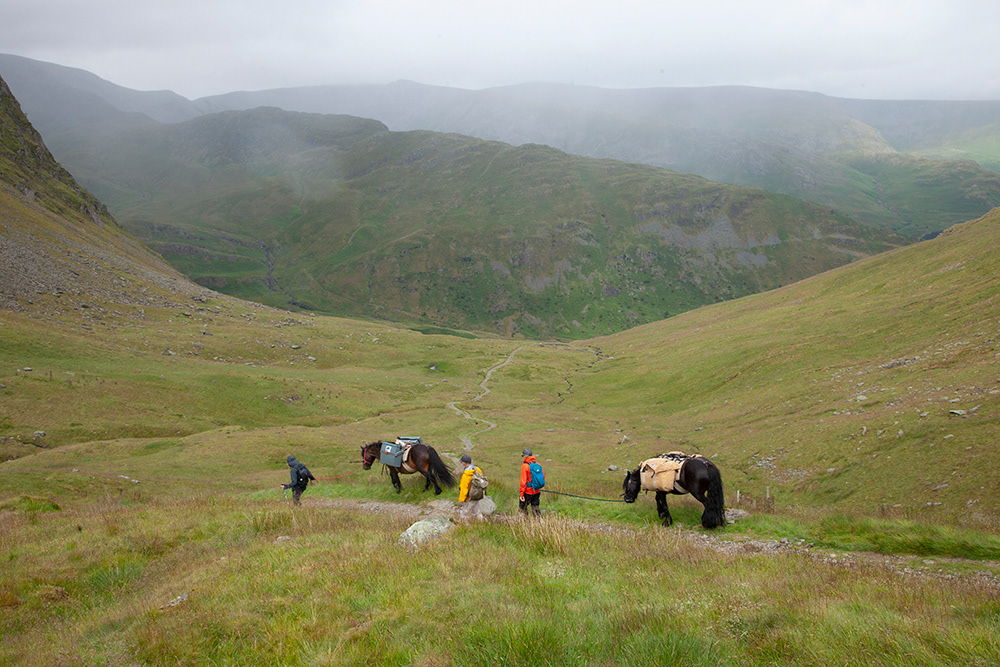
FP 003
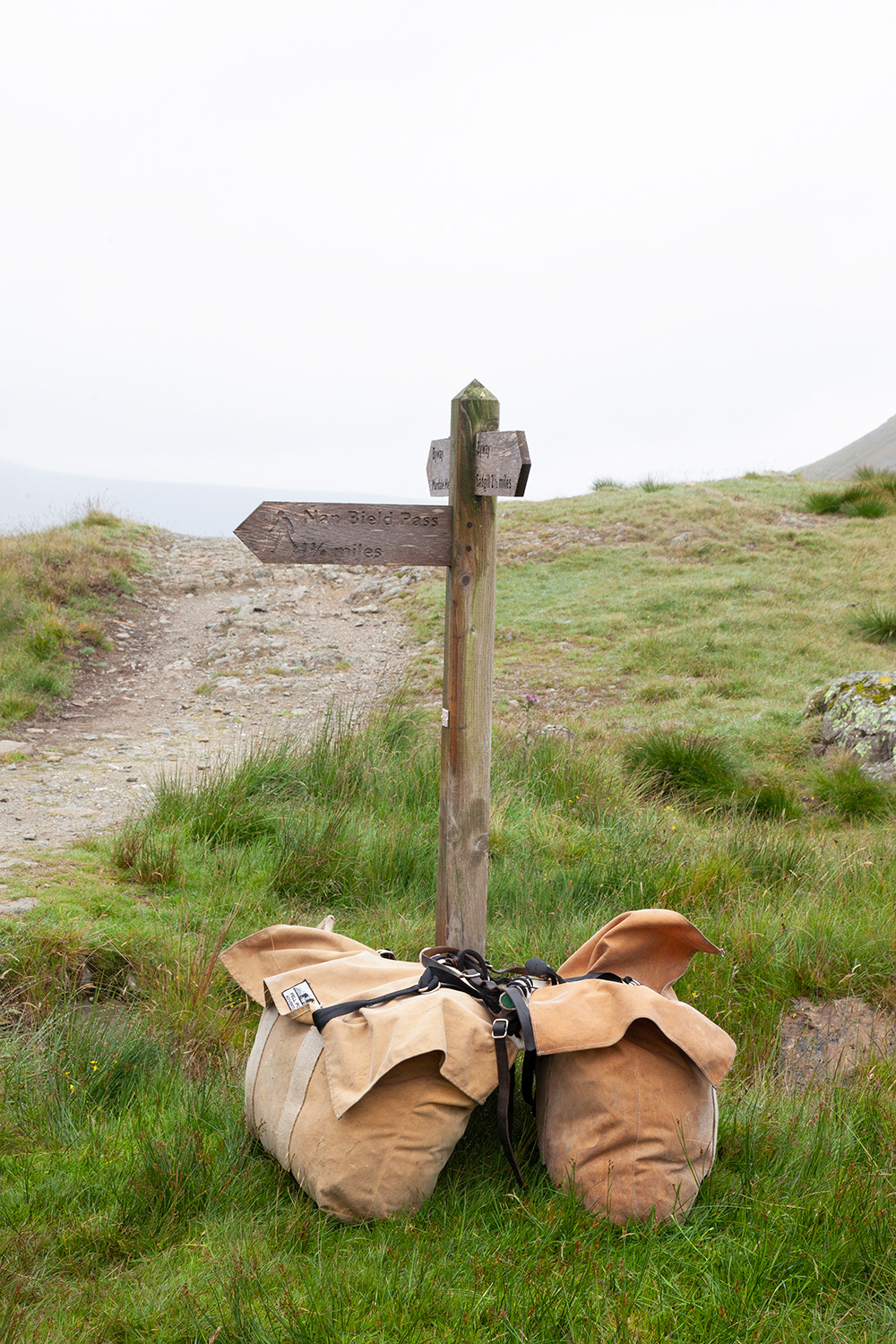
FP 004
The Lake District is home to a small remaining population of semi-feral Fell ponies. And while the region is famous and well visited for various reasons, the native semi-feral Fell ponies are, even to many locals, unknown. I meet Tom LLoyd who has made it his mission to teach people about these native ponies from the fells.
Tom organizes wild camping treks to hidden corners of the Lake District, using his own Fell ponies as pack ponies to carry everything needed for a few days on the wild fells. Meanwhile, he teaches his guests about Fell ponies, their history as pack and farm ponies and why it is important to preserve the remaining semi-wild herds on the Lake District fells.
Tom organizes wild camping treks to hidden corners of the Lake District, using his own Fell ponies as pack ponies to carry everything needed for a few days on the wild fells. Meanwhile, he teaches his guests about Fell ponies, their history as pack and farm ponies and why it is important to preserve the remaining semi-wild herds on the Lake District fells.
Fell ponies have roamed the Cumbrian fells for over centuries, but today the semi-wild herds are endangered for several reasons, mechanisation of agriculture, rewilding programs and aging hill breeders. Walking with pack ponies through their natural habitat is the perfect way to learn more about the ponies and their heritage, and a fantastic active short break in itself.
Walking with a pony through true Lake District wilderness and camping wild on the fells lets you connect with nature. And because it is a walking trek, experience with ponies is not necessary. At the end of a trek, everyone will have bonded with their pony, each other, and the wild Lake District fells.
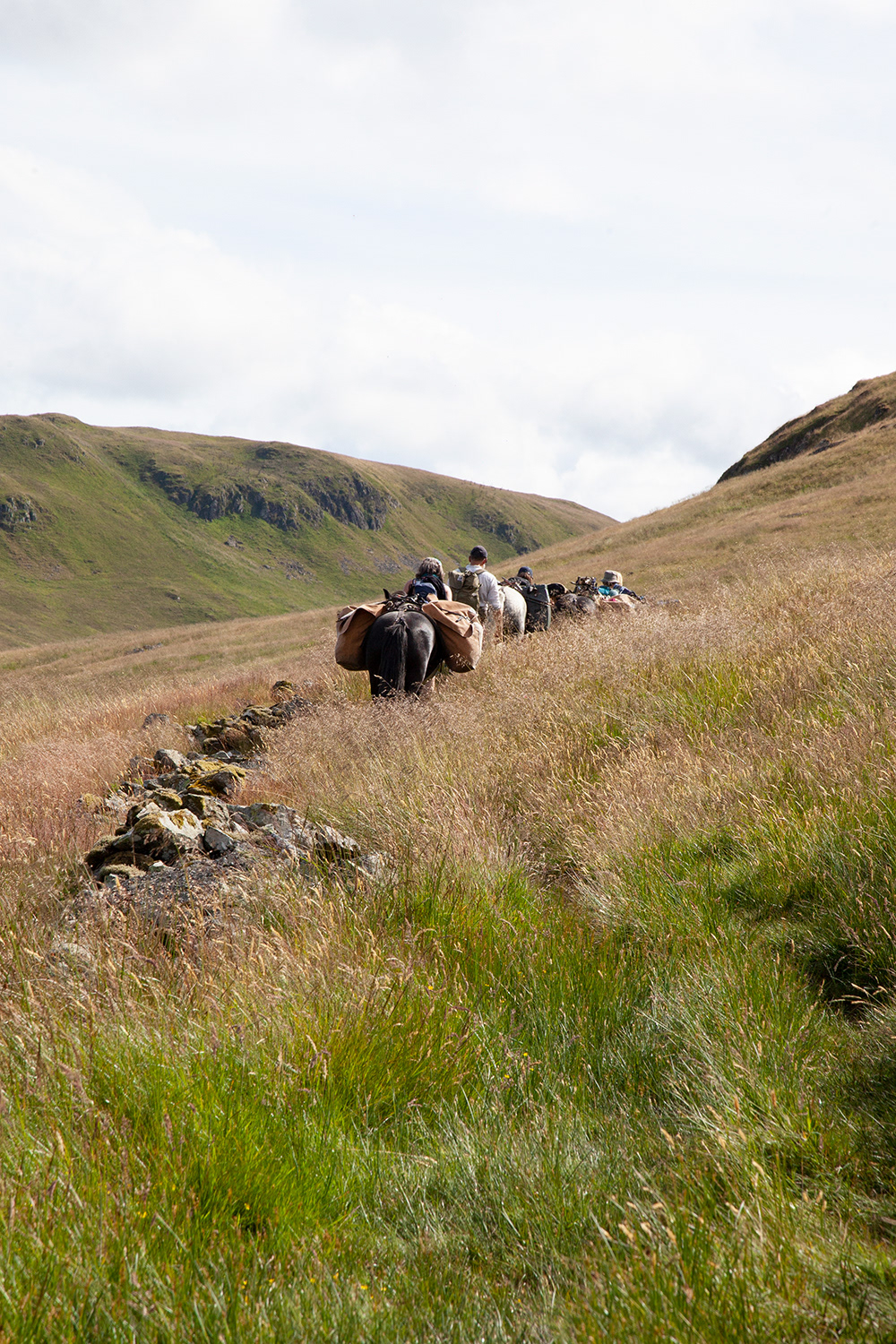
FP 005
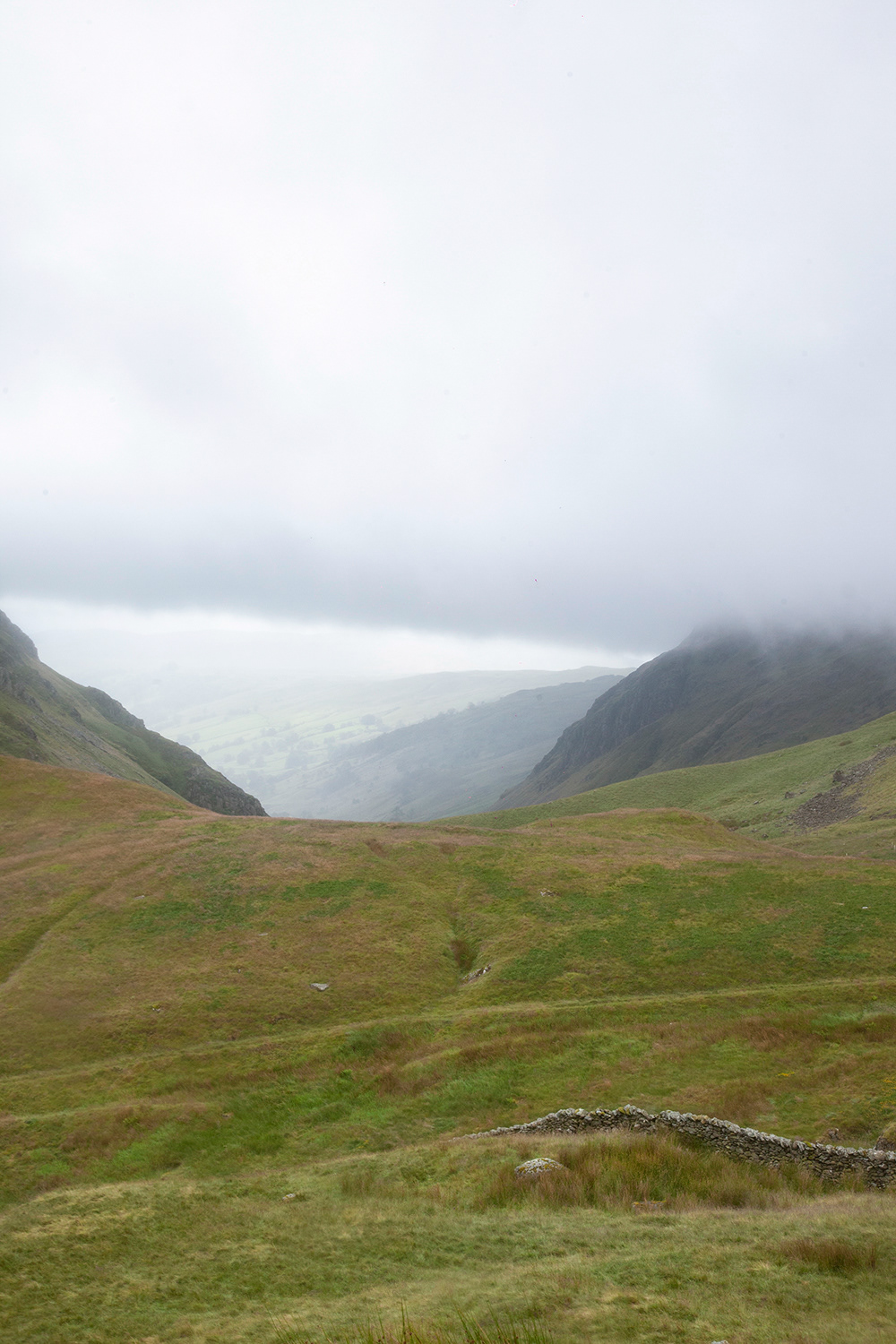
FP 006
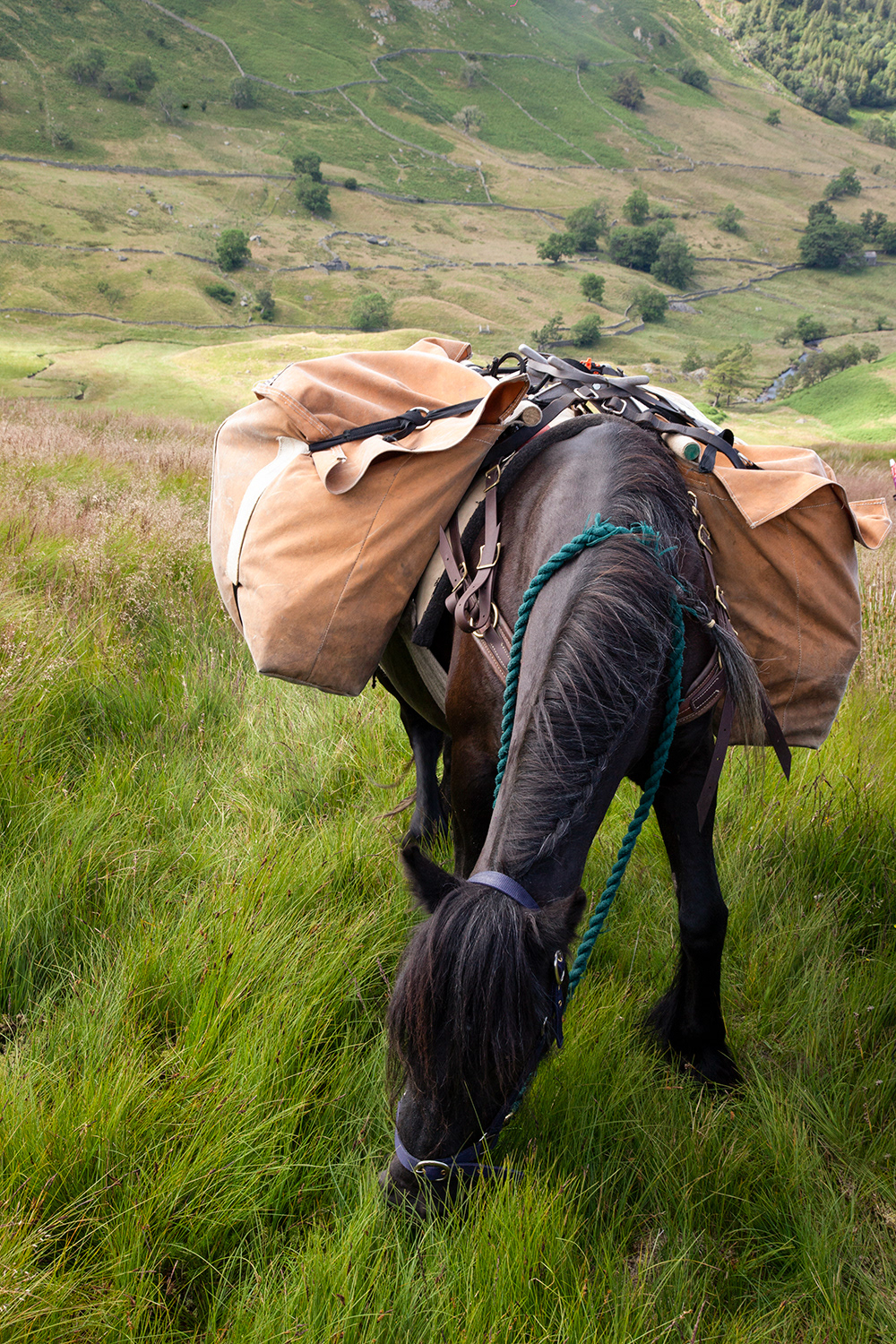
FP 007
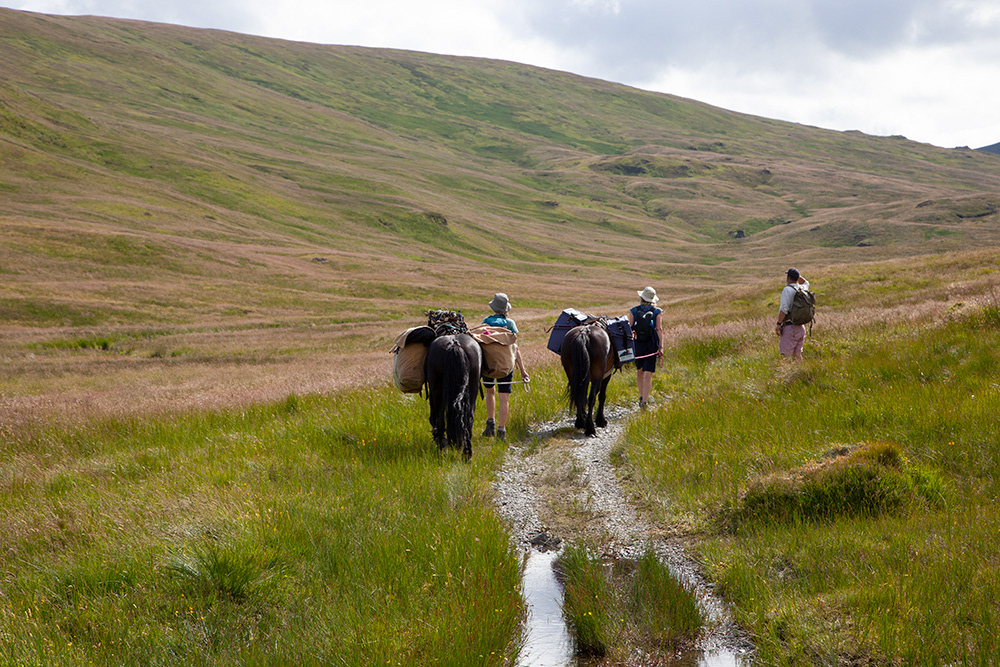
FP 008
It is a beautiful summer's day when I meet Tom LLoyd and his fell ponies in the English Lake District, the natural habitat of the fell pony. Together with 4 other travellers and mountain guide Sue, we are going to trek through an English piece of wilderness in the north of the Lake District. Tom's sturdy fell ponies will carry all the necessary camping equipment, tents, food for two days and everything needed to prepare it. "Wild camping trips with Fell Ponies to hidden corners of the English Lake District," promises Tom’s Fell Pony Adventures website, and that's exactly what it is, although it's hard to describe the feeling when you are out there, truly away from it all. Early in the morning, after a good night's sleep in base camp and a hearty breakfast, we set off into the wild. Tom's ponies packed with everything we'll need.
We walk along narrow paths that are sometimes nothing more than a path made by sheep. "Fell ponies were used a lot as pack ponies," says Tom. "They carried stone and bales of wool through the rough terrain of the Lake District. As pack ponies, on their backs, because the terrain was too rough to transport things any other way." Tom grew up with fell ponies and took over his father's herd of Lake District fell ponies in 1994.
We make our way through the high summer grass, the ponies know exactly where they can and cannot go, even with the bags they carry on their back. “They are very good at it,” Tom assures us. Apart from the occasional hiker, we don't see anyone, and the scenery is breathtakingly beautiful wherever you look.
Tom's passion is fell ponies. "There are still some semi-wild herds on the fells here in the Lake District," he says, "but they are in danger of extinction. The generation of breeders who keep them like that, on the fells, is getting older and older and there are hardly any successors.” Tom has made it his mission to educate people about these traditional fell ponies, their history, and the importance of preserving the semi-wild herds on the fells of the Lake District.
"Because of their history as pack ponies, I came up with the idea of organising these treks. This way my ponies do the work they traditionally did as pack ponies, and I can tell people about these special, hardy ponies from the fell." Tom's ponies are very well behaved, so you don't need to have any experience with horses, anyone can join in. "That's great to see," says Tom, "sometimes people are very reluctant to go with the ponies, but gradually you see how they gain more and more confidence in themselves and their pony and at the end of the trek they have become a real team." “You will have to watch where you are going though, you wouldn’t want a pony’s hoof standing on your feet, believe me,” he laughs.
We climb up, going through rocky streams and the ponies seem follow almost effortless. Once at the top, an amazing view awaits us at every climb and in every sort of weather those 2 days, in the middle of an English wilderness.
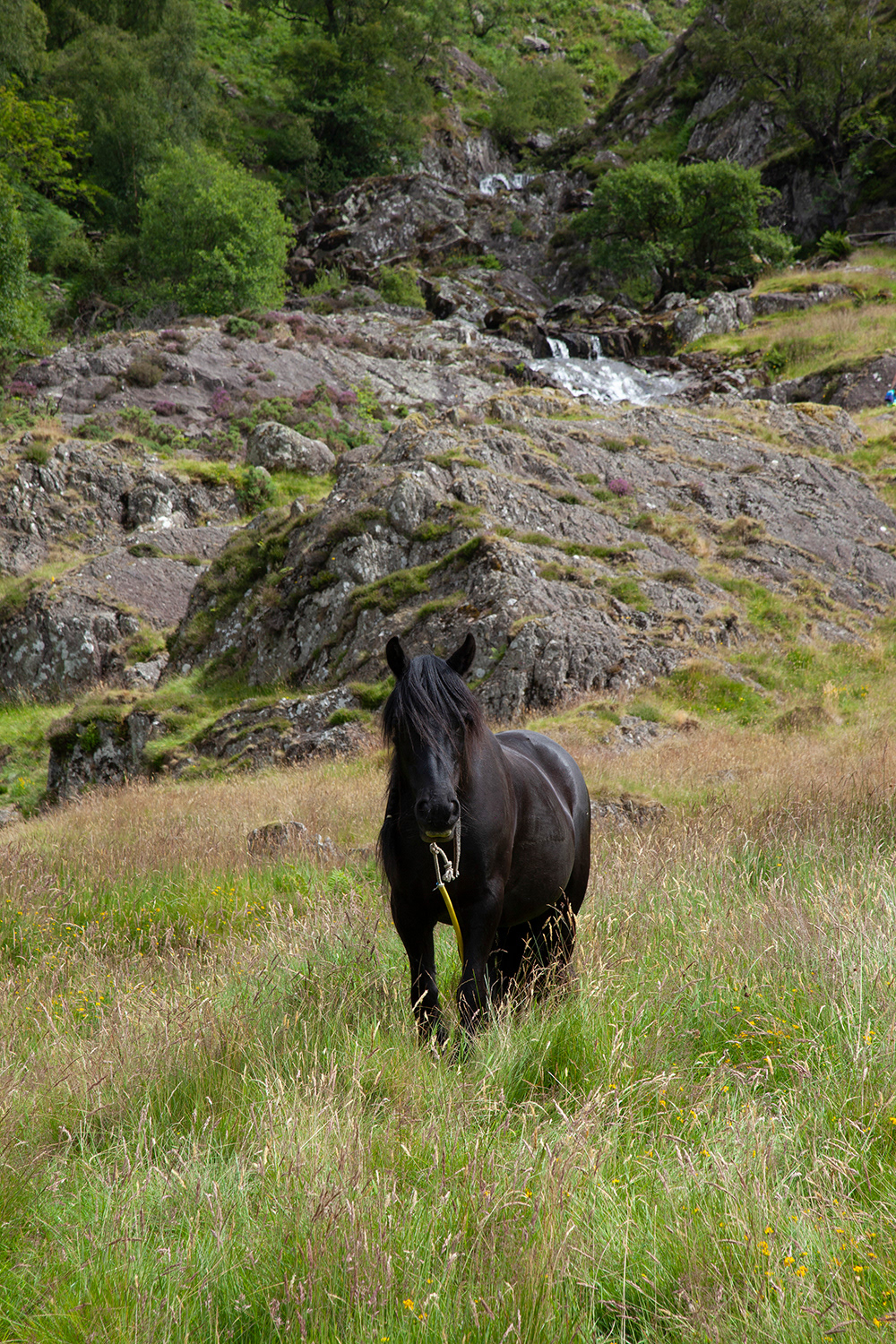
FP 009
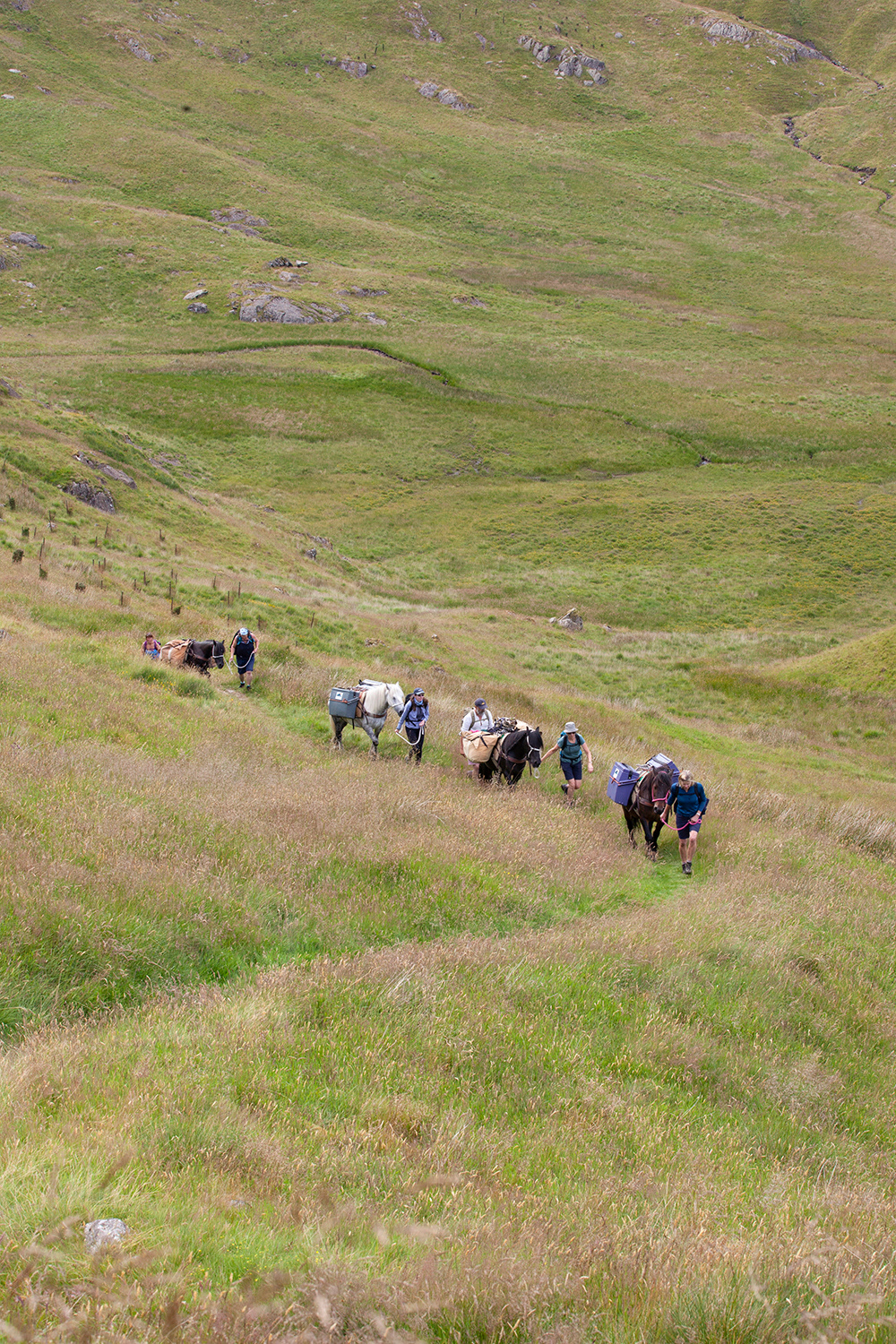
FP 010
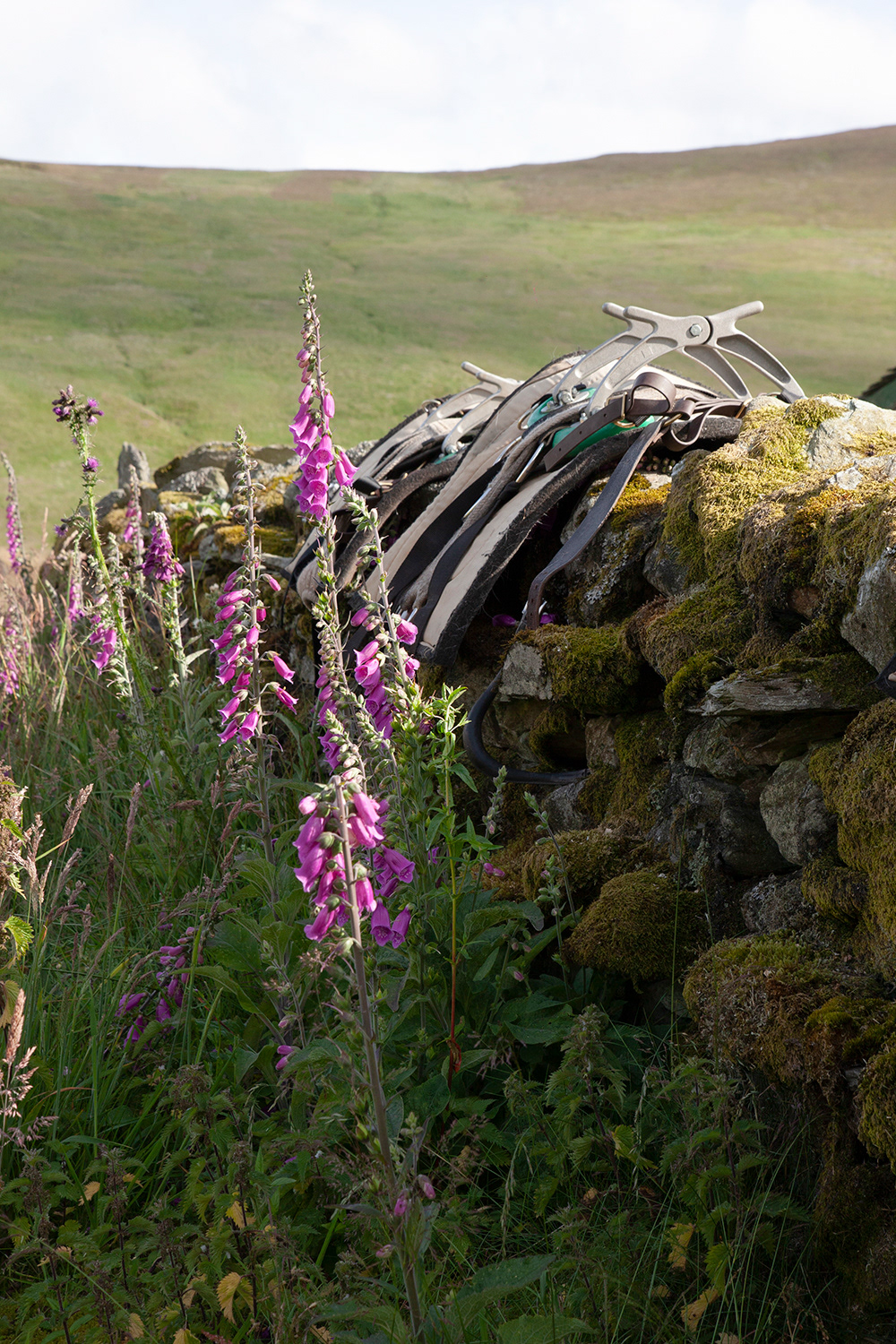
FP 011
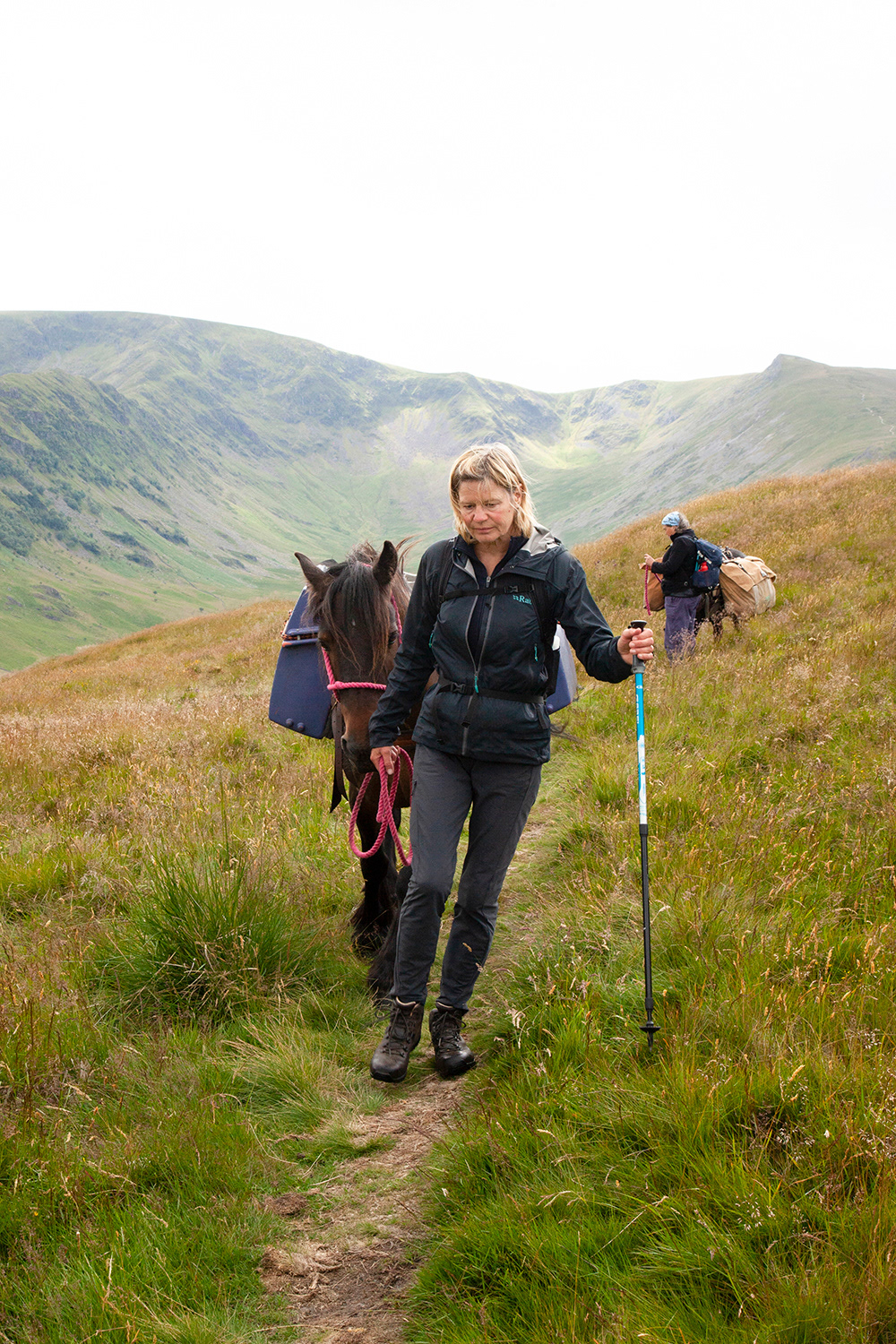
FP 012
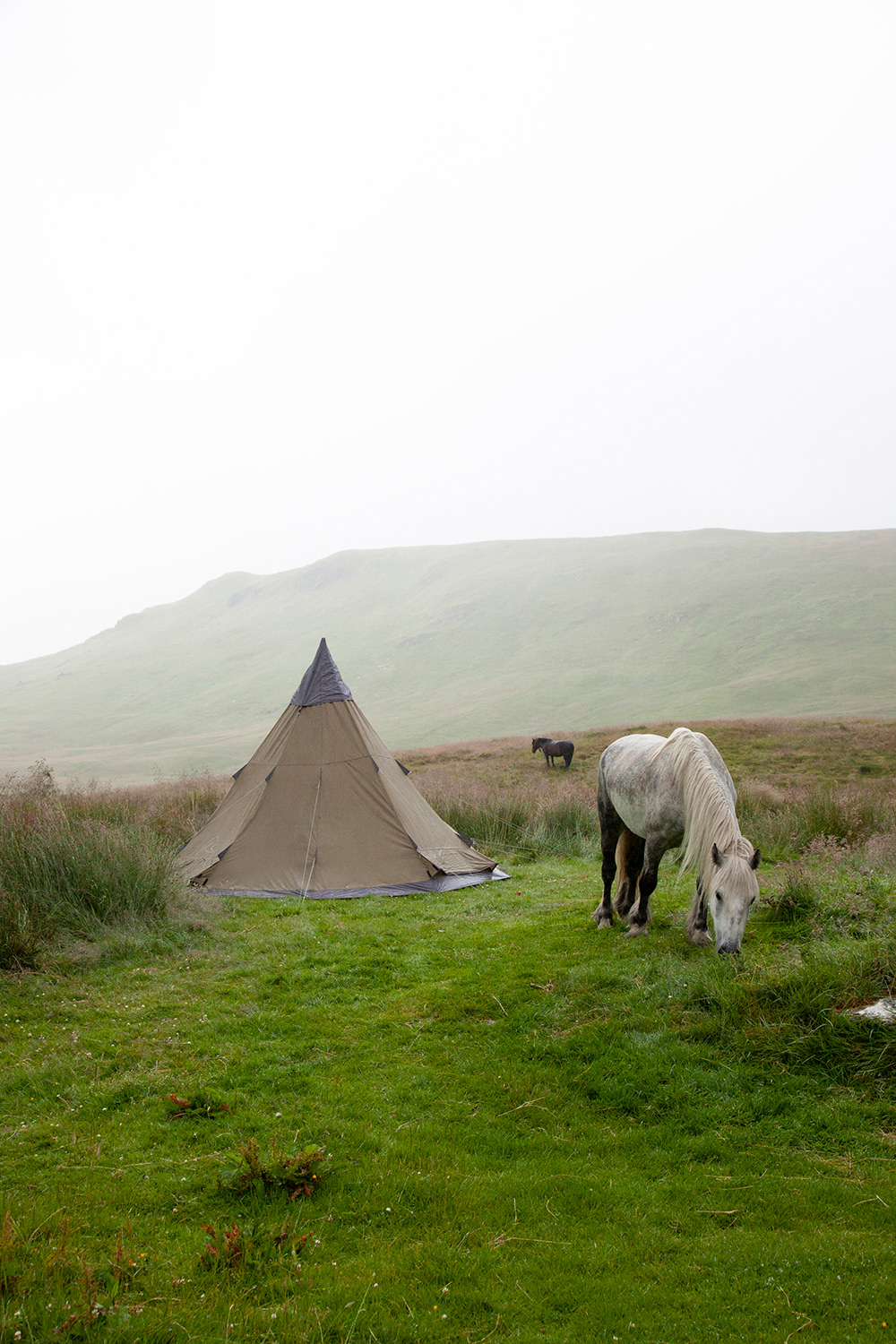
FP 013
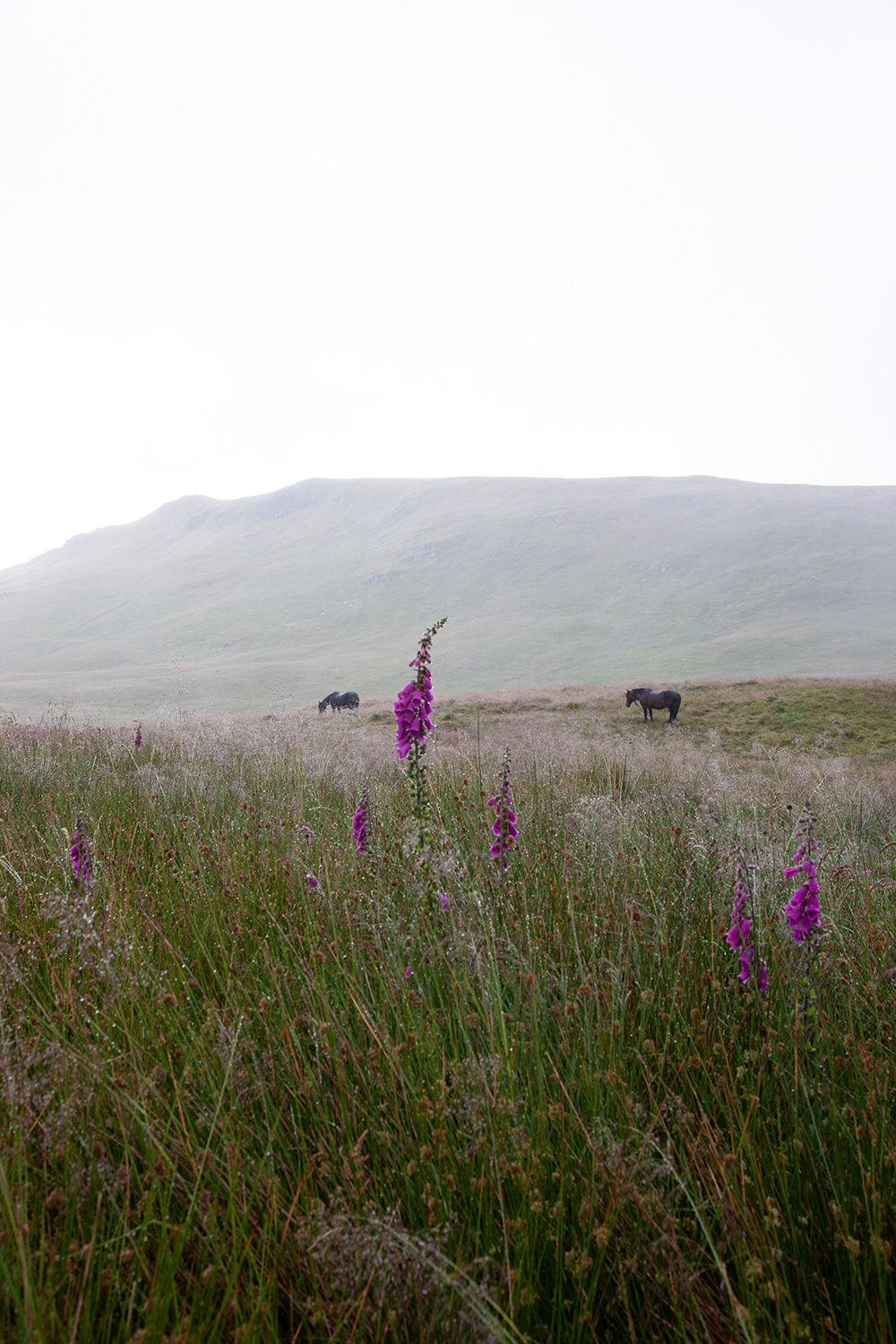
FP 014
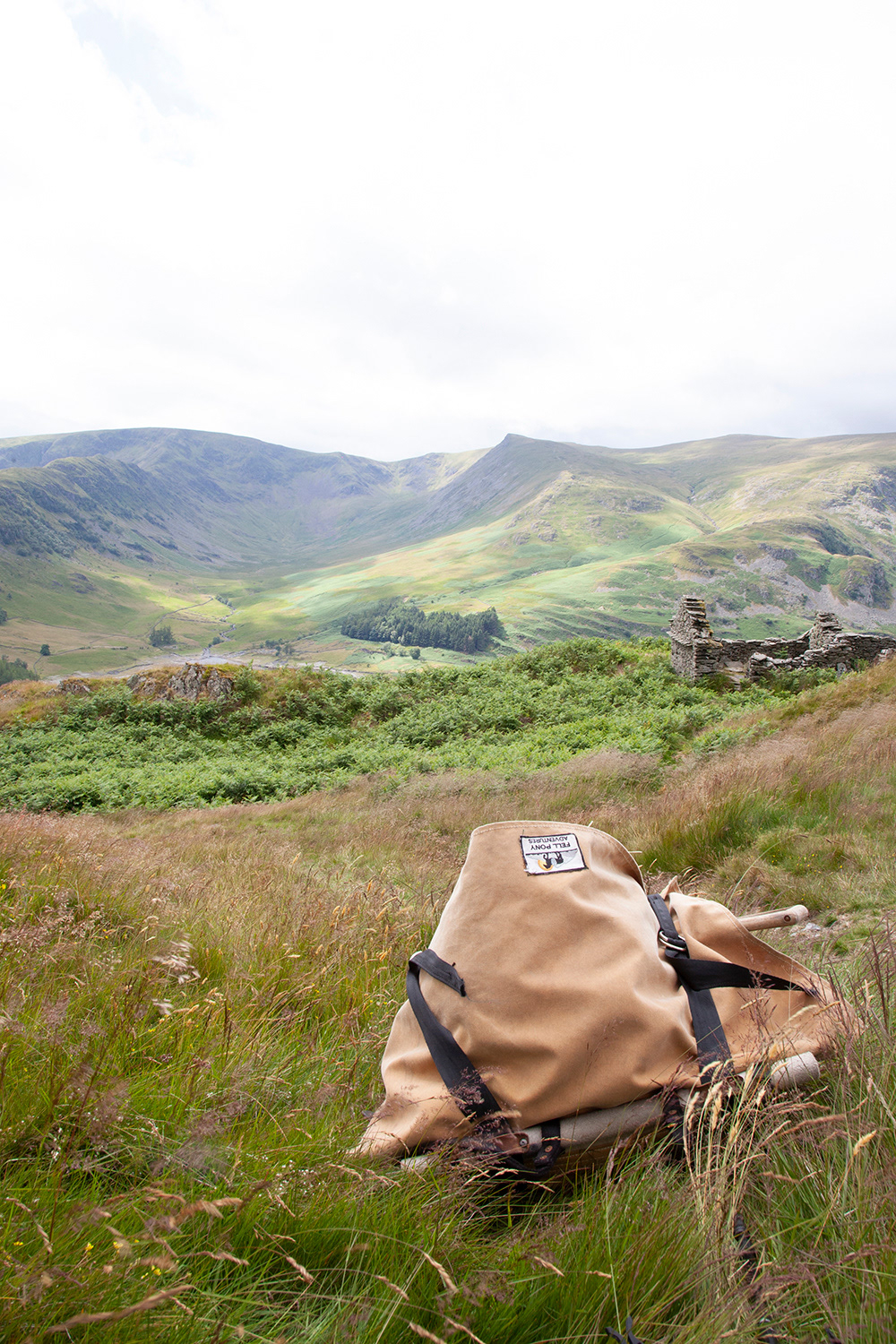
FP 015
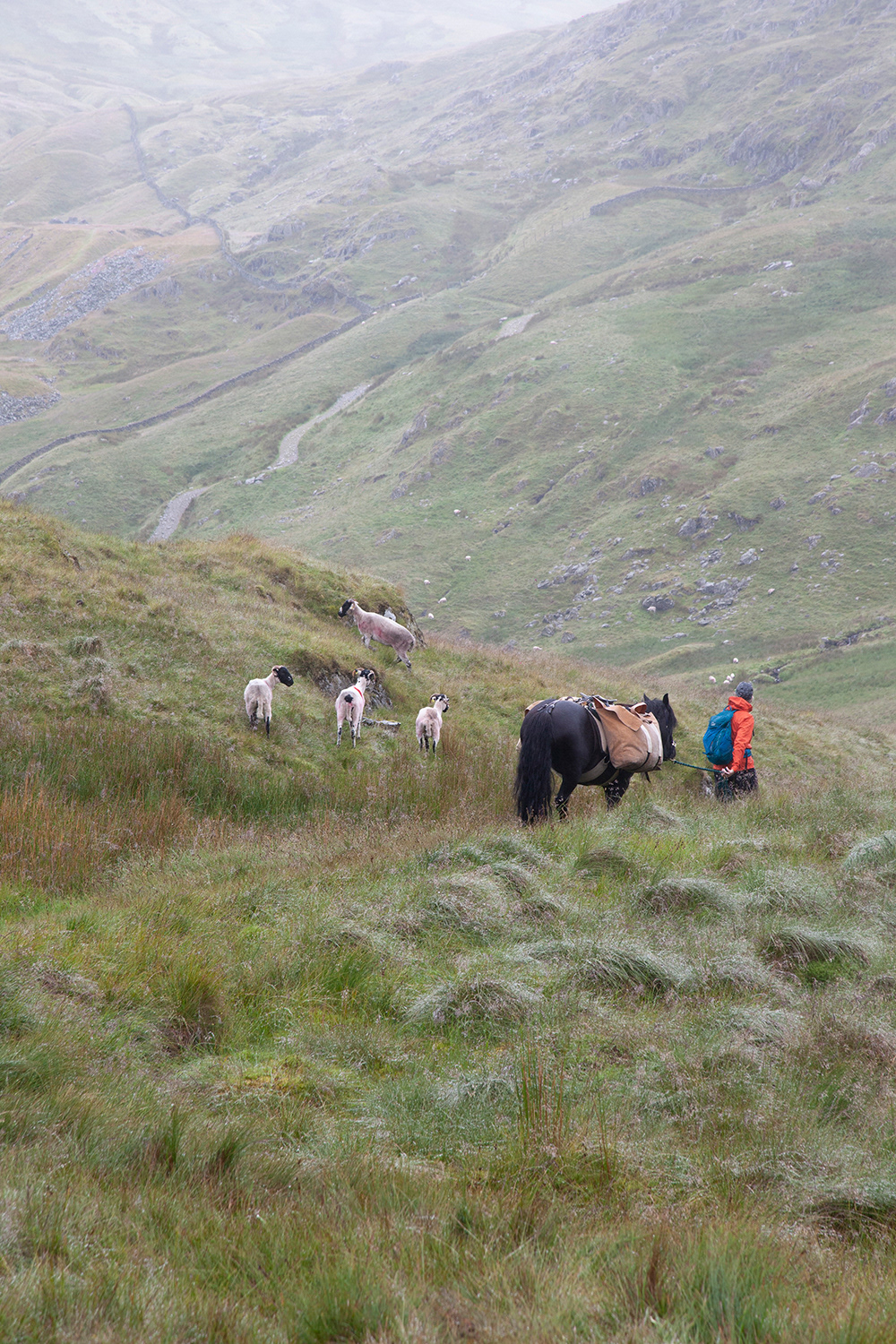
FP 016
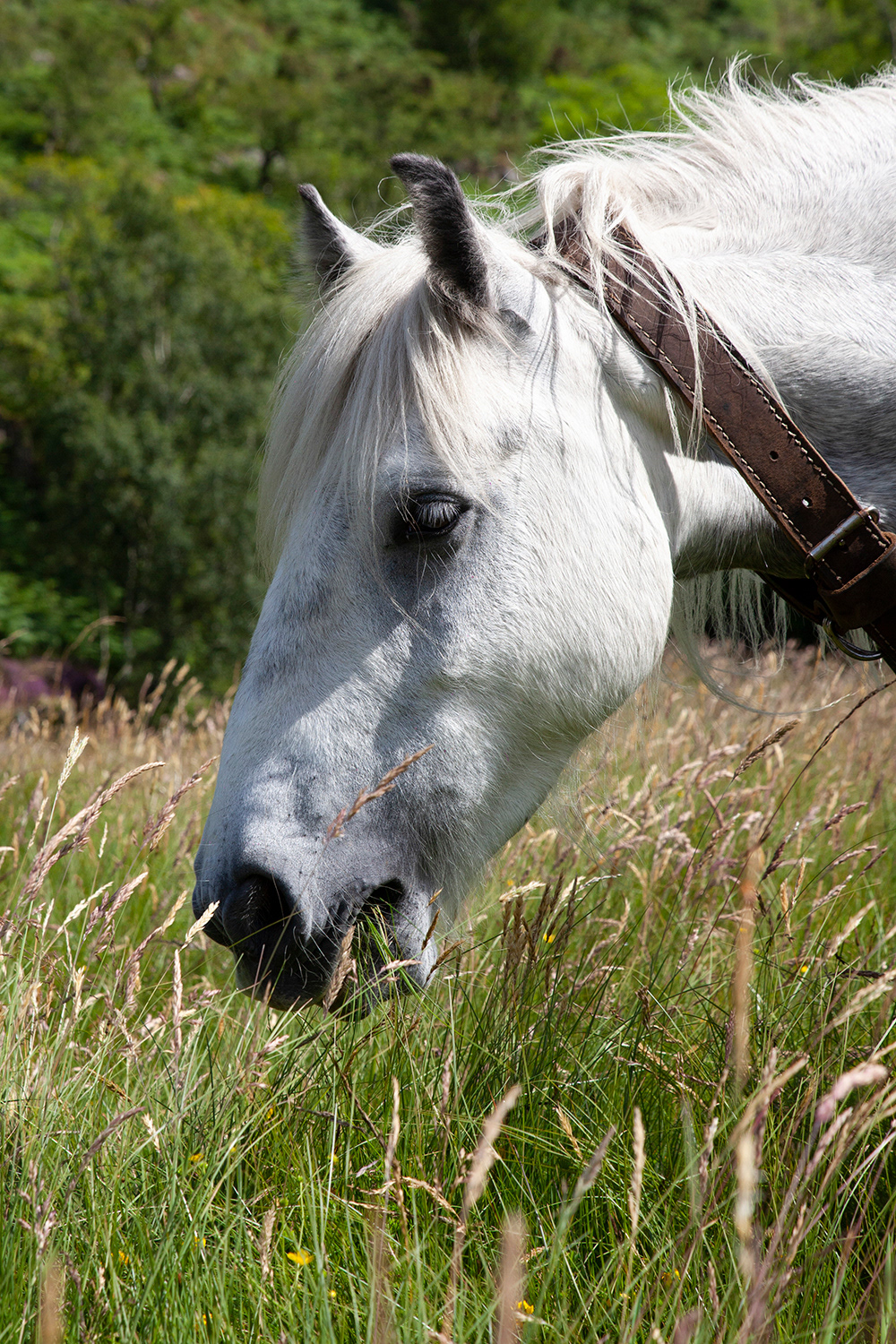
FP 017
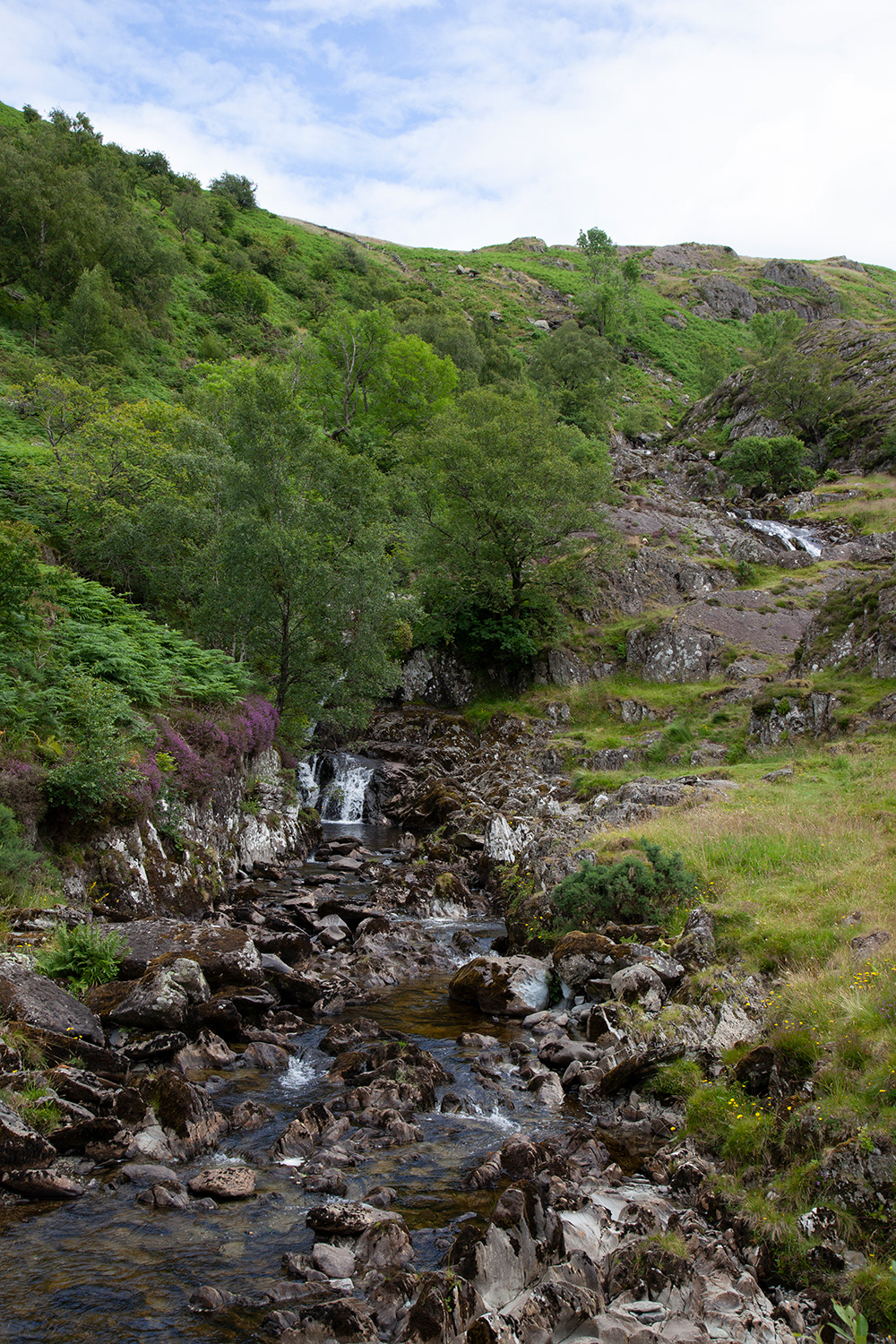
FP 018
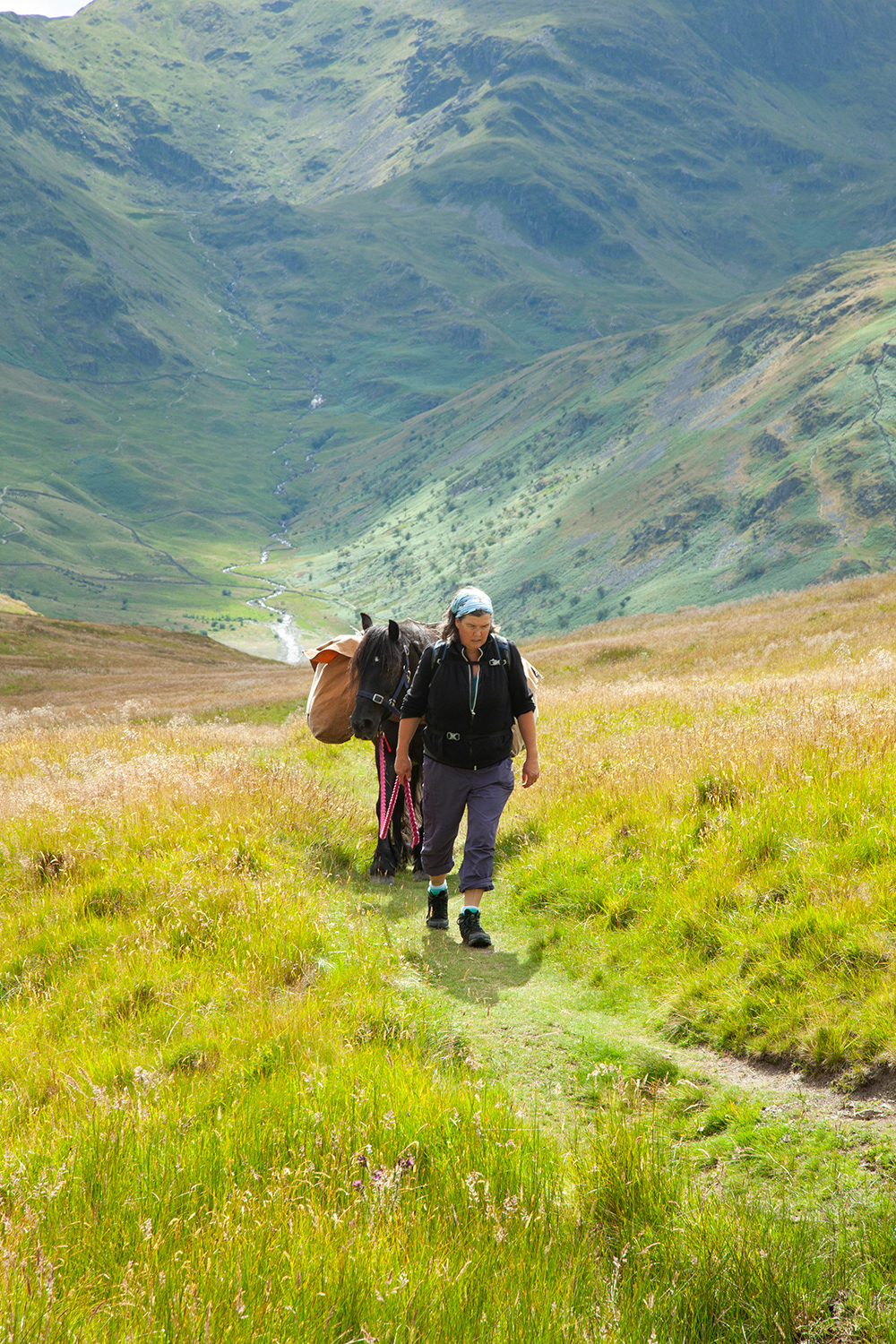
FP 019
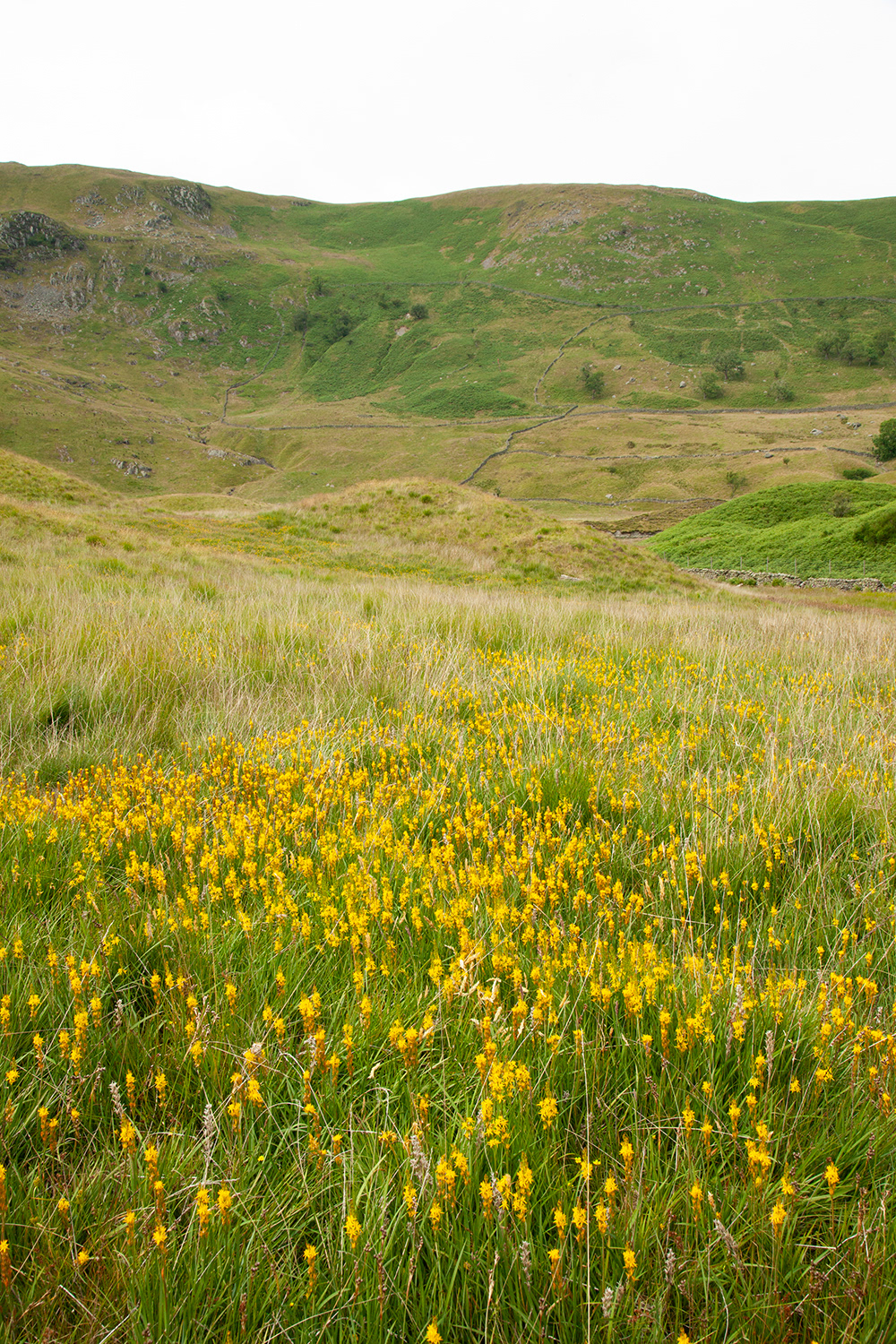
FP 020
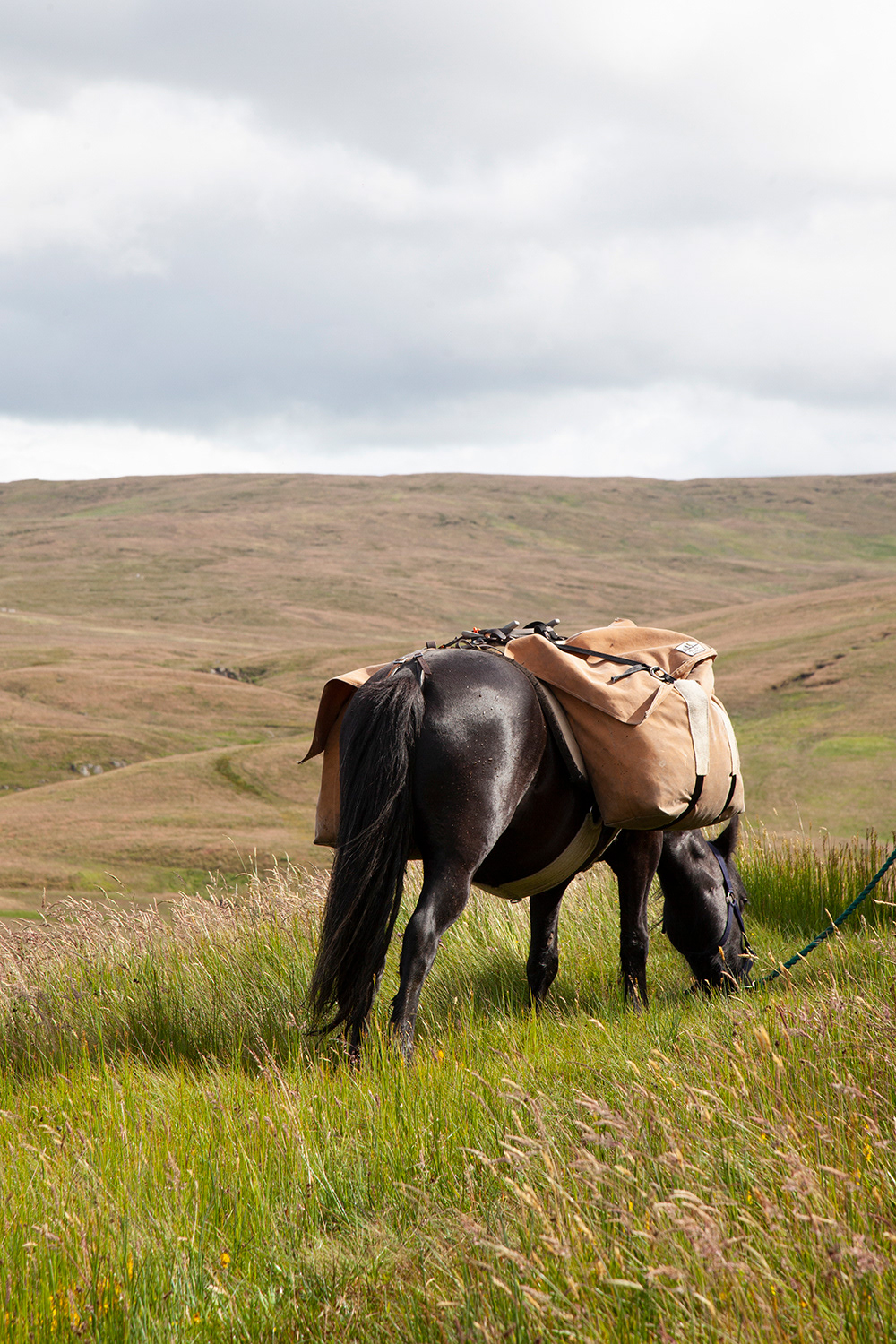
FP 021
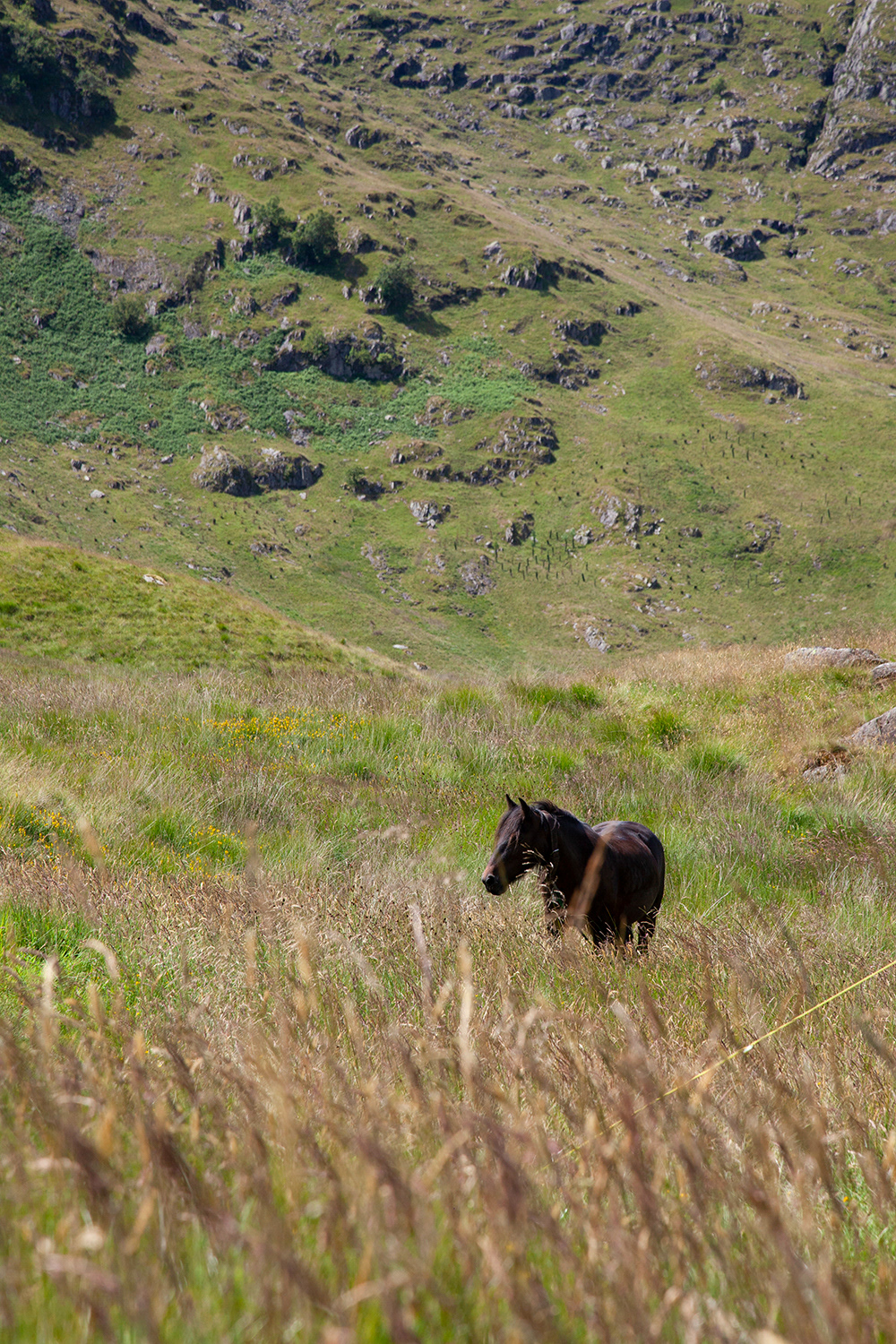
FP 022
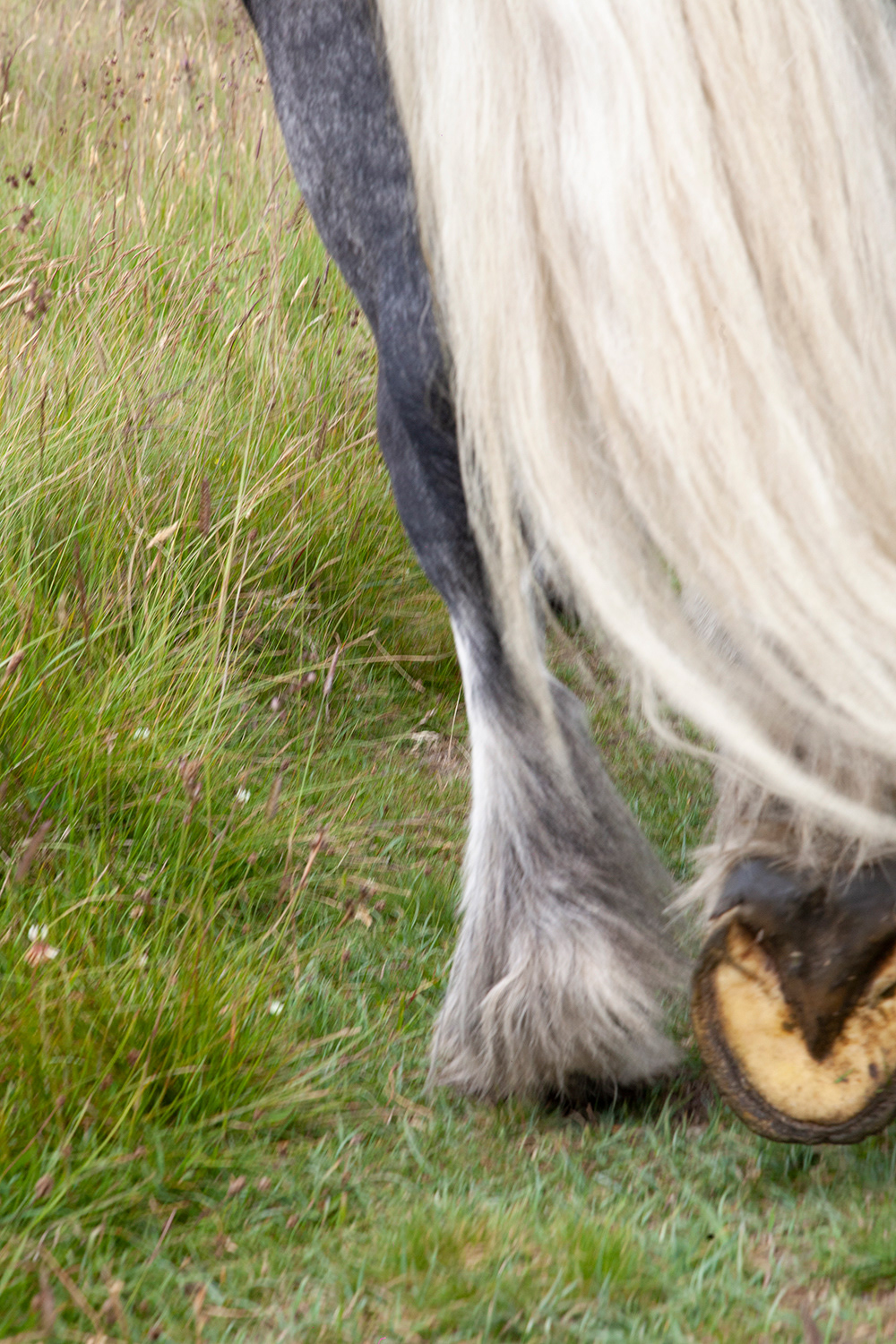
FP 023
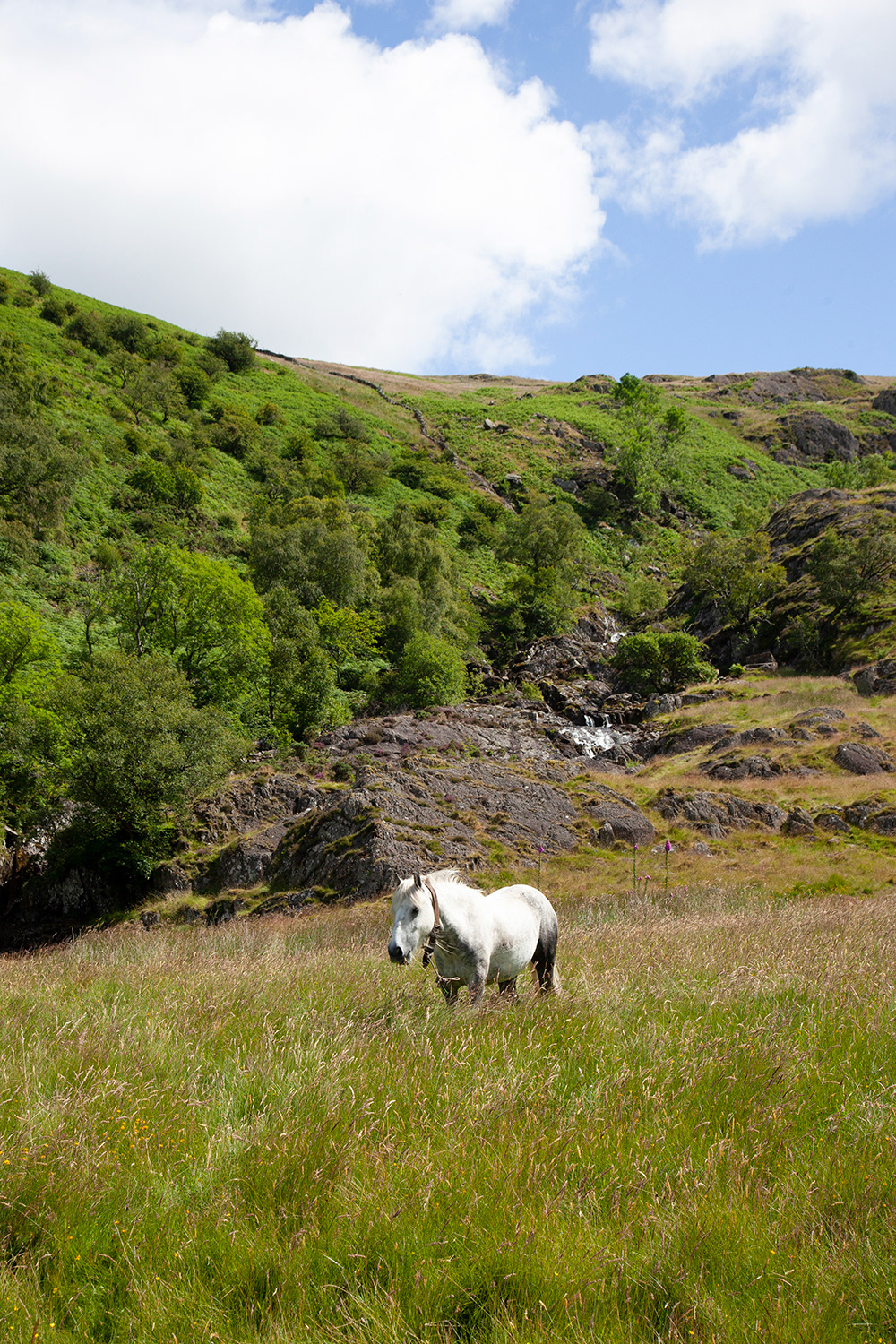
FP 024
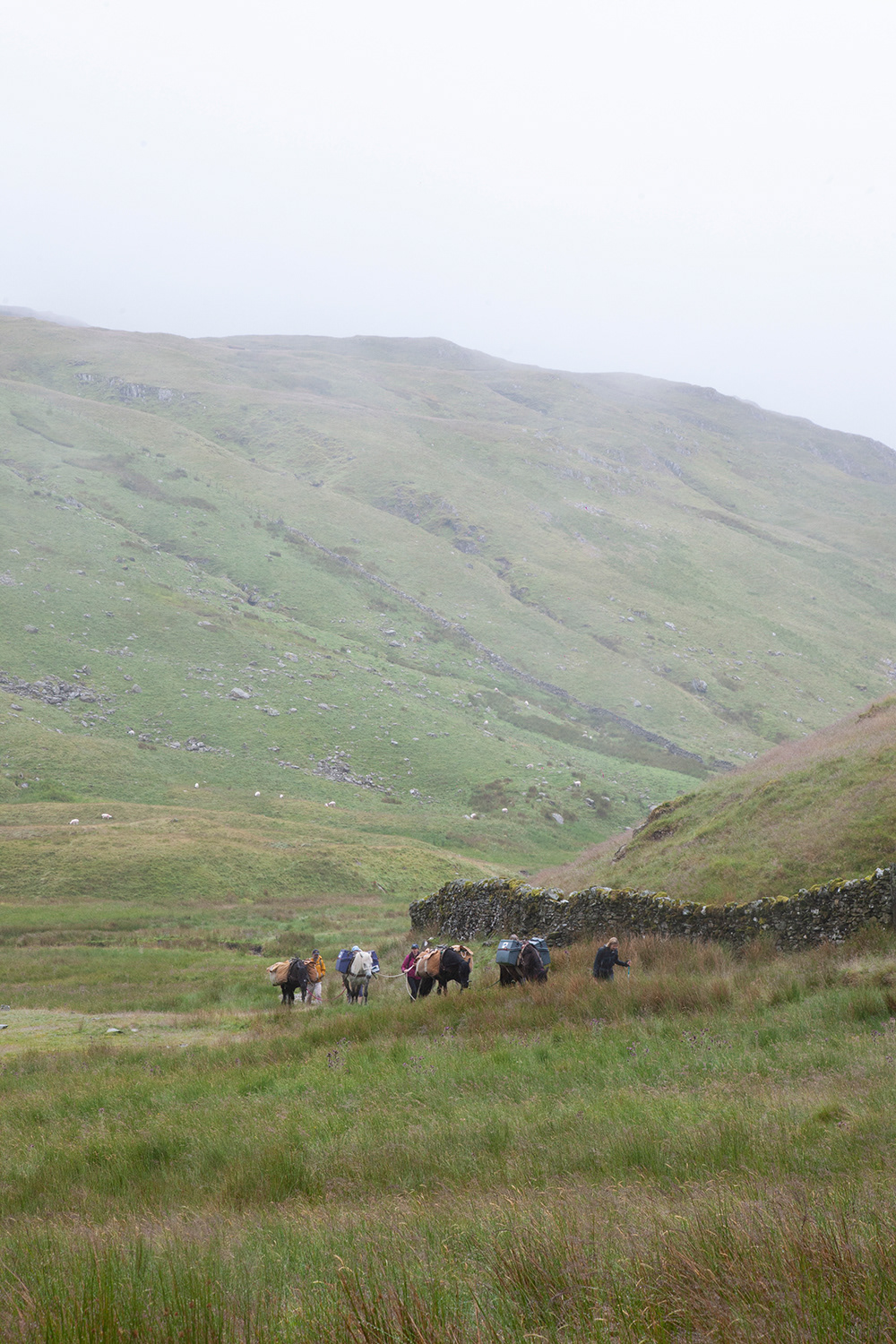
FP 025
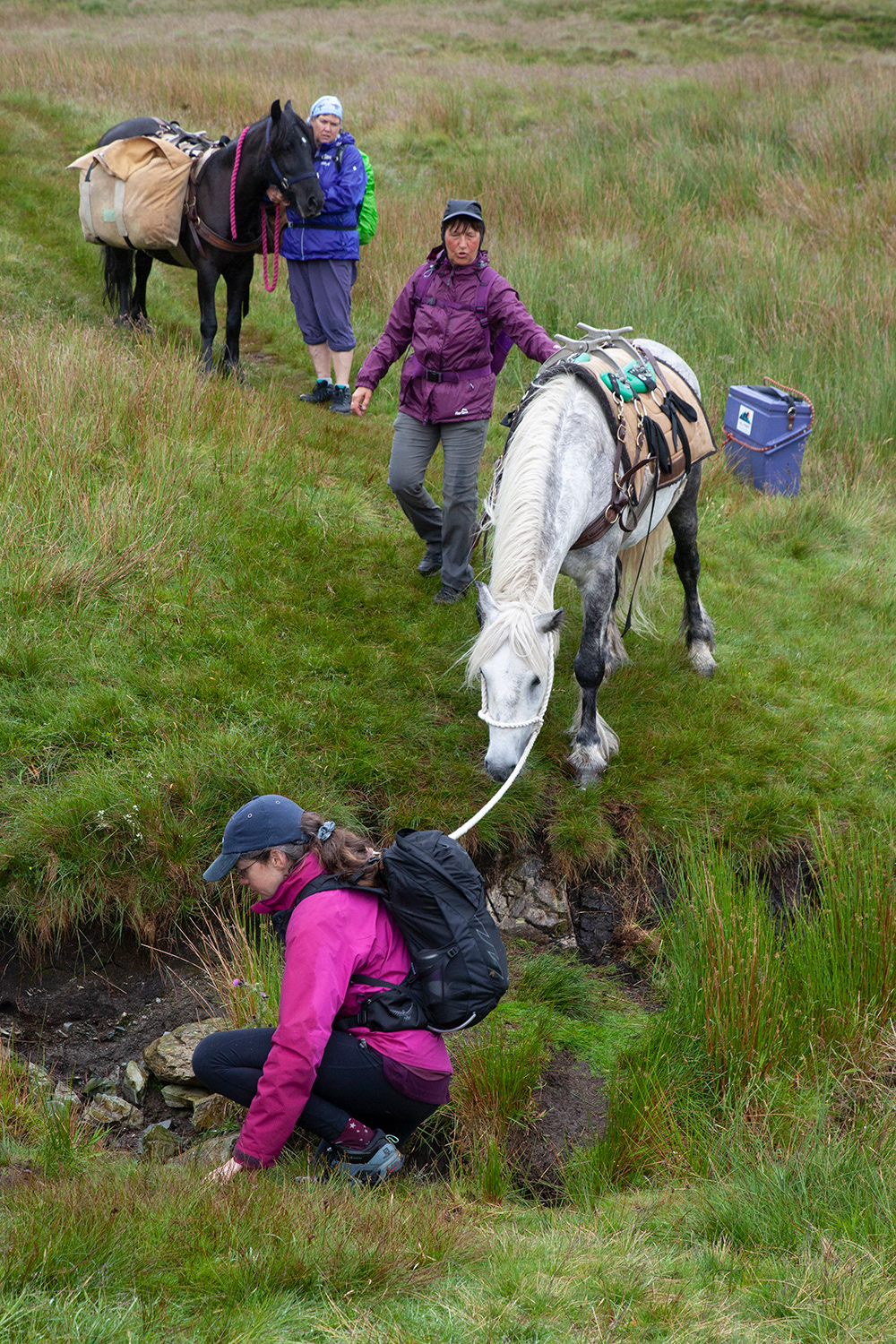
FP 026
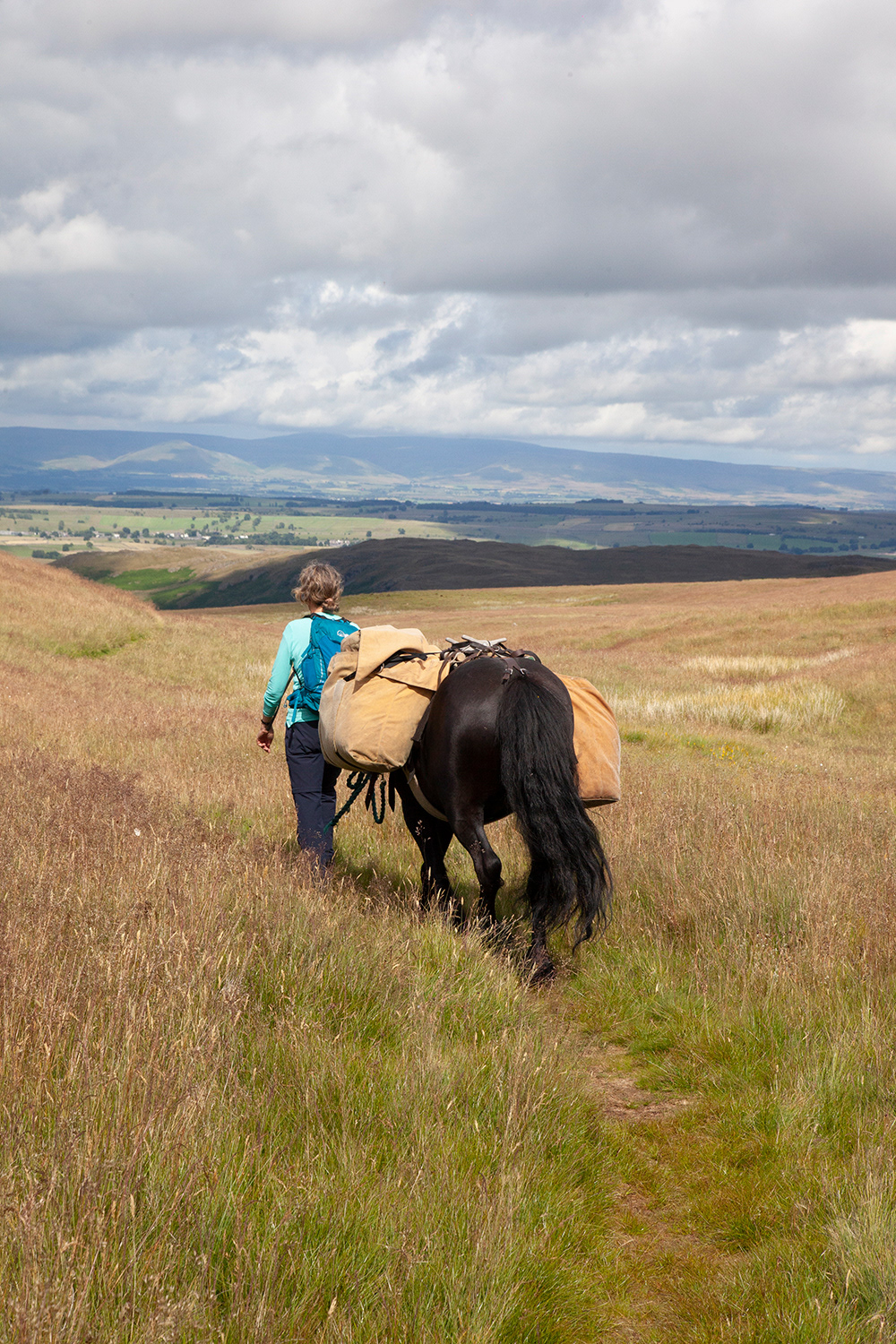
FP 027
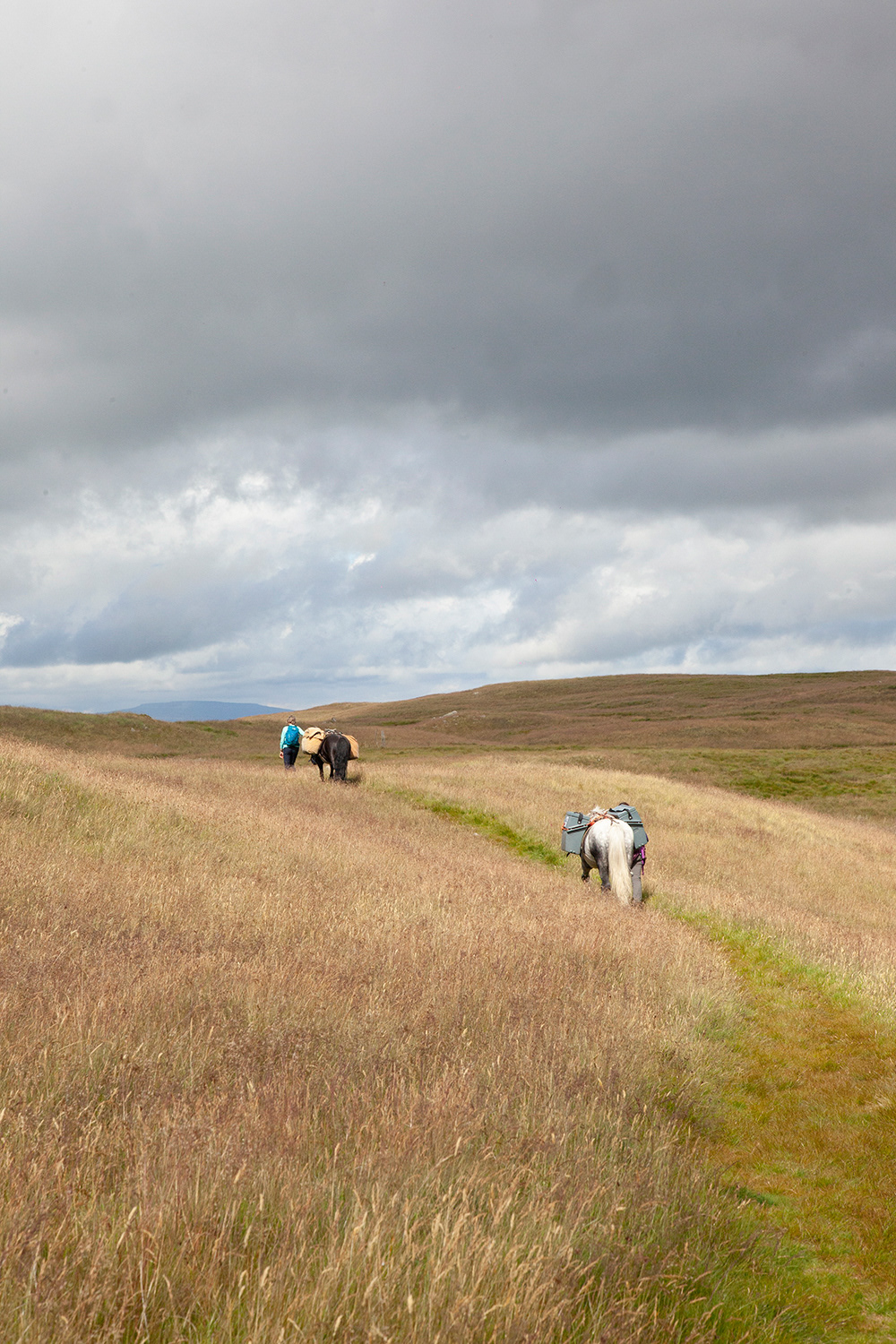
FP 028
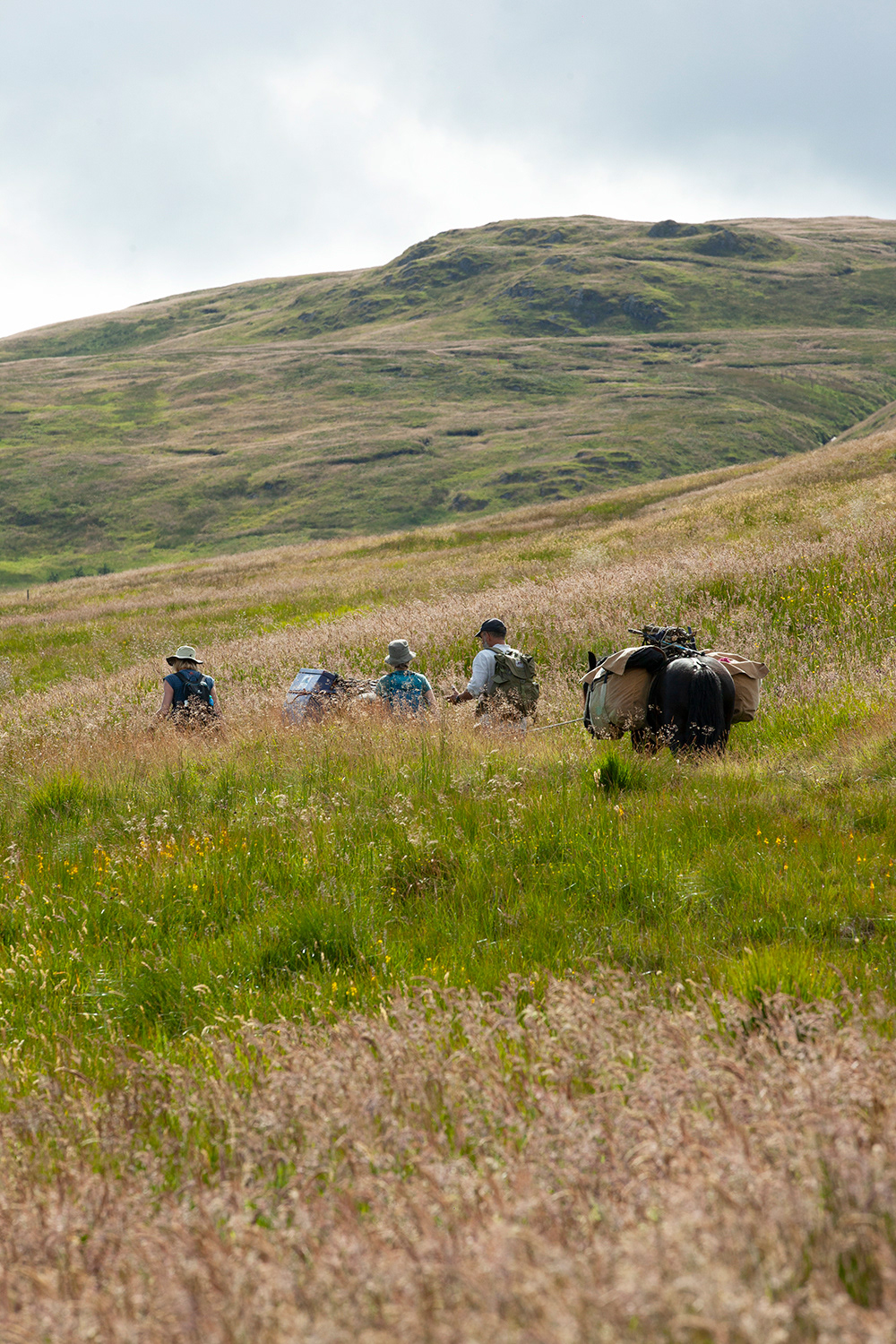
FP 029
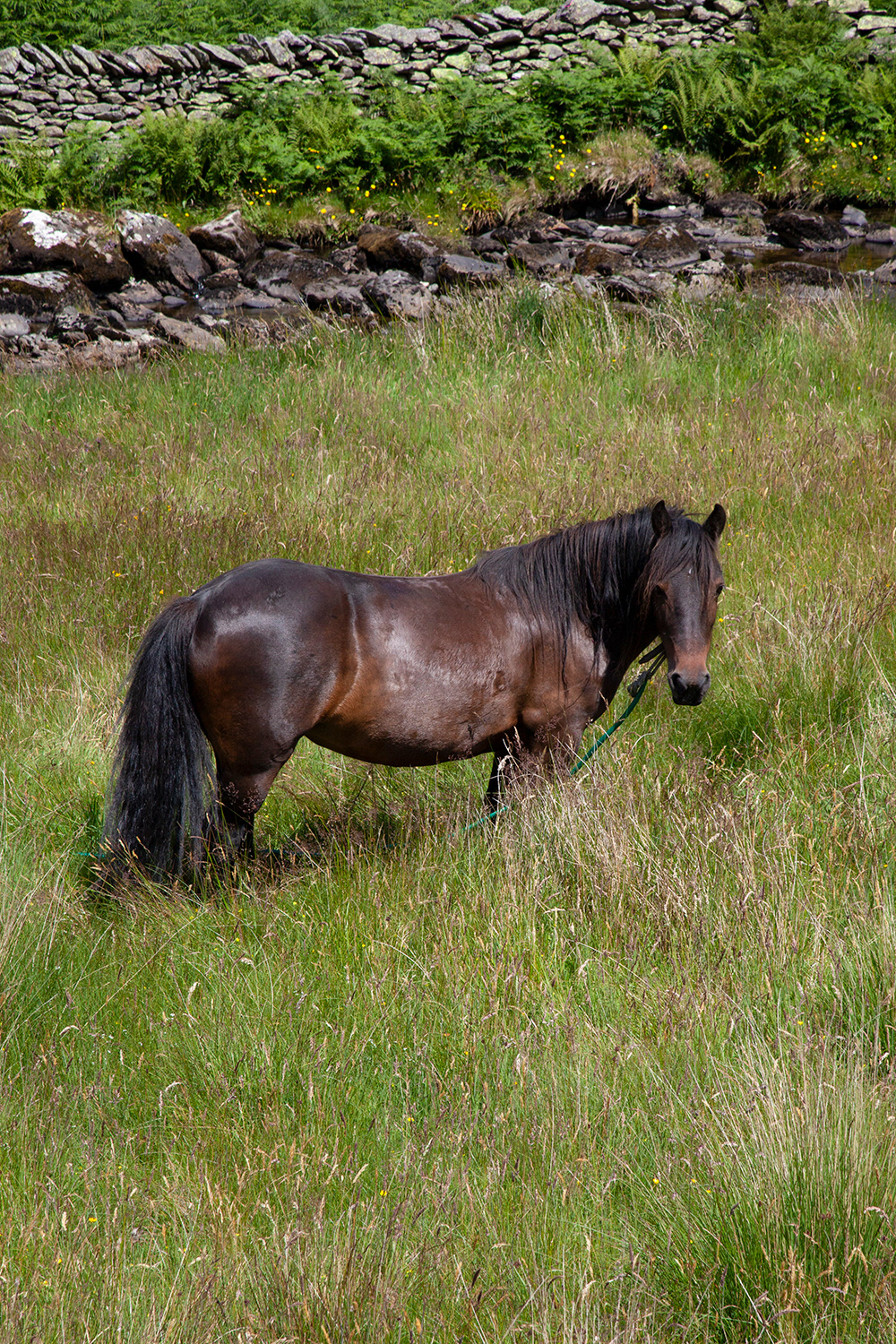
FP 030
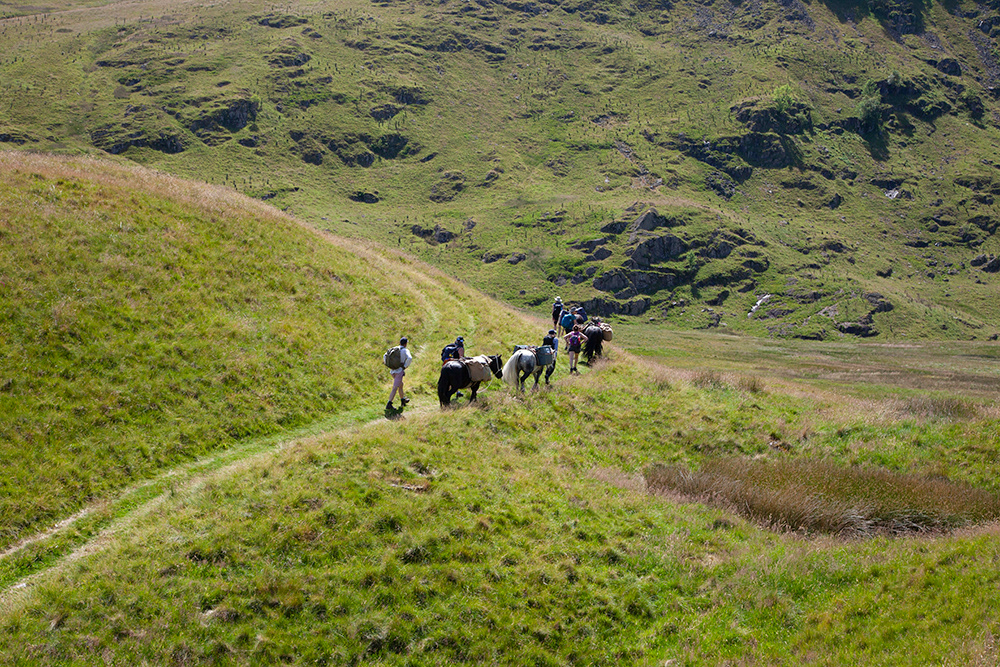
FP 031
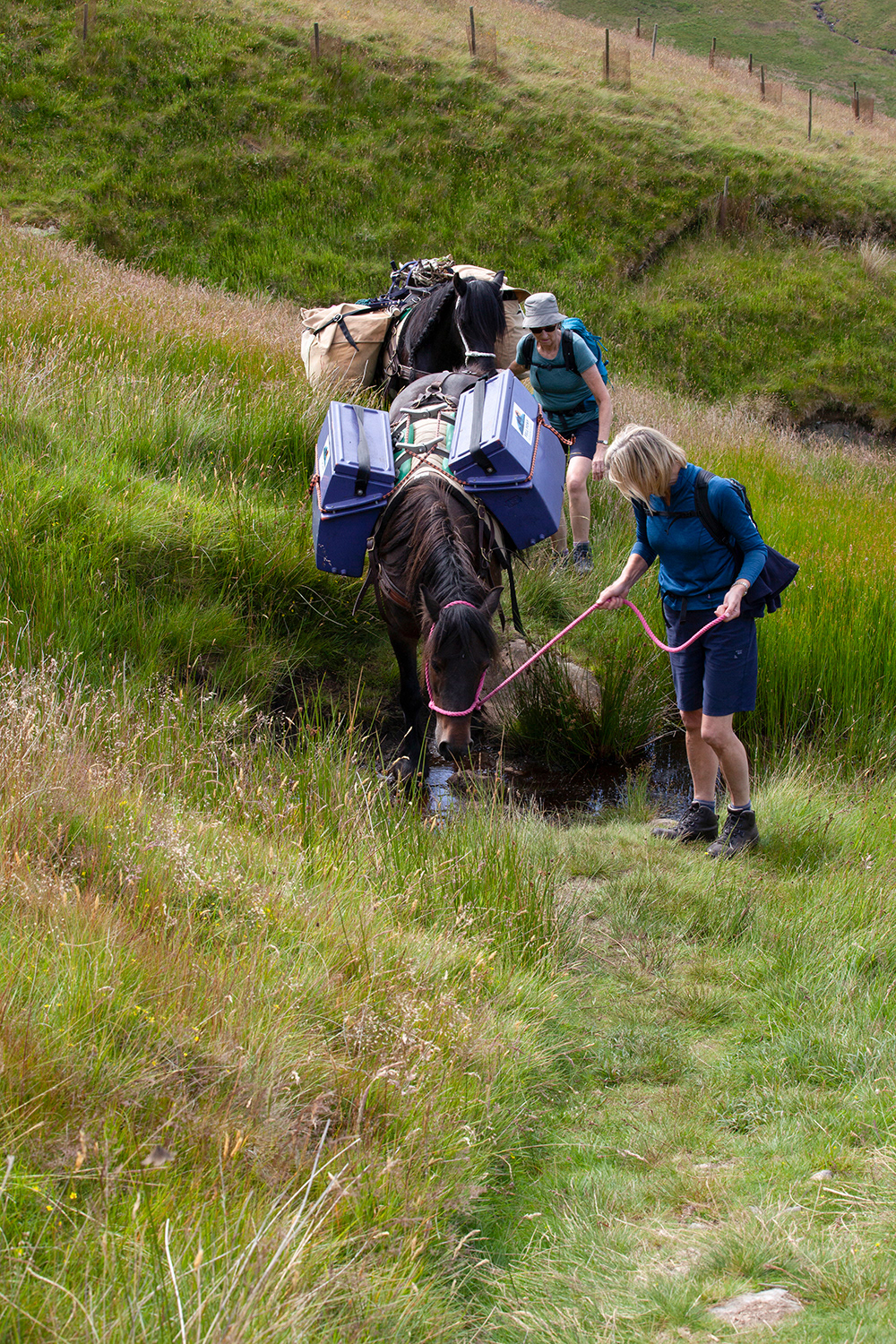
FP 032
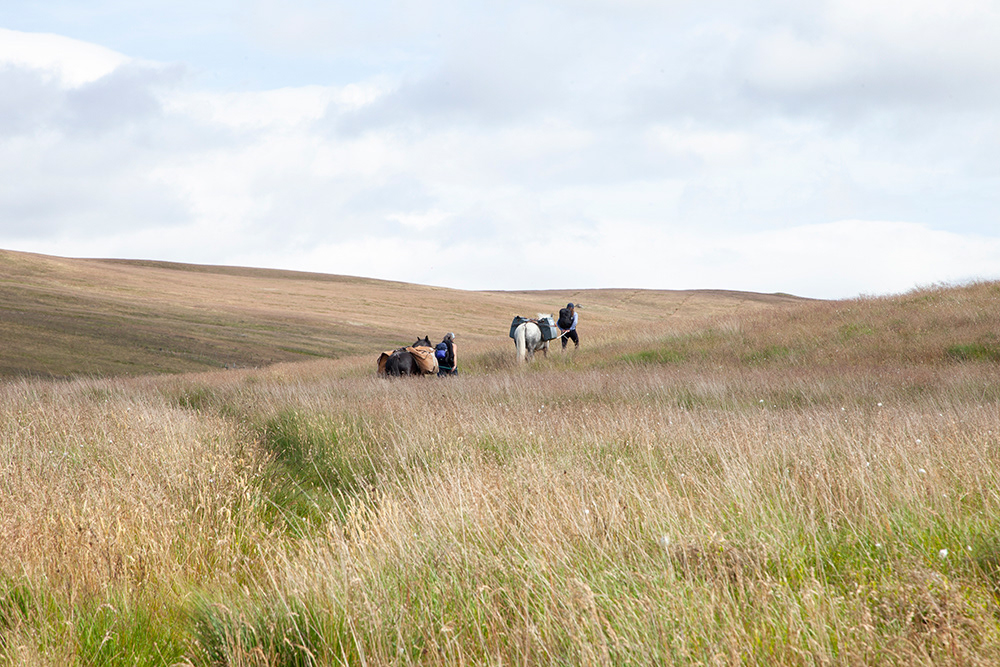
FP 033
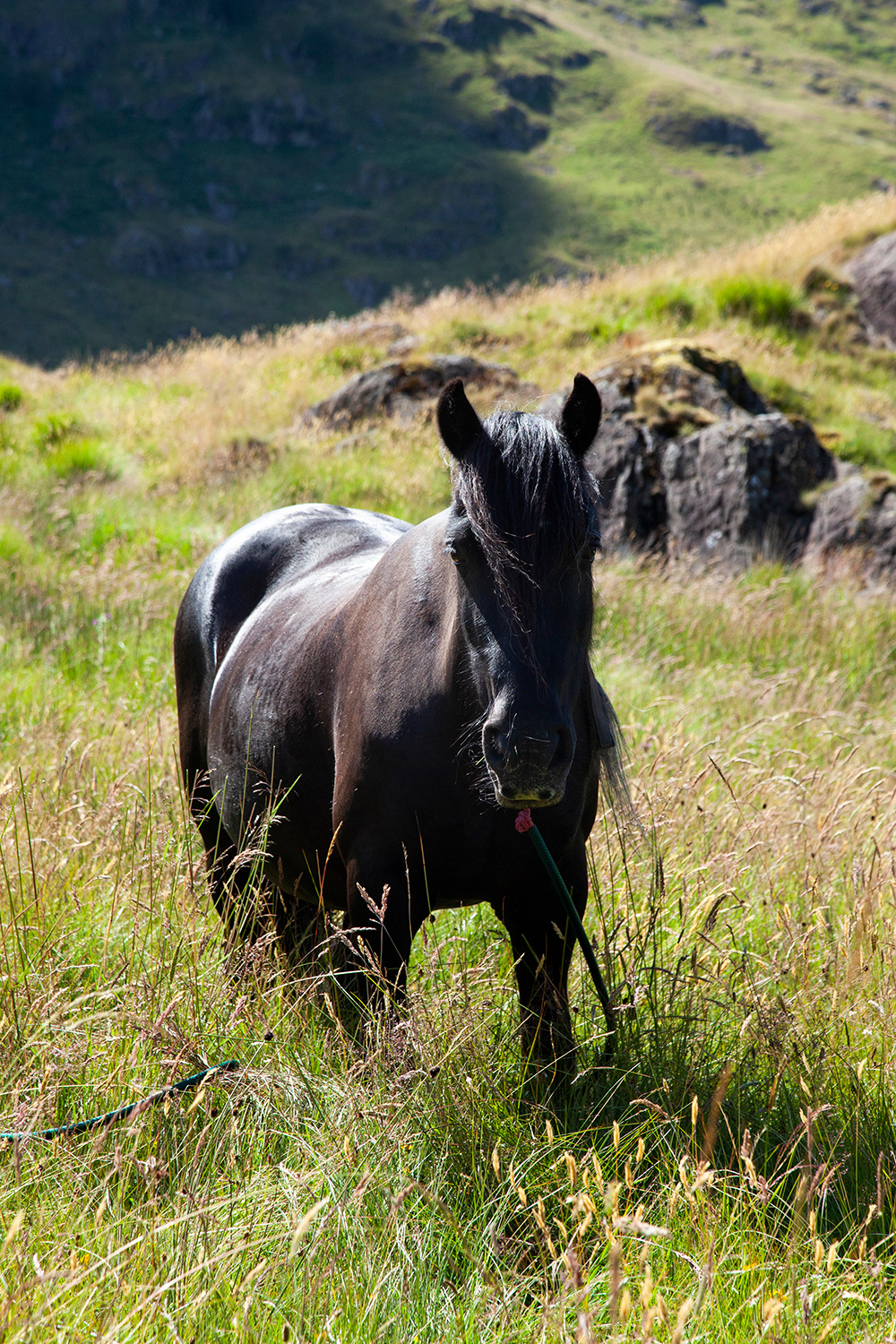
FP 034
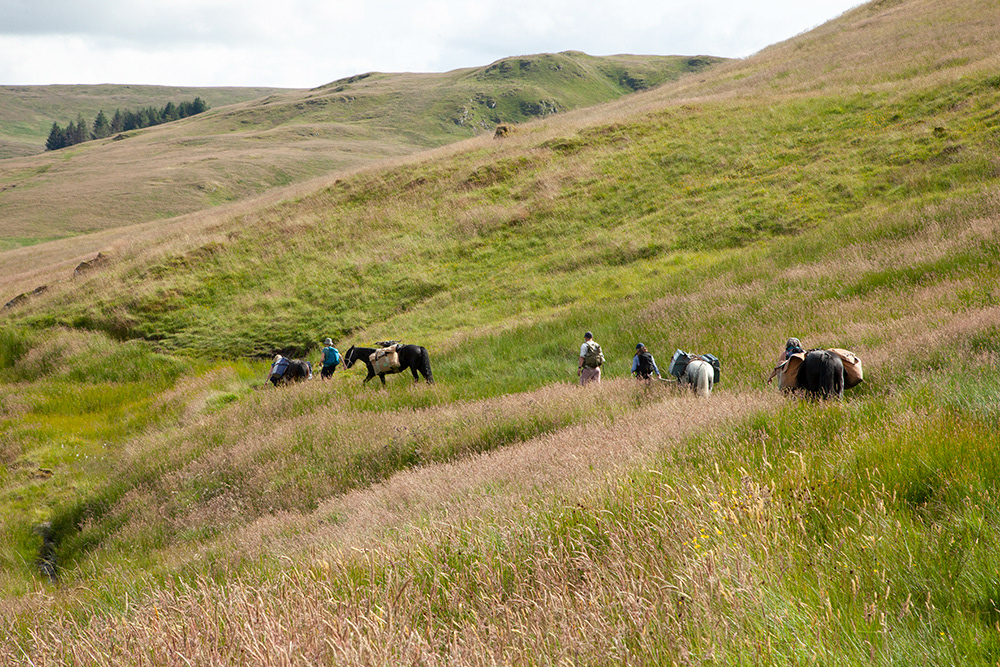
FP 035
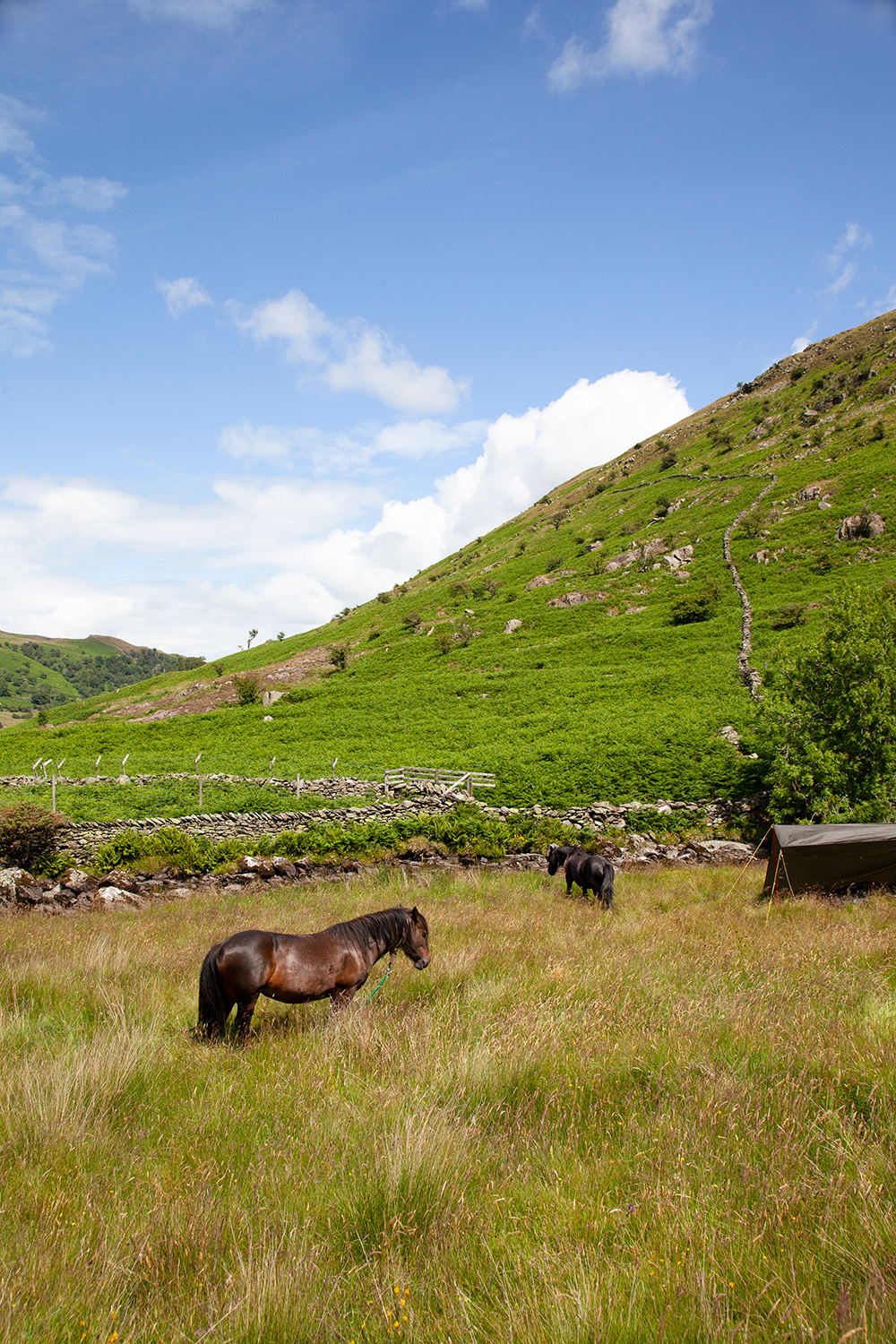
FP 036
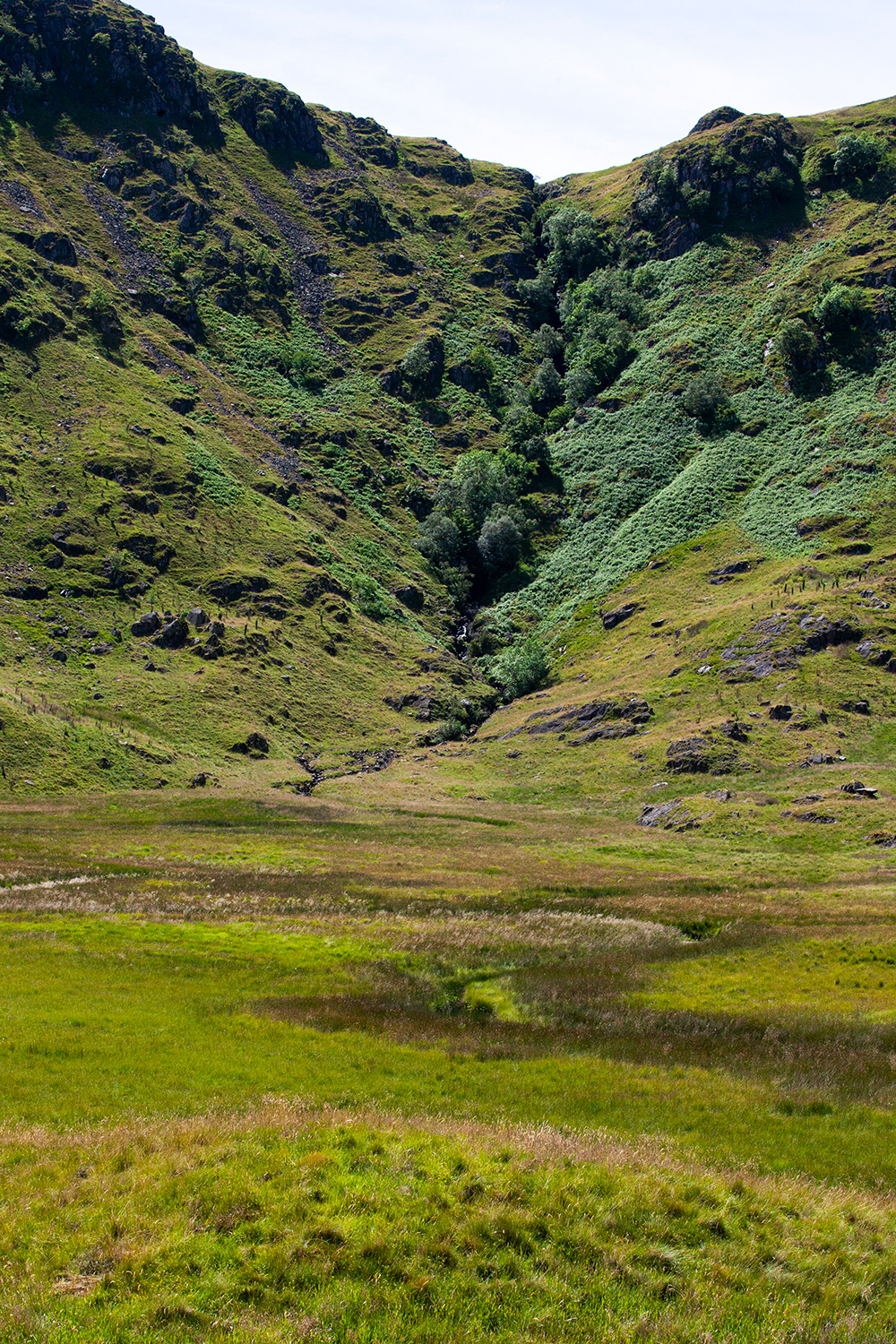
FP 037
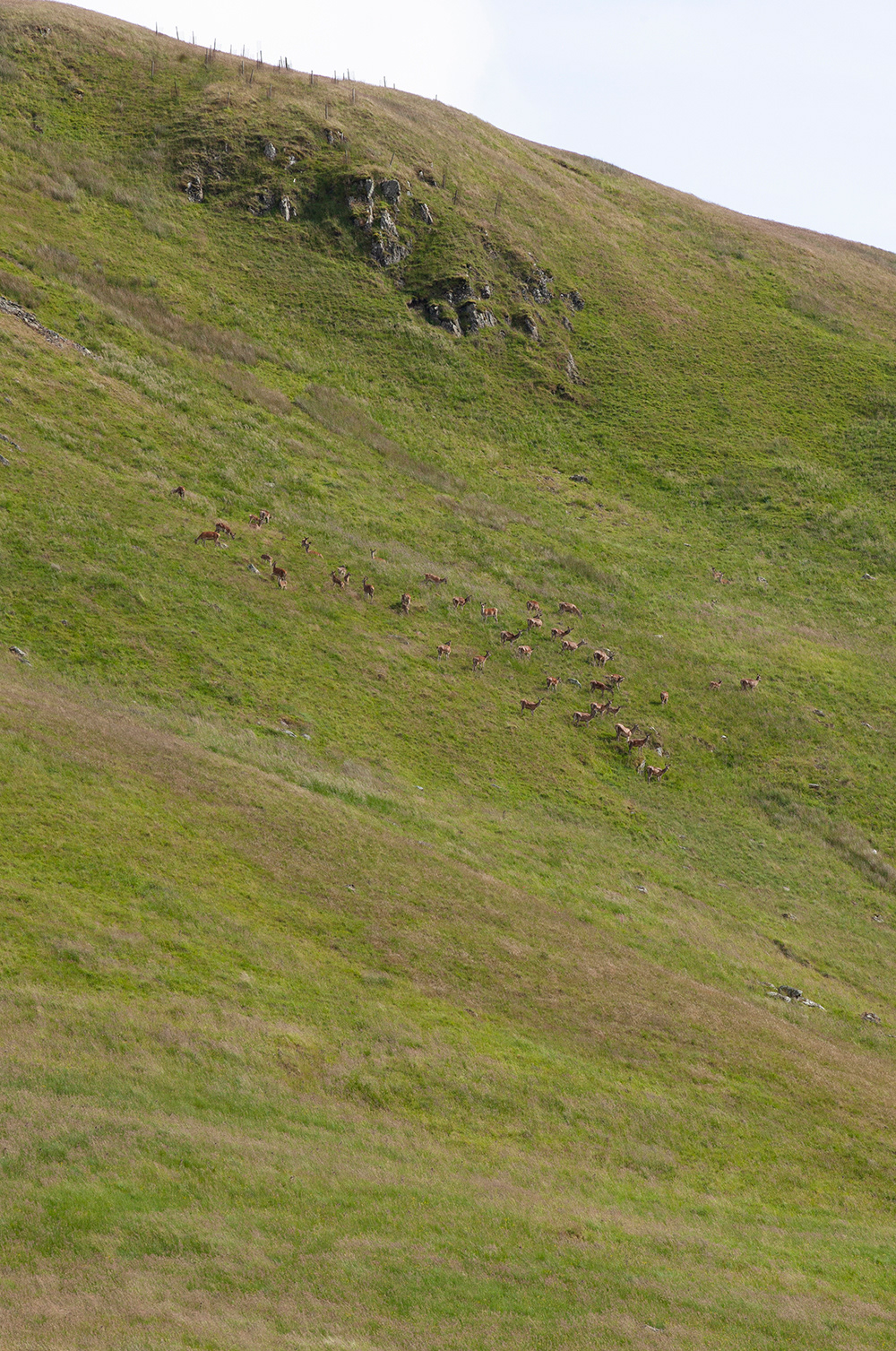
FP 038
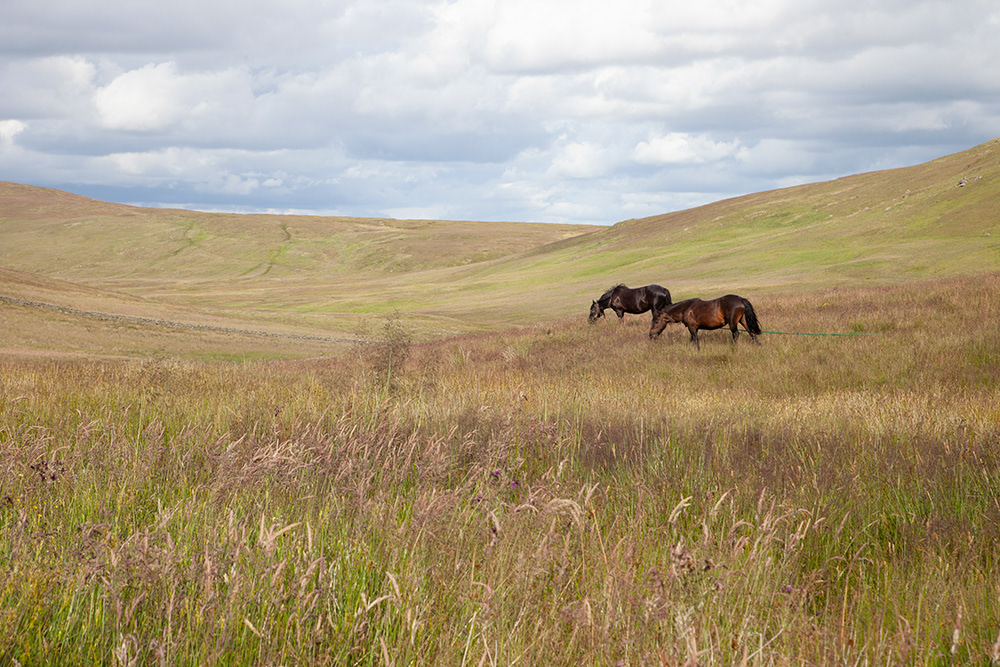
FP 039
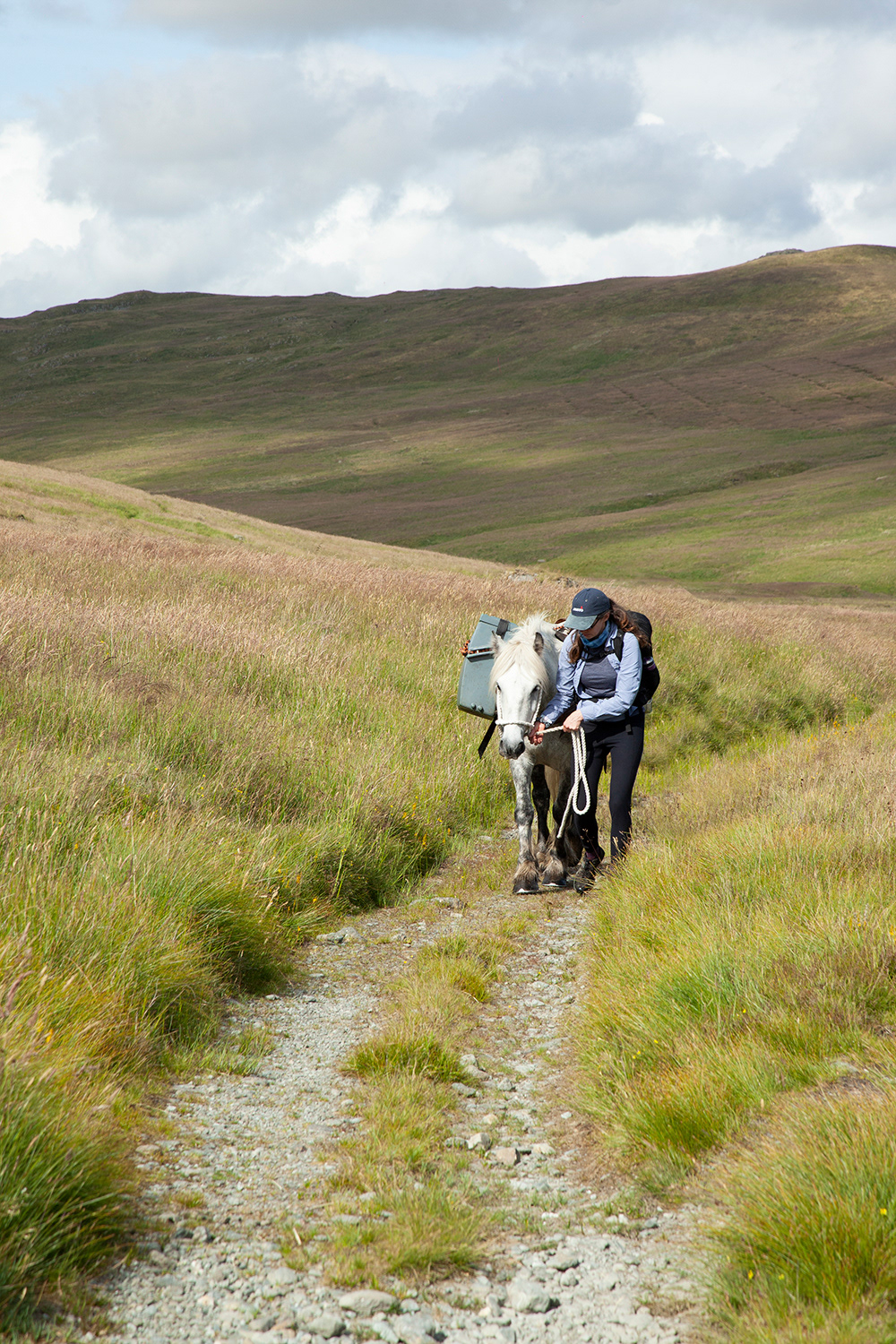
FP 040
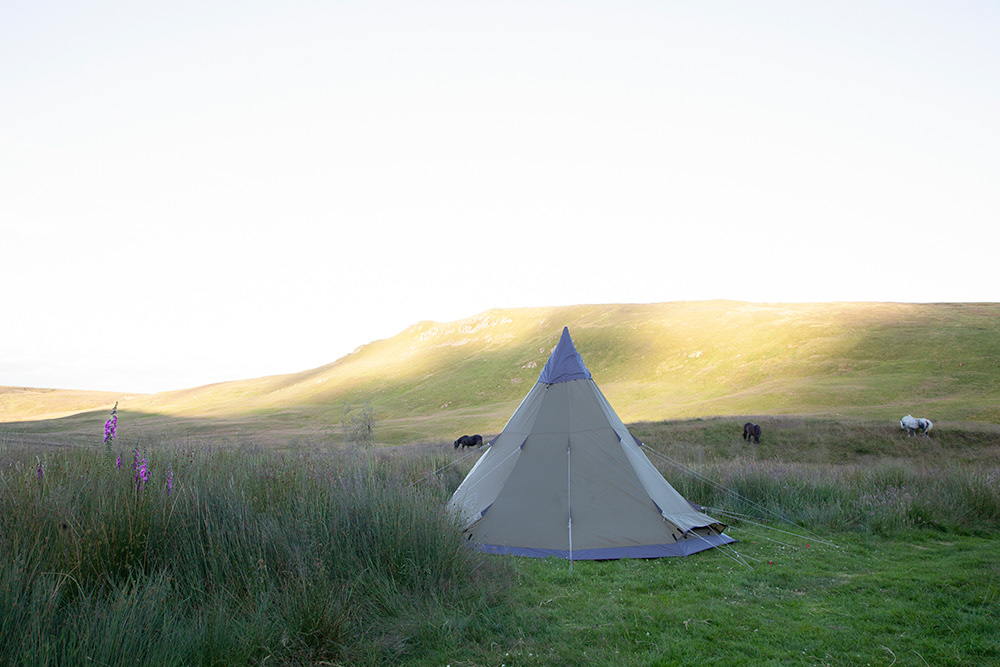
FP 041
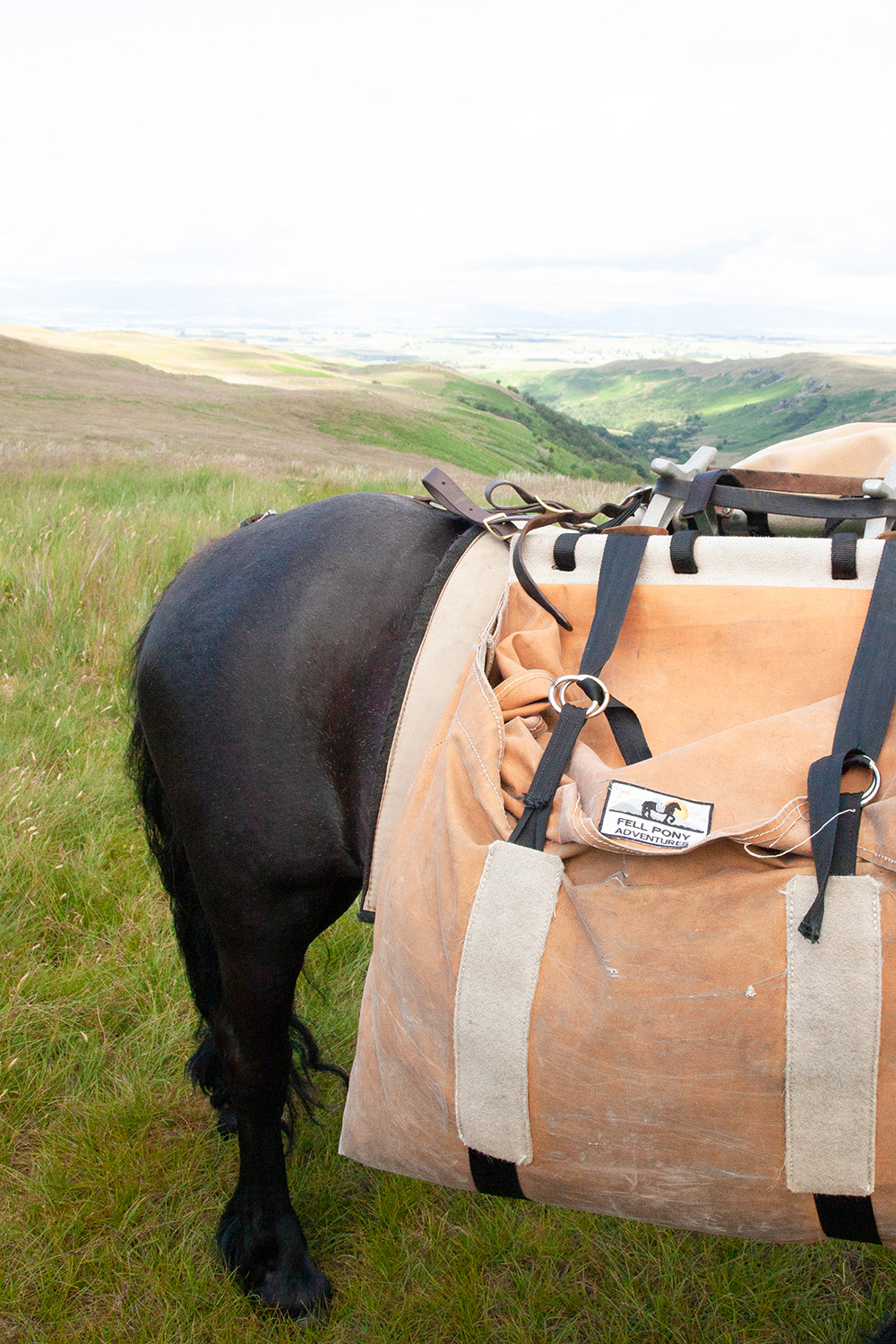
FP 042
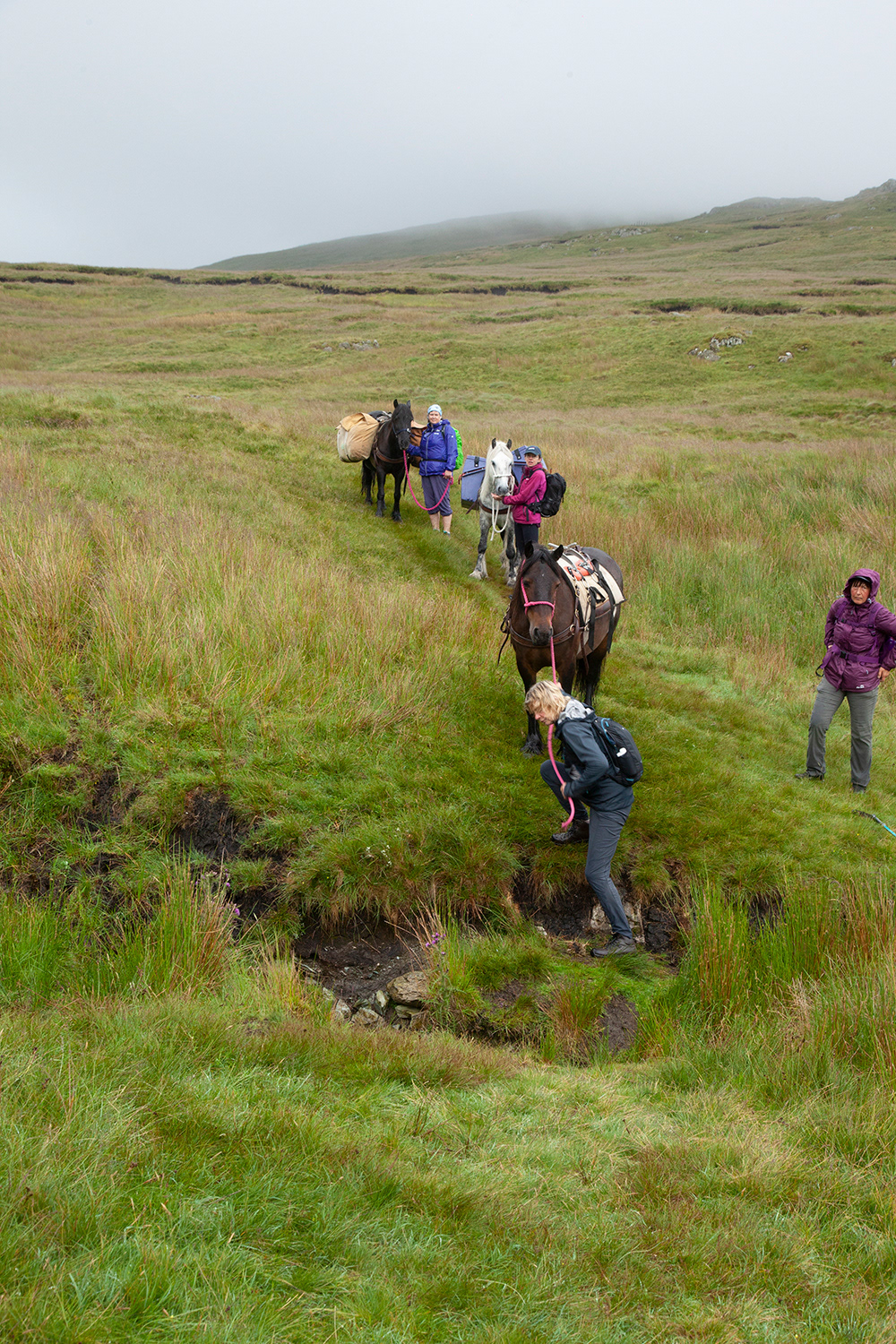
FP 043
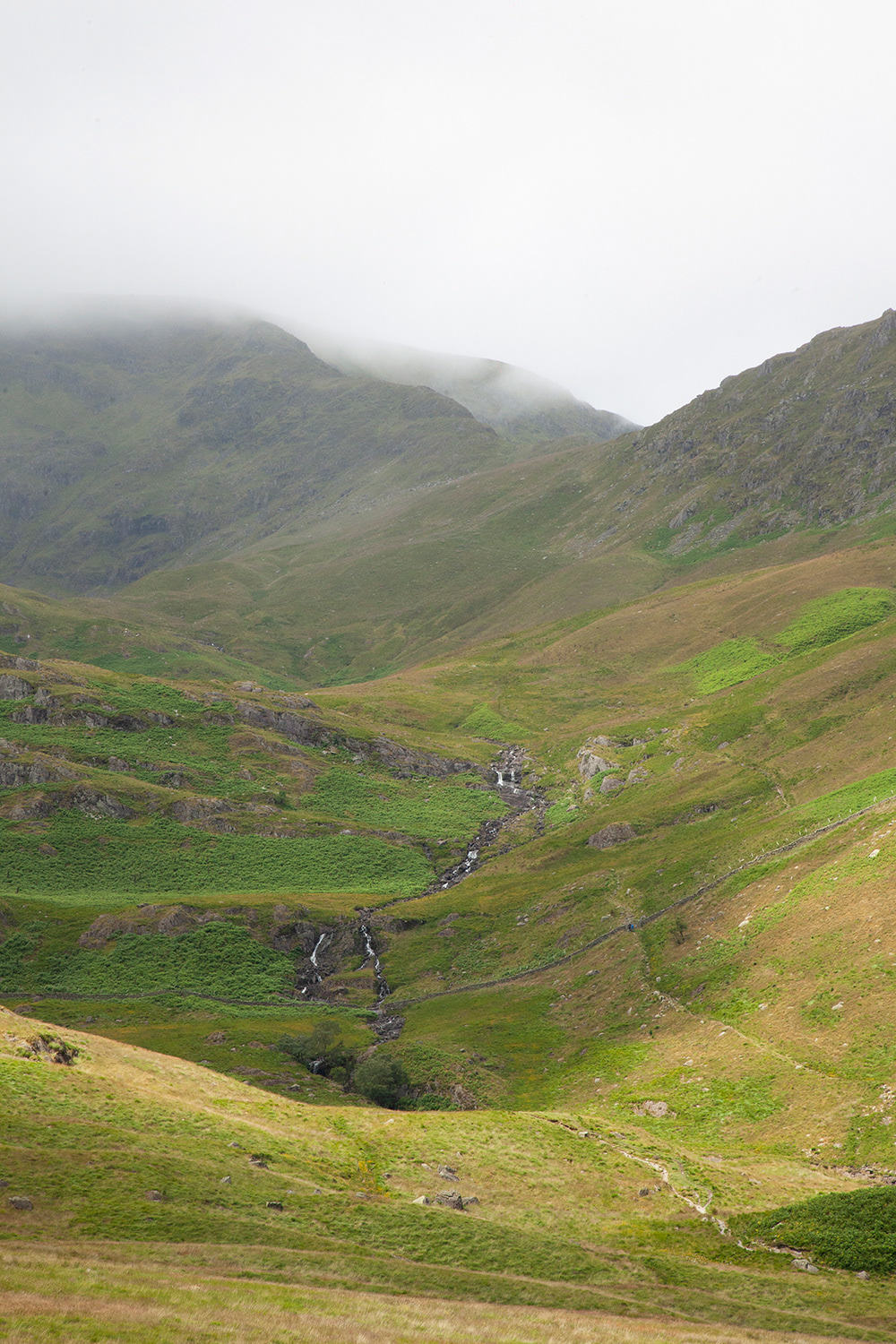
FP 044
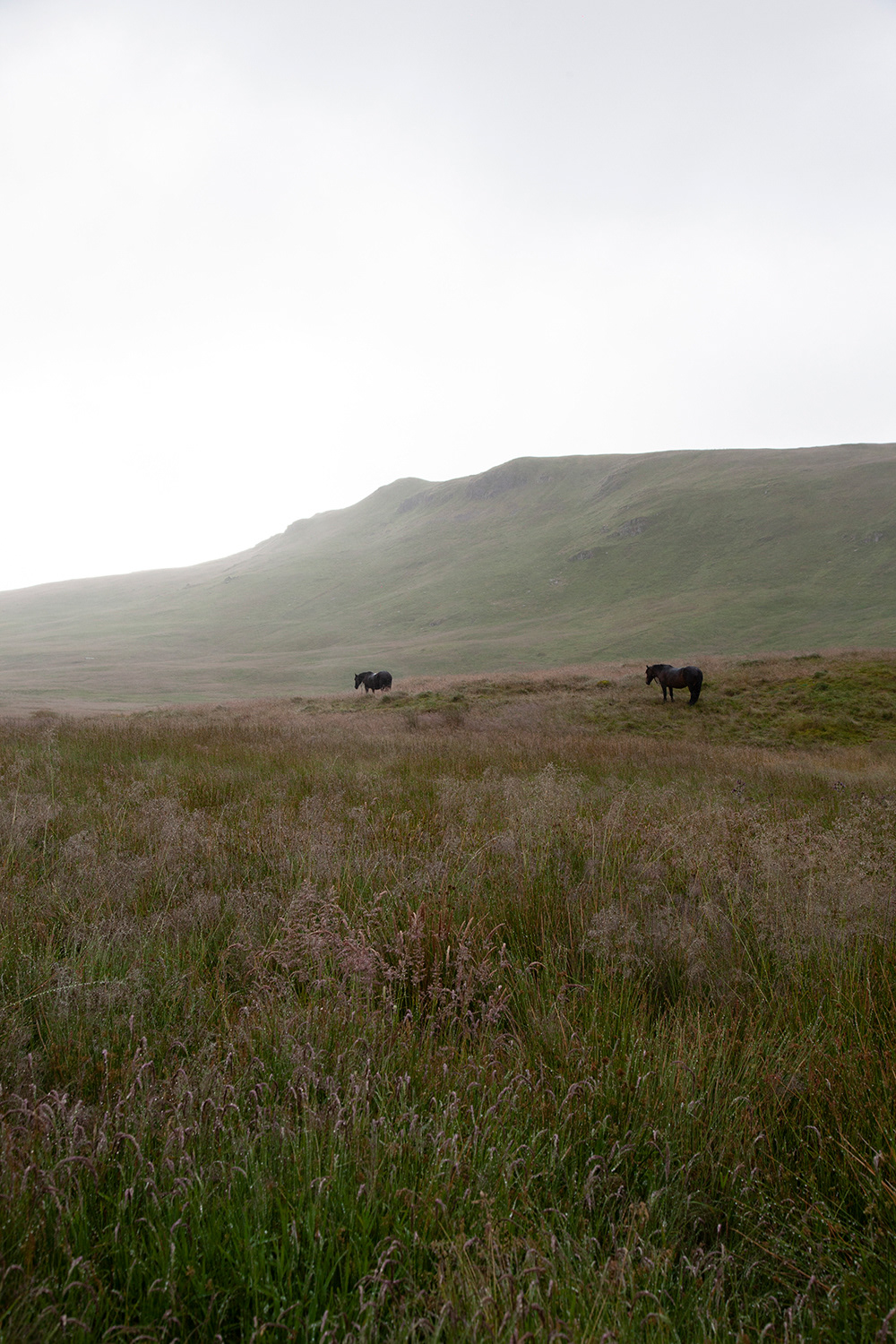
FP 045

FP 046
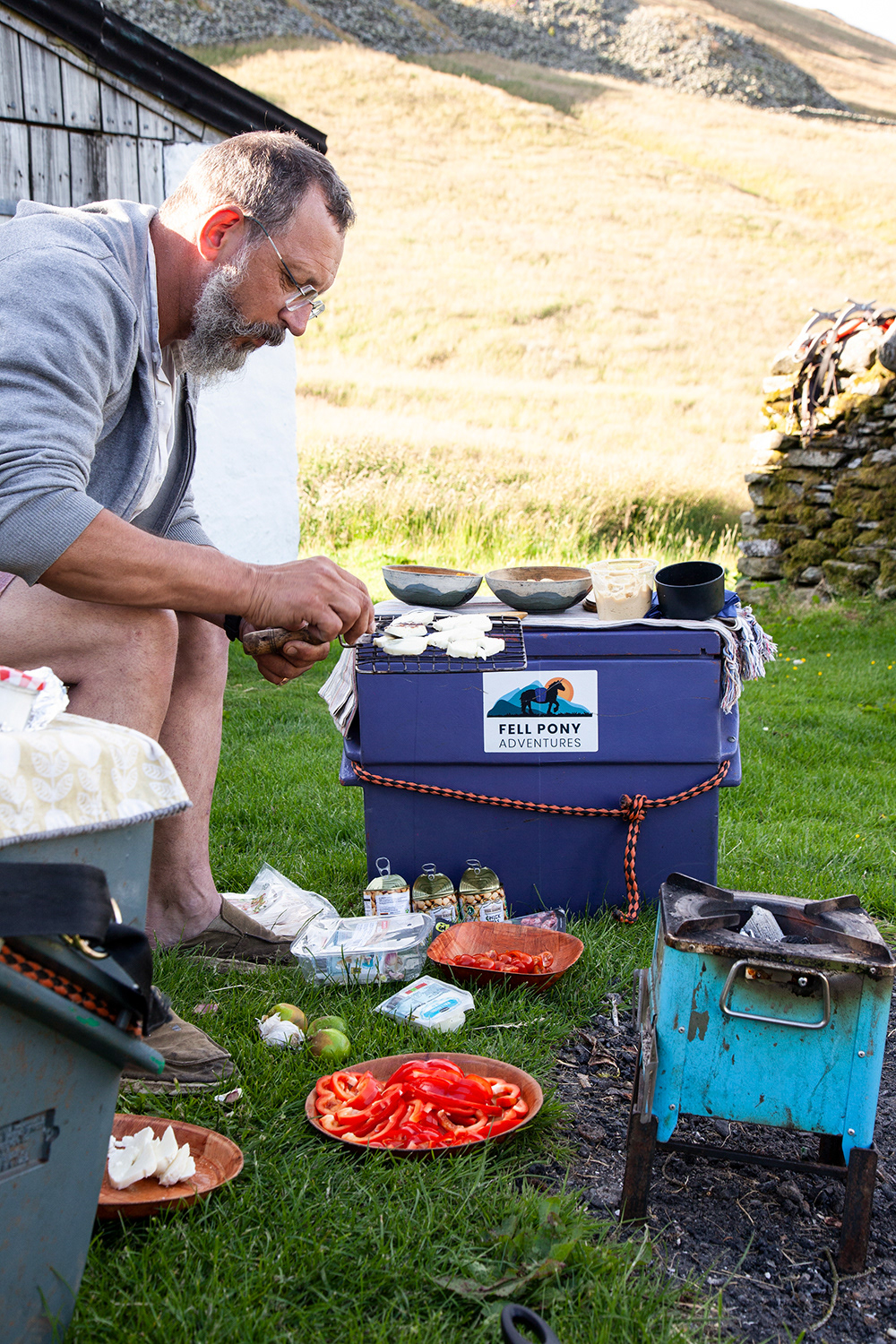
FP 047
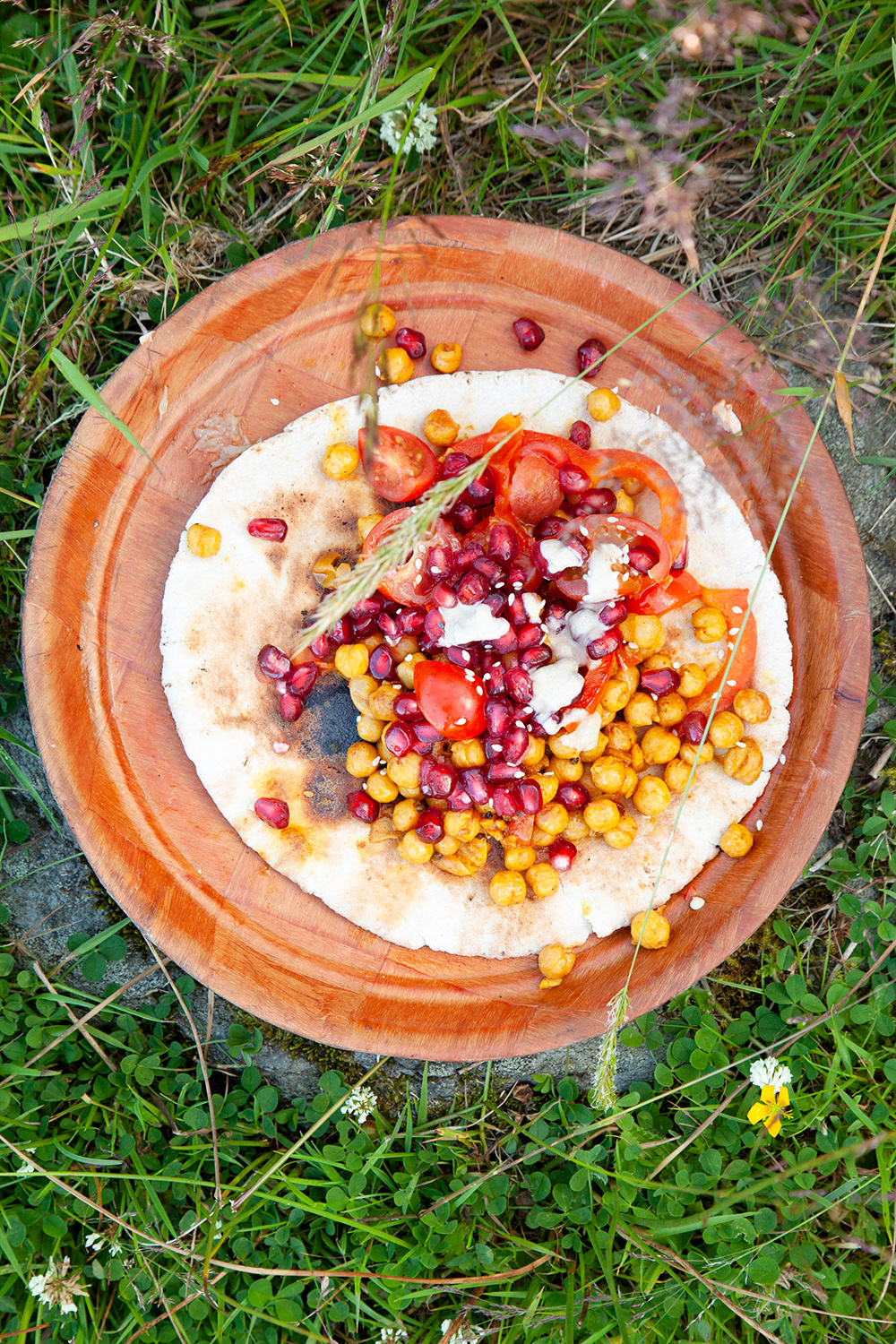
FP 048
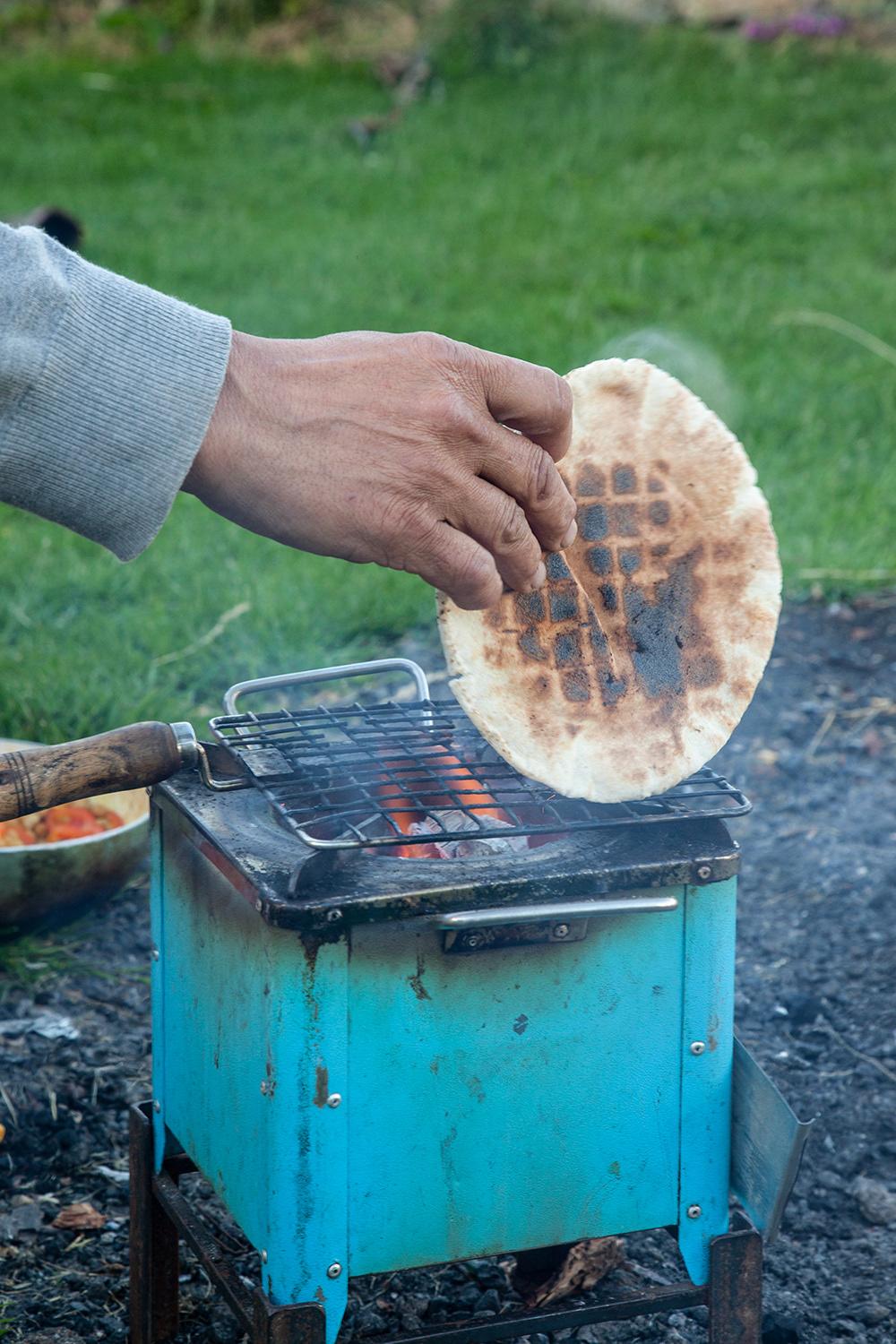
FP 049
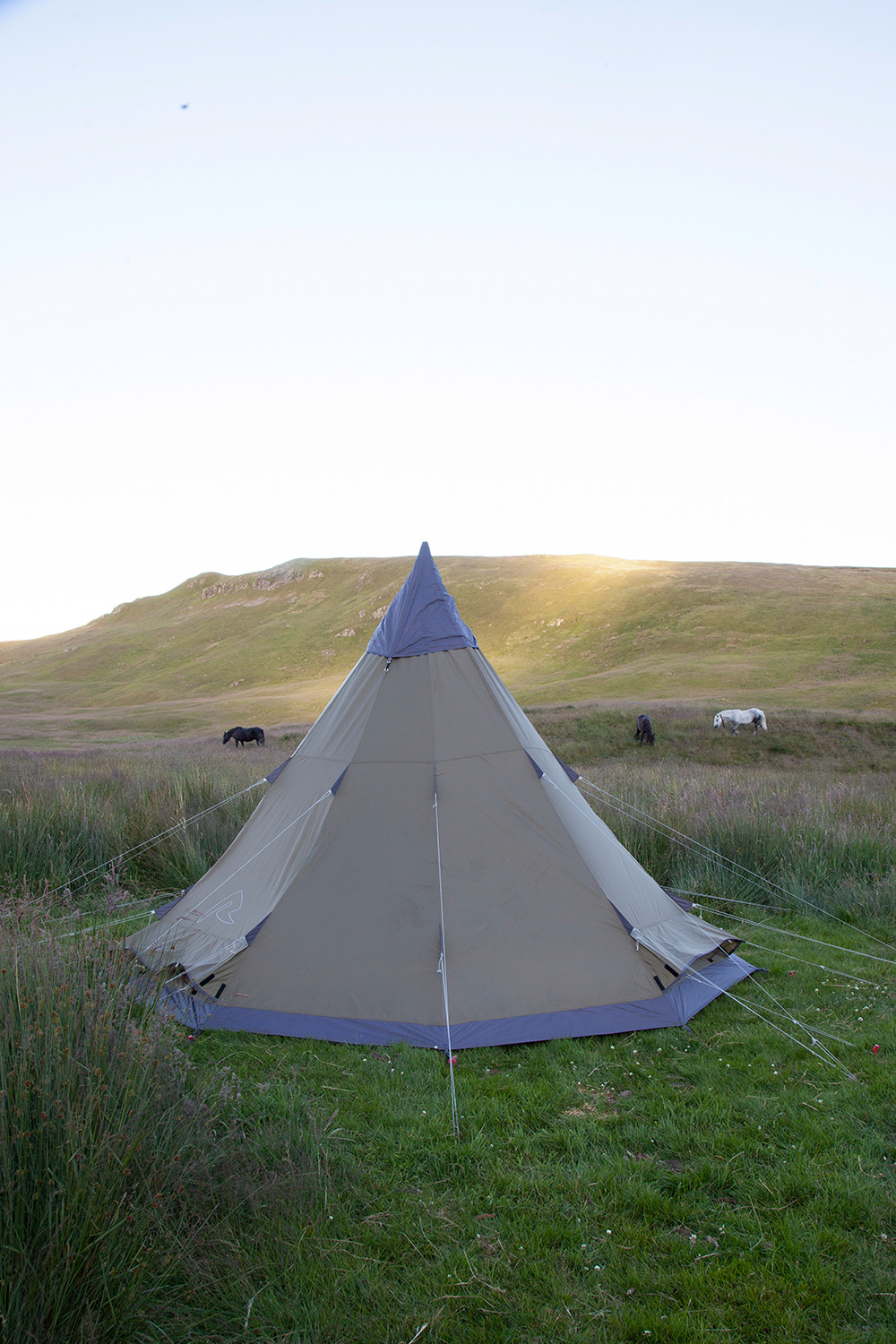
FP 050
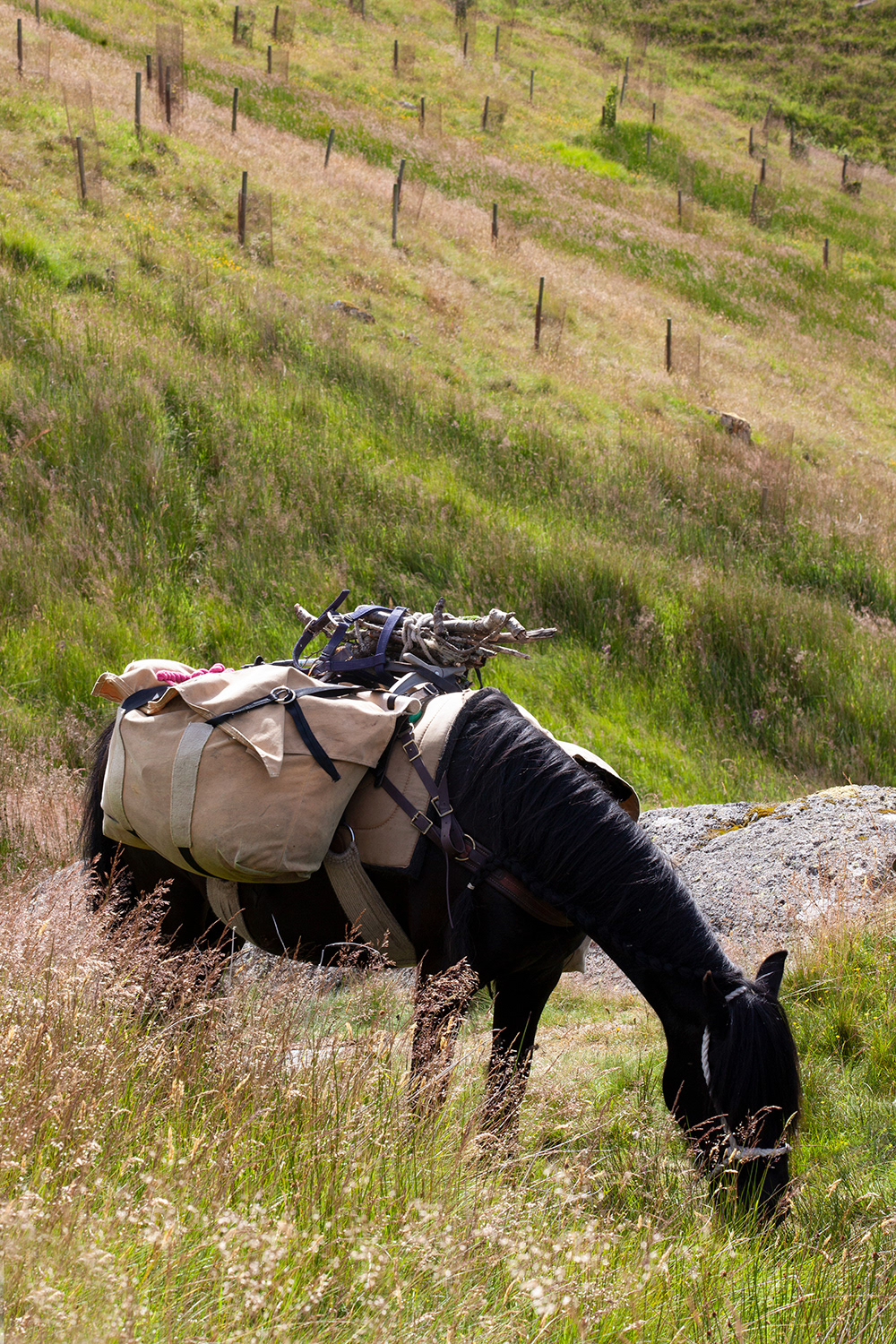
FP 051
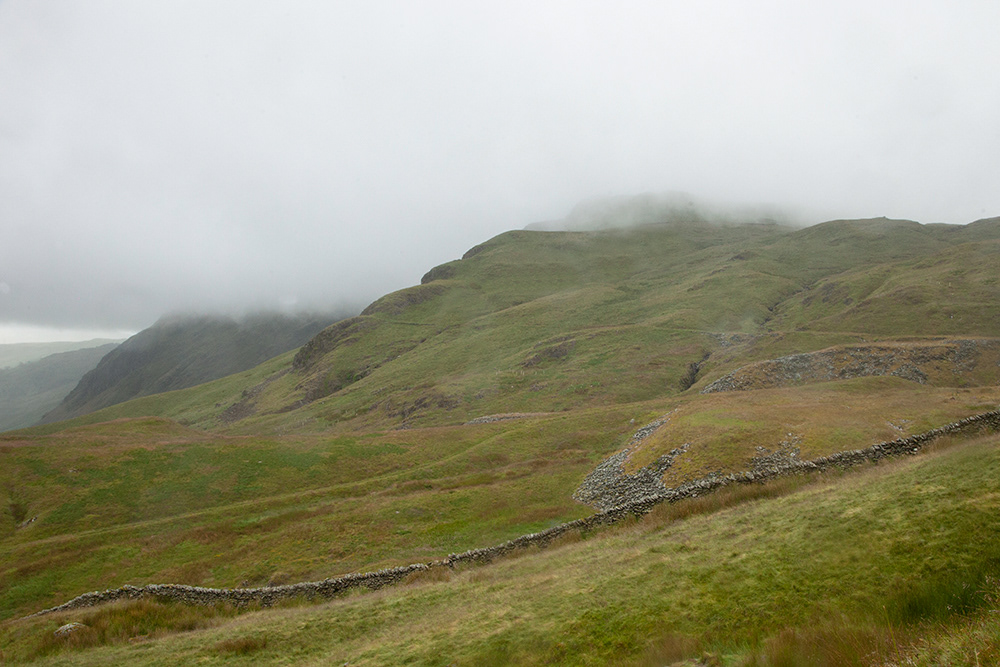
FP 052
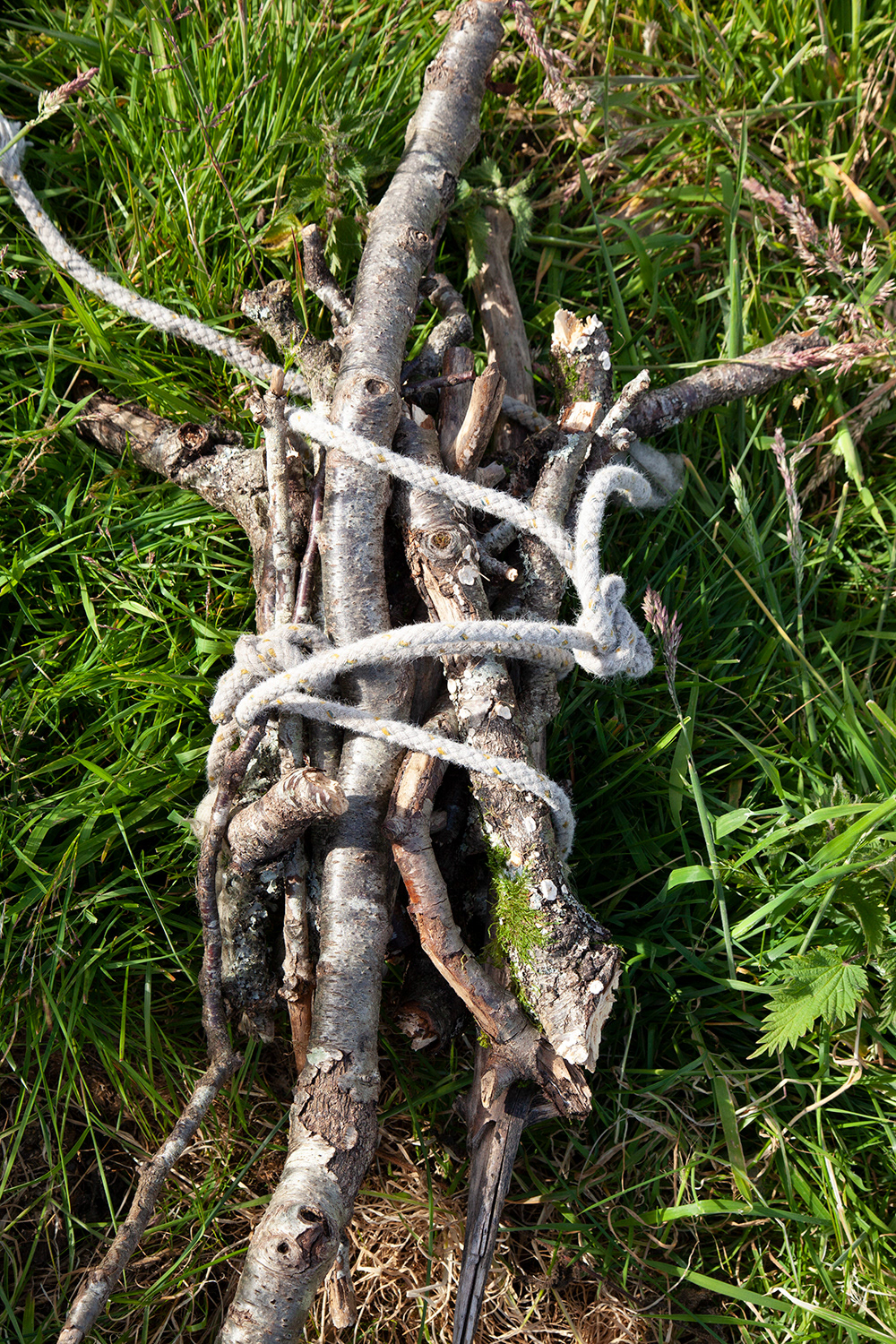
FP 053
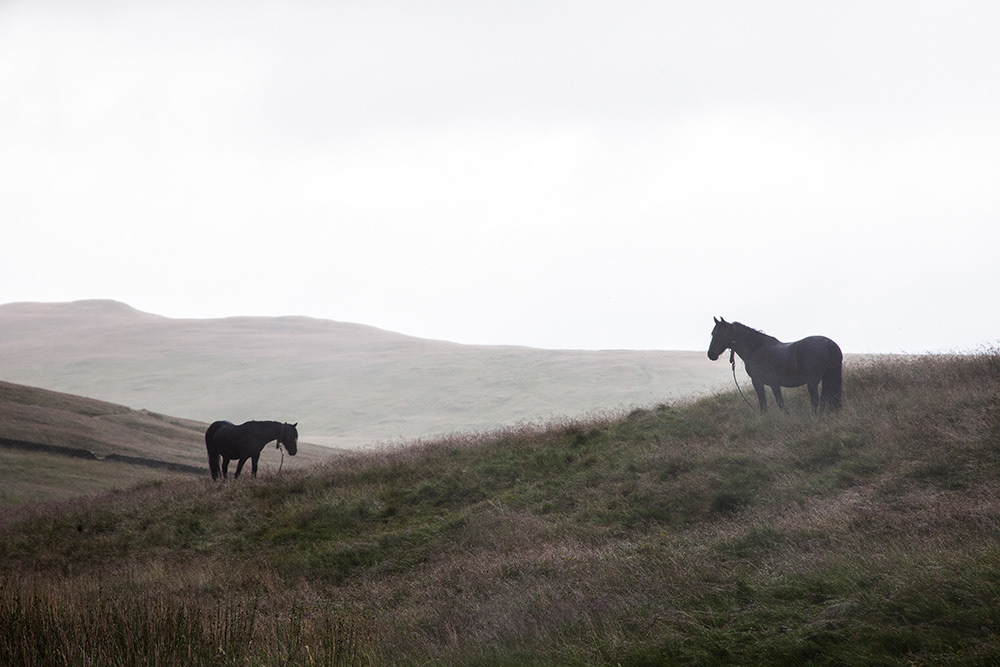
FP 054

FP 055
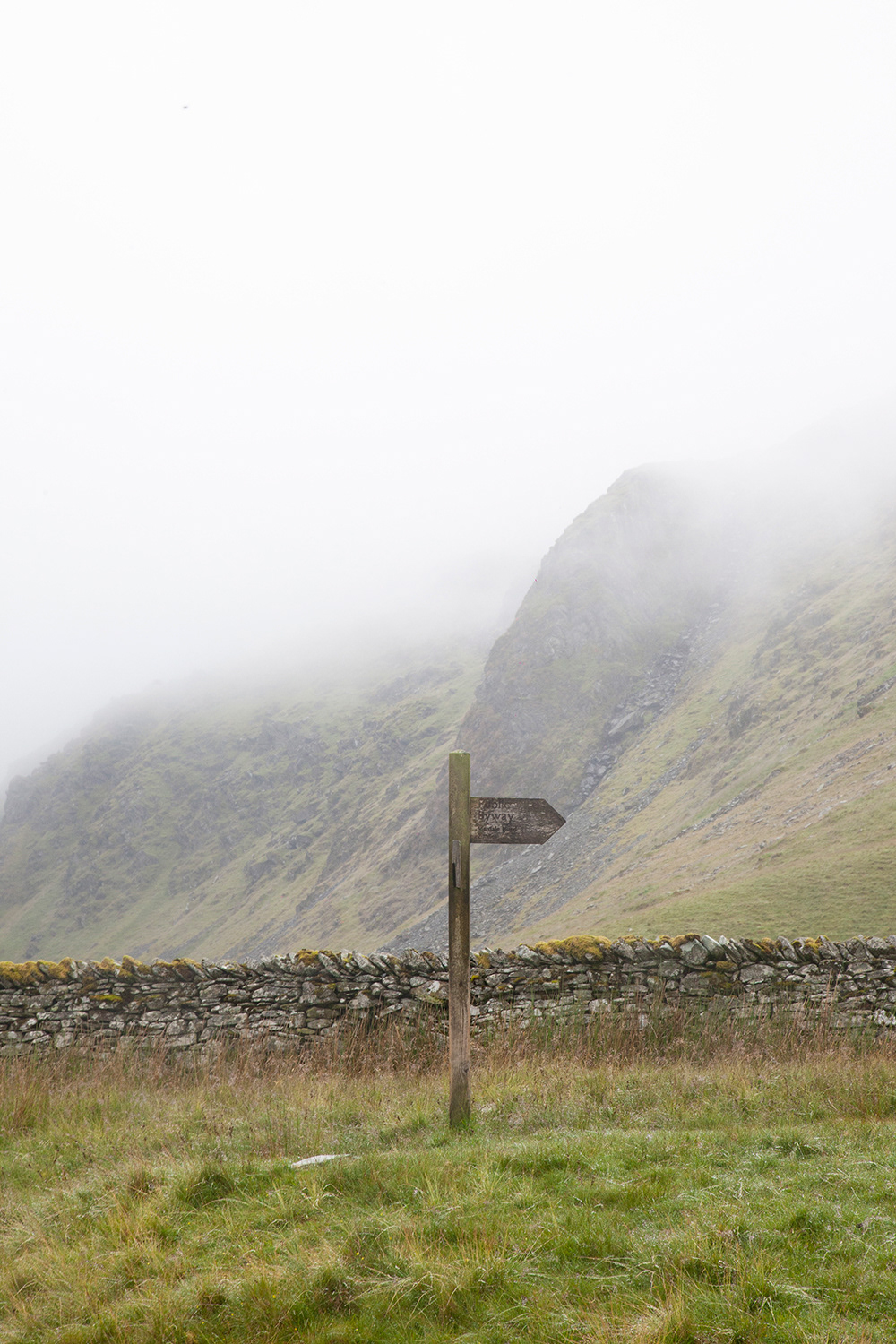
FP 056
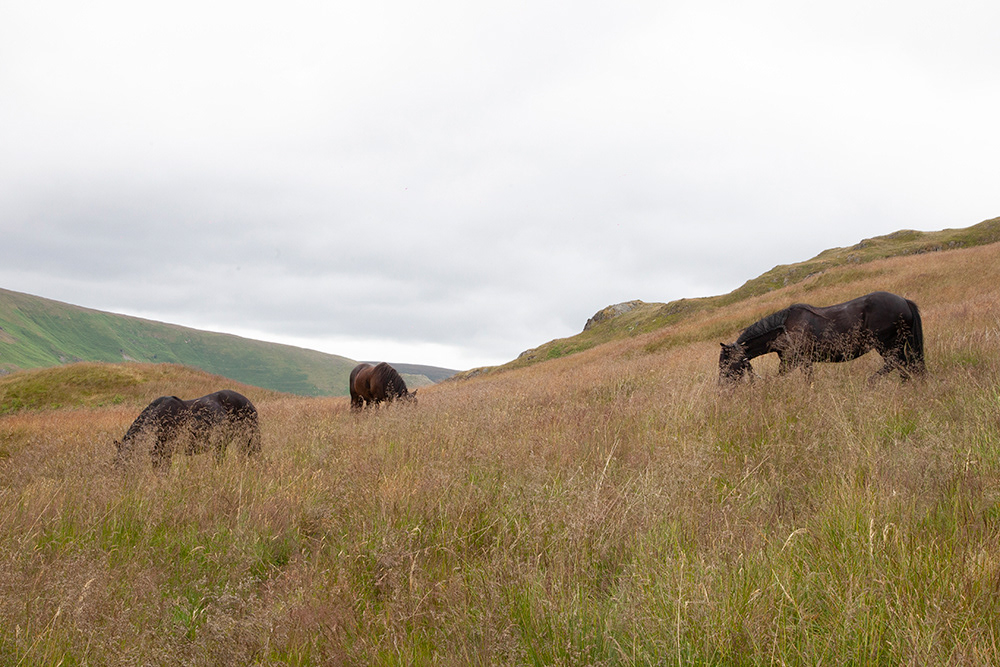
FP 057
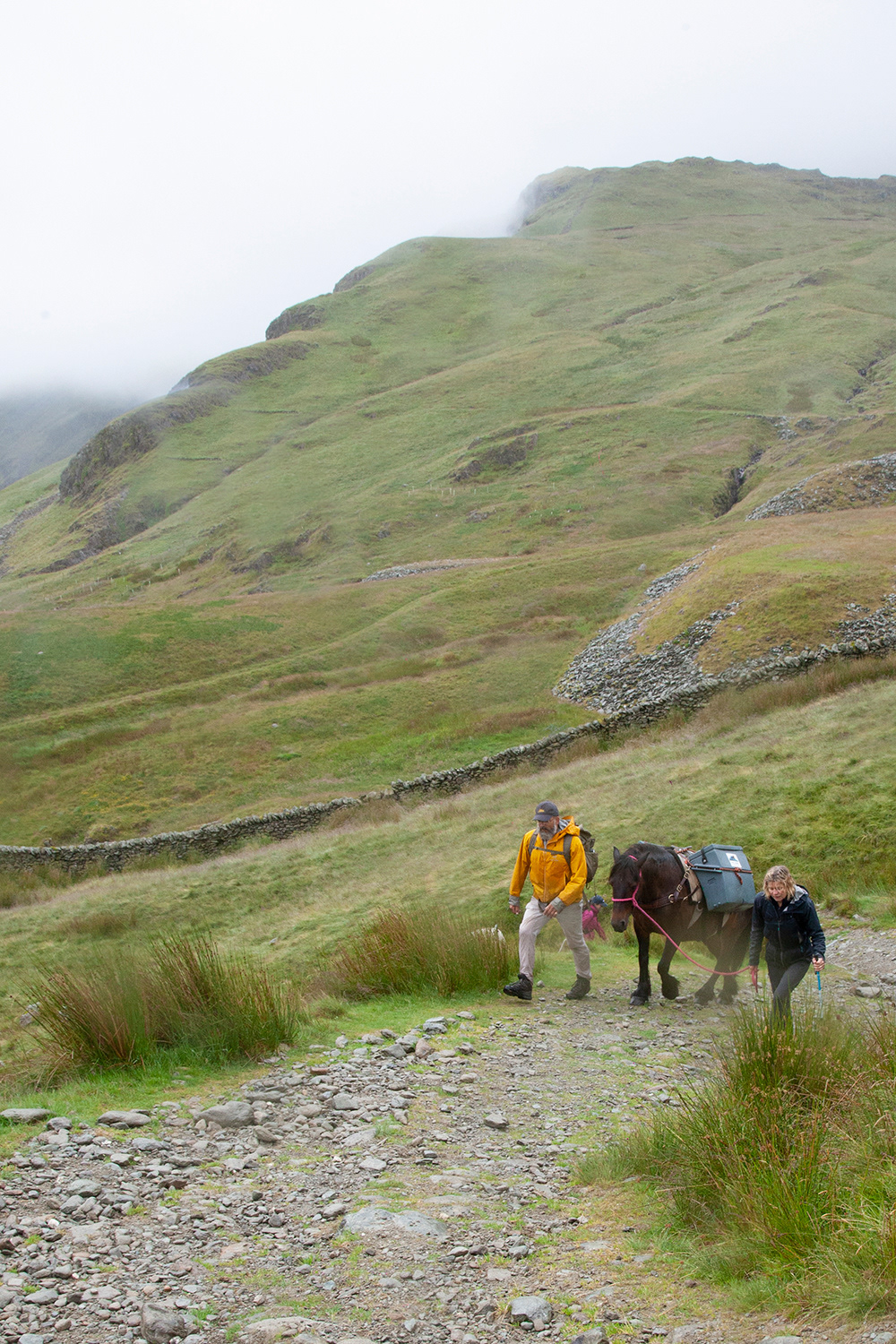
FP 058
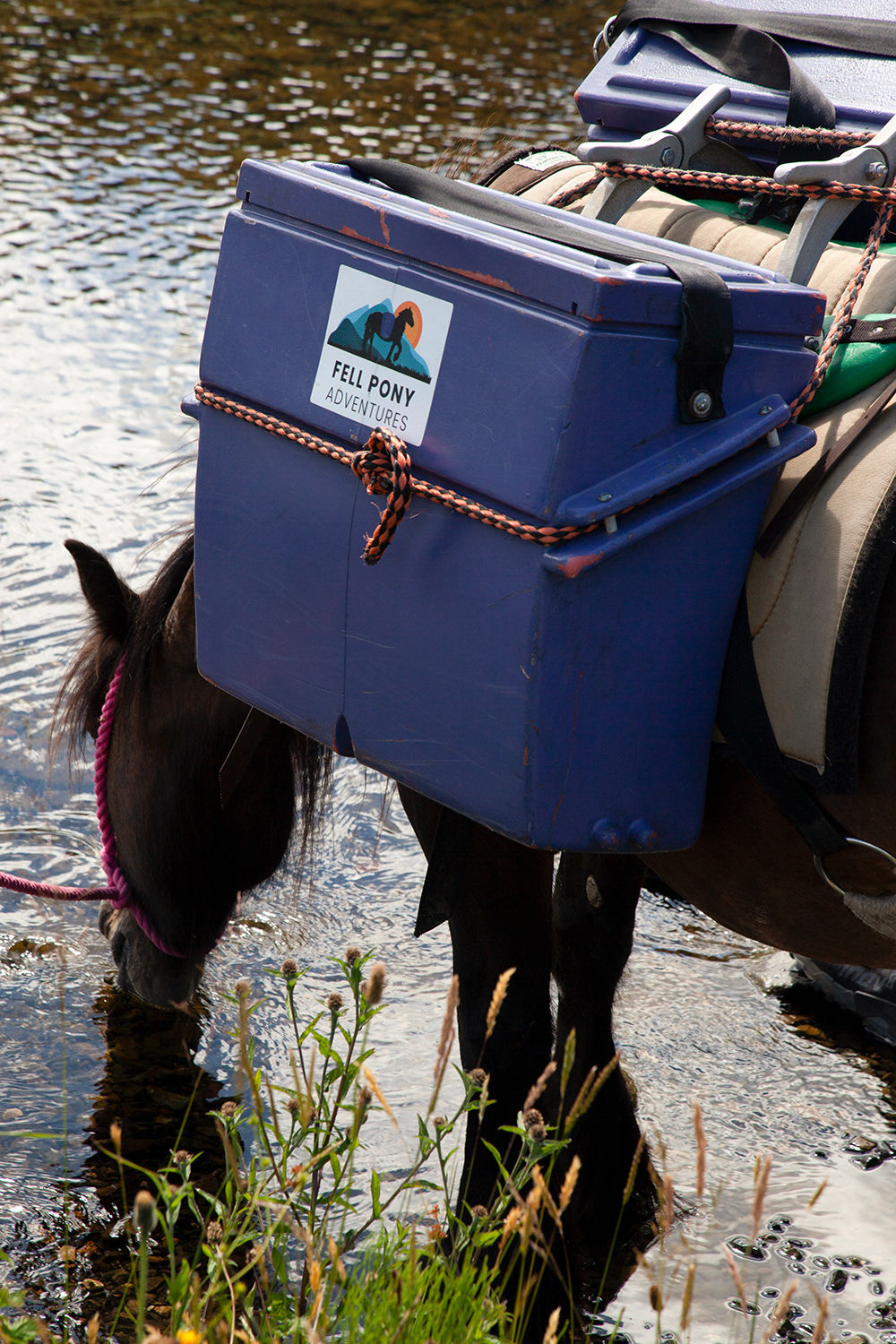
FP 059
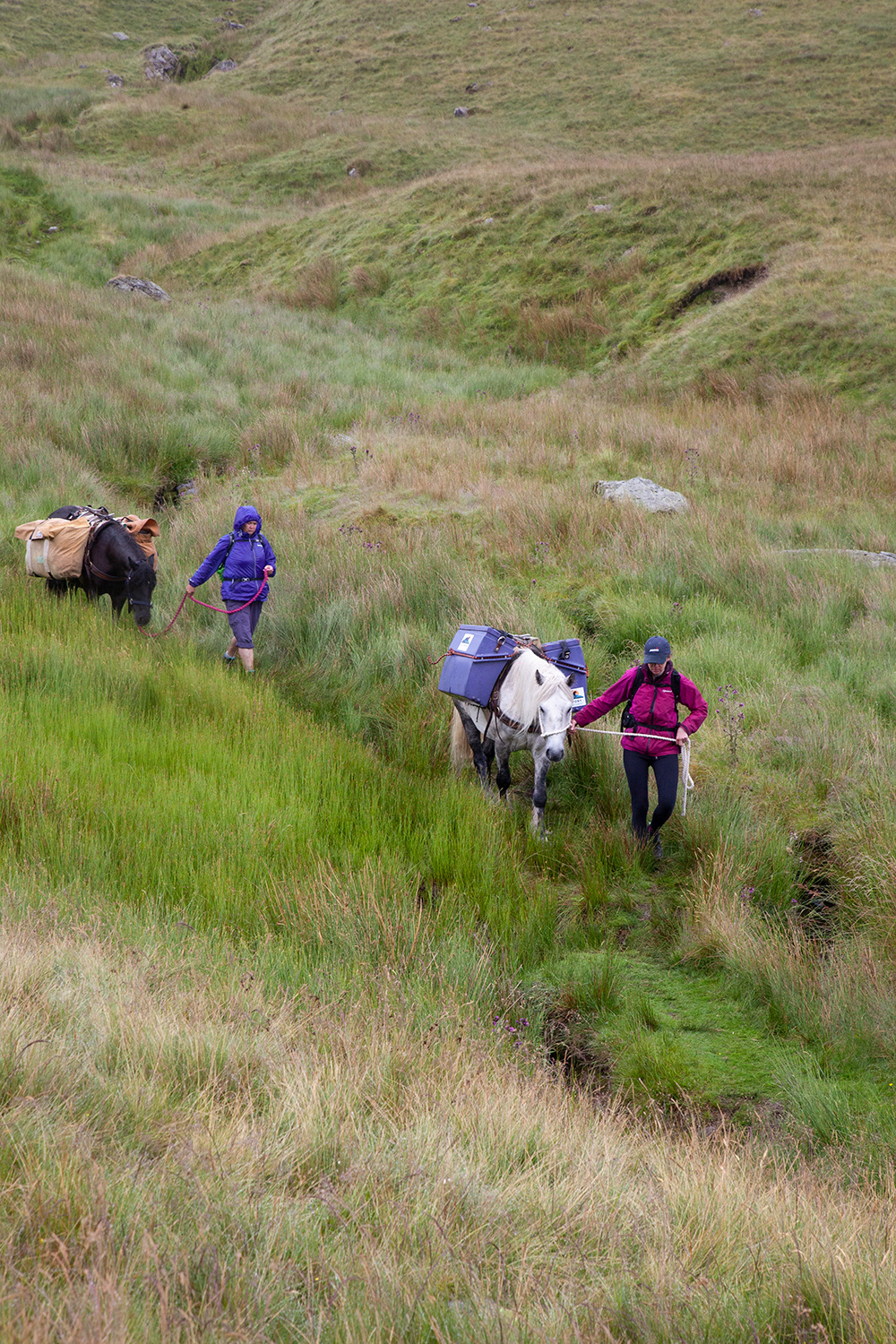
FP 060
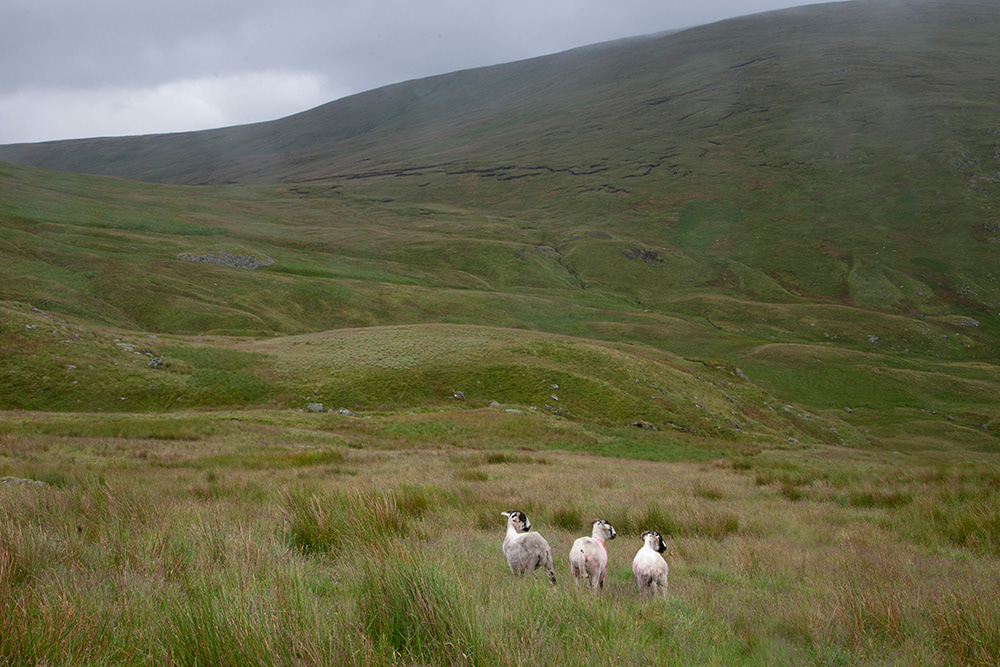
FP 061
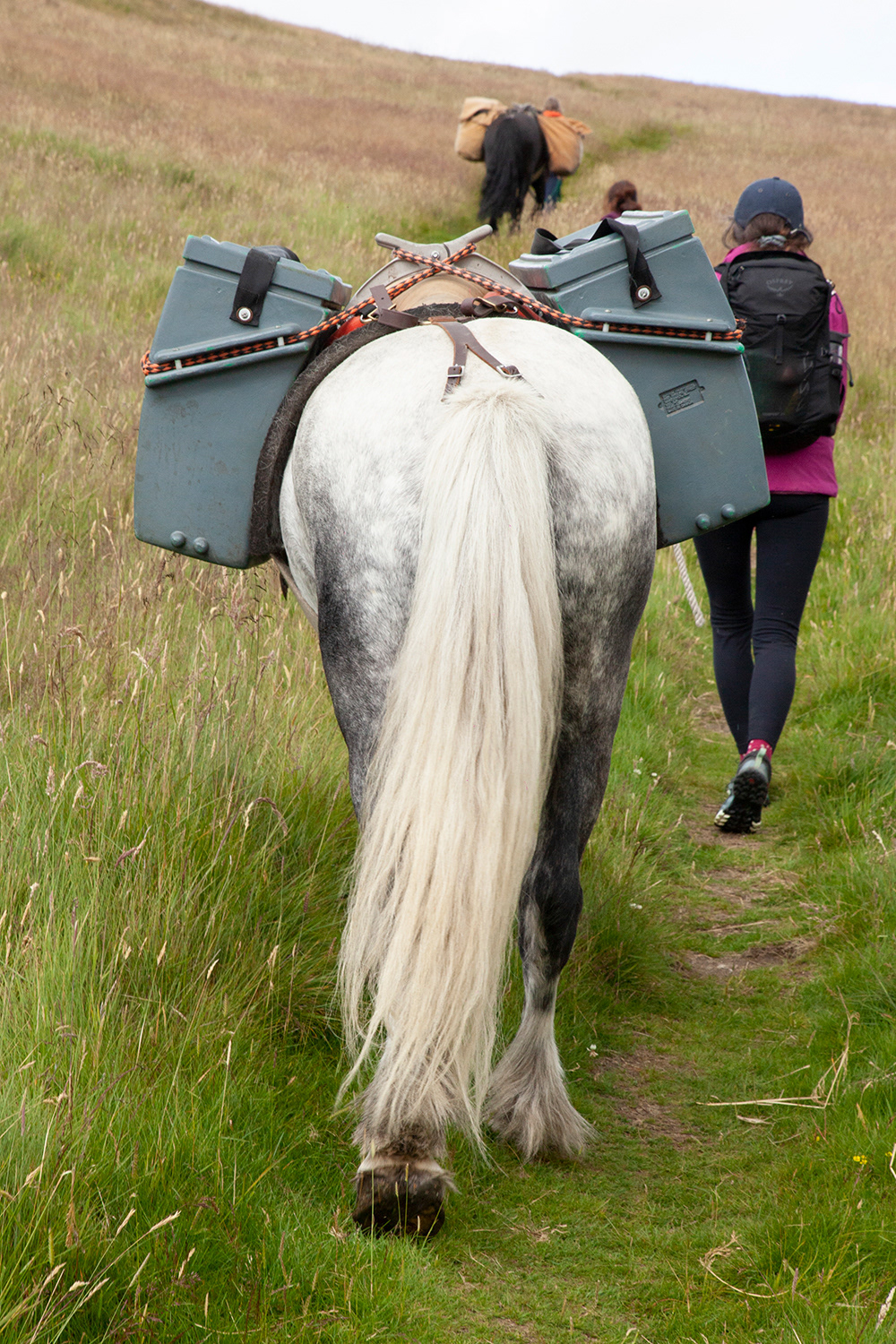
FP 062
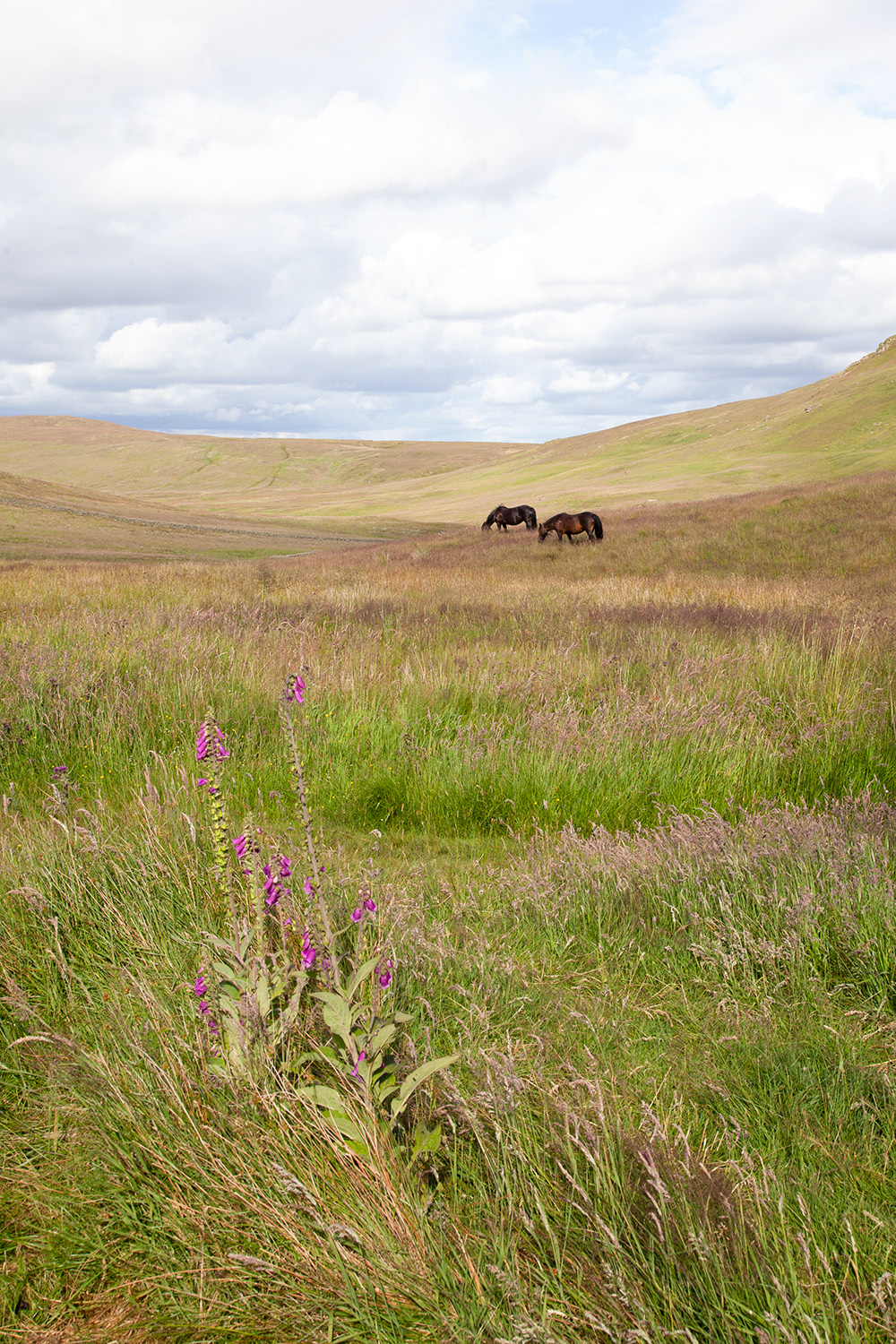
FP 063
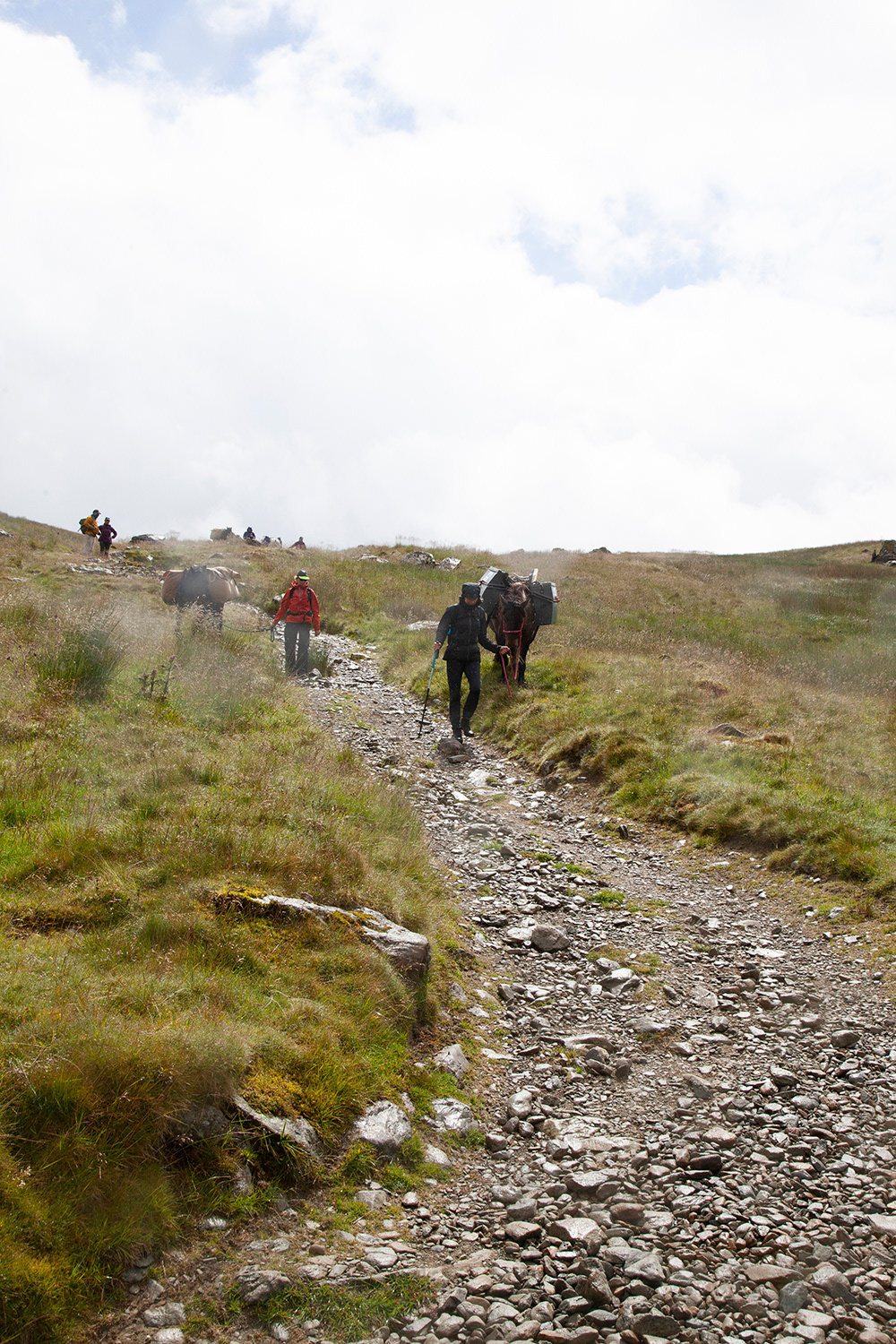
FP 064
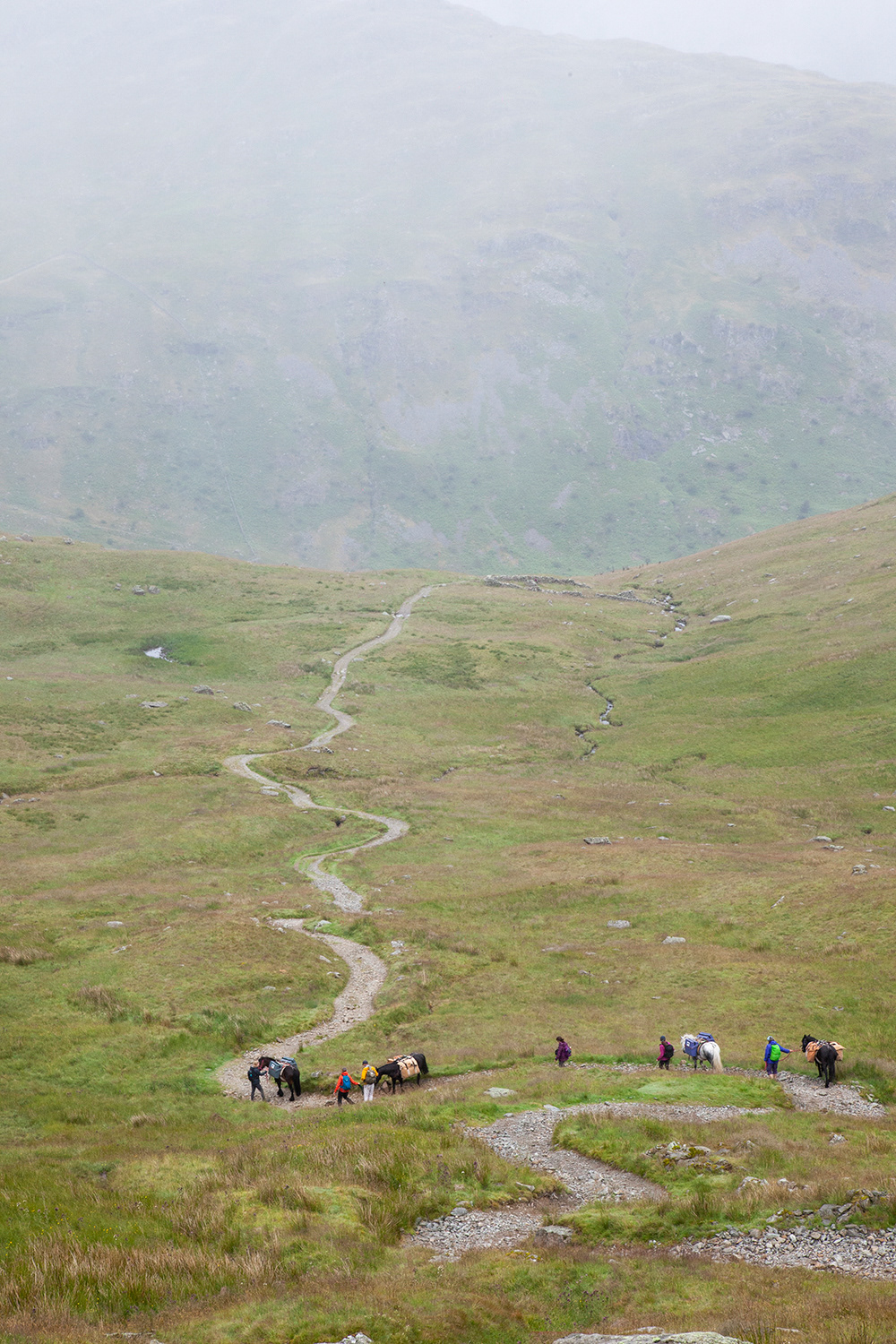
FP 065
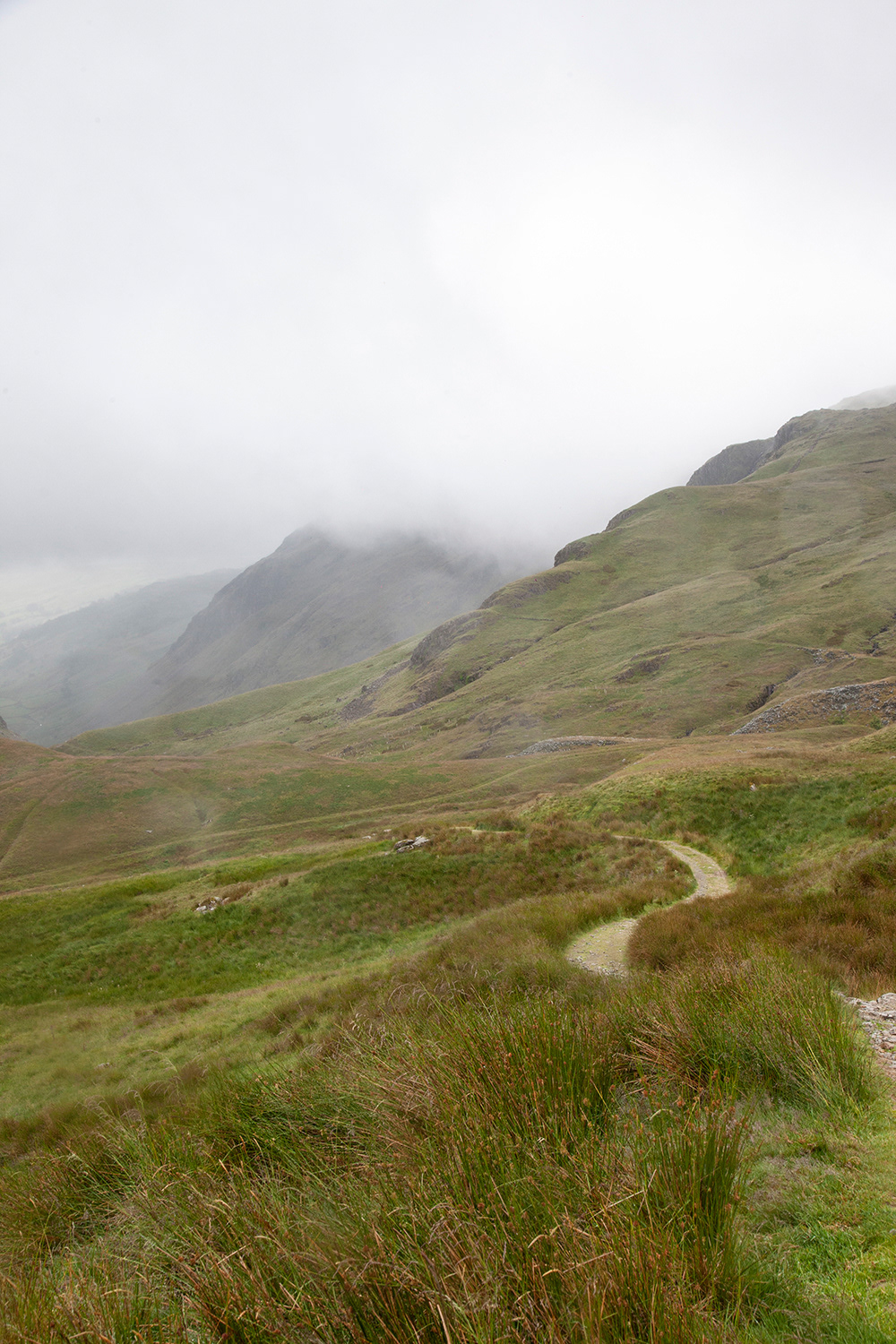
FP 066
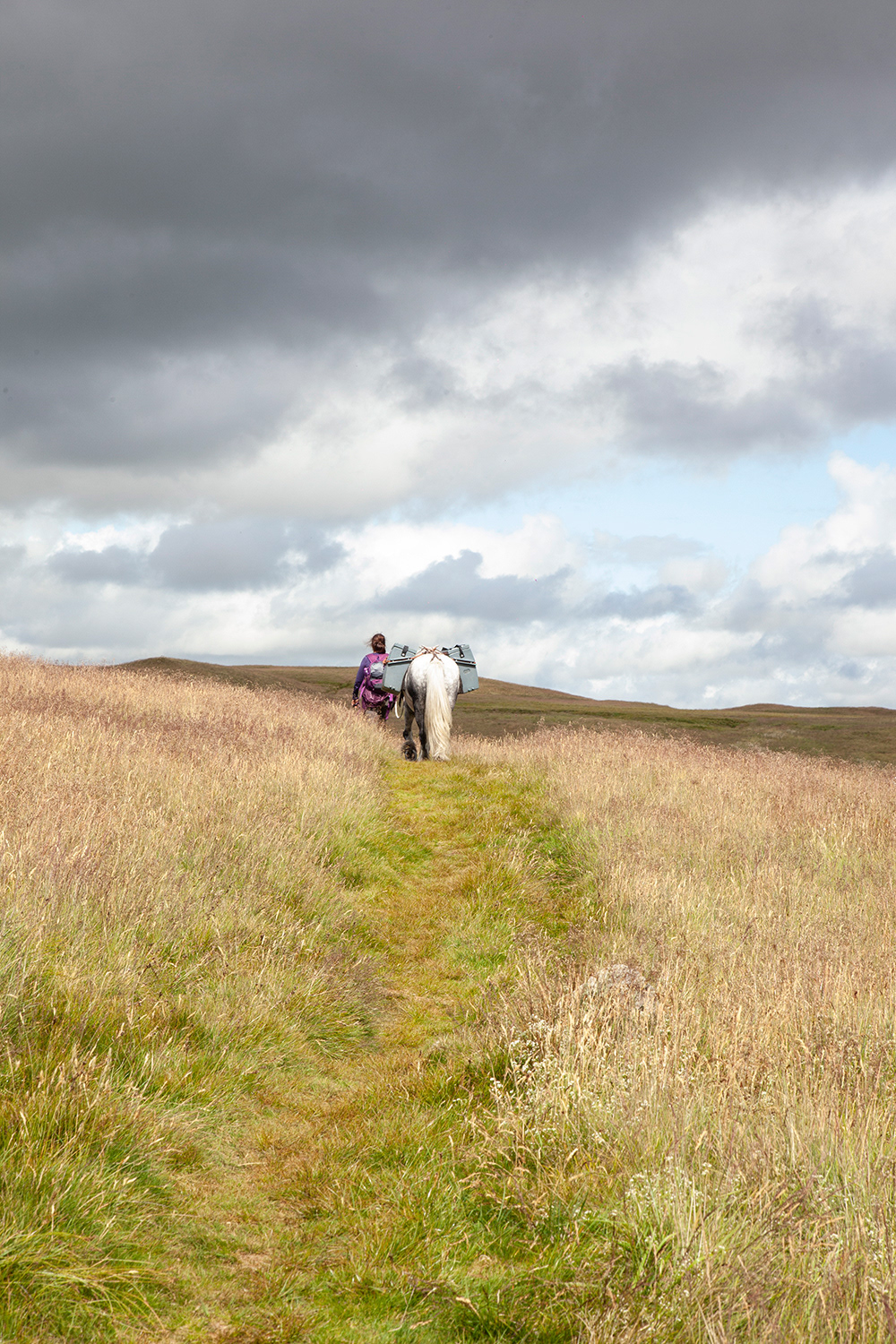
FP 067
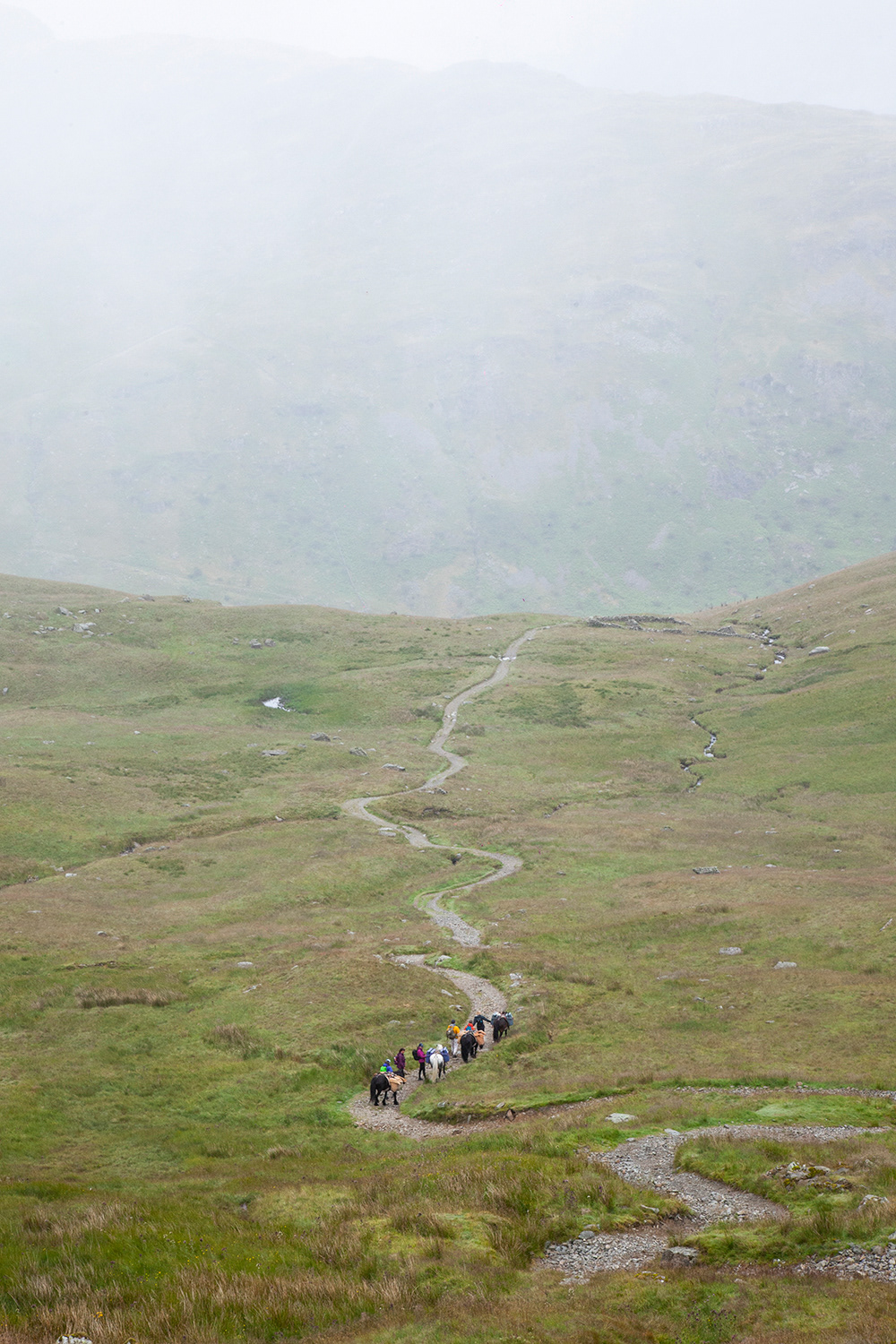
FP 068
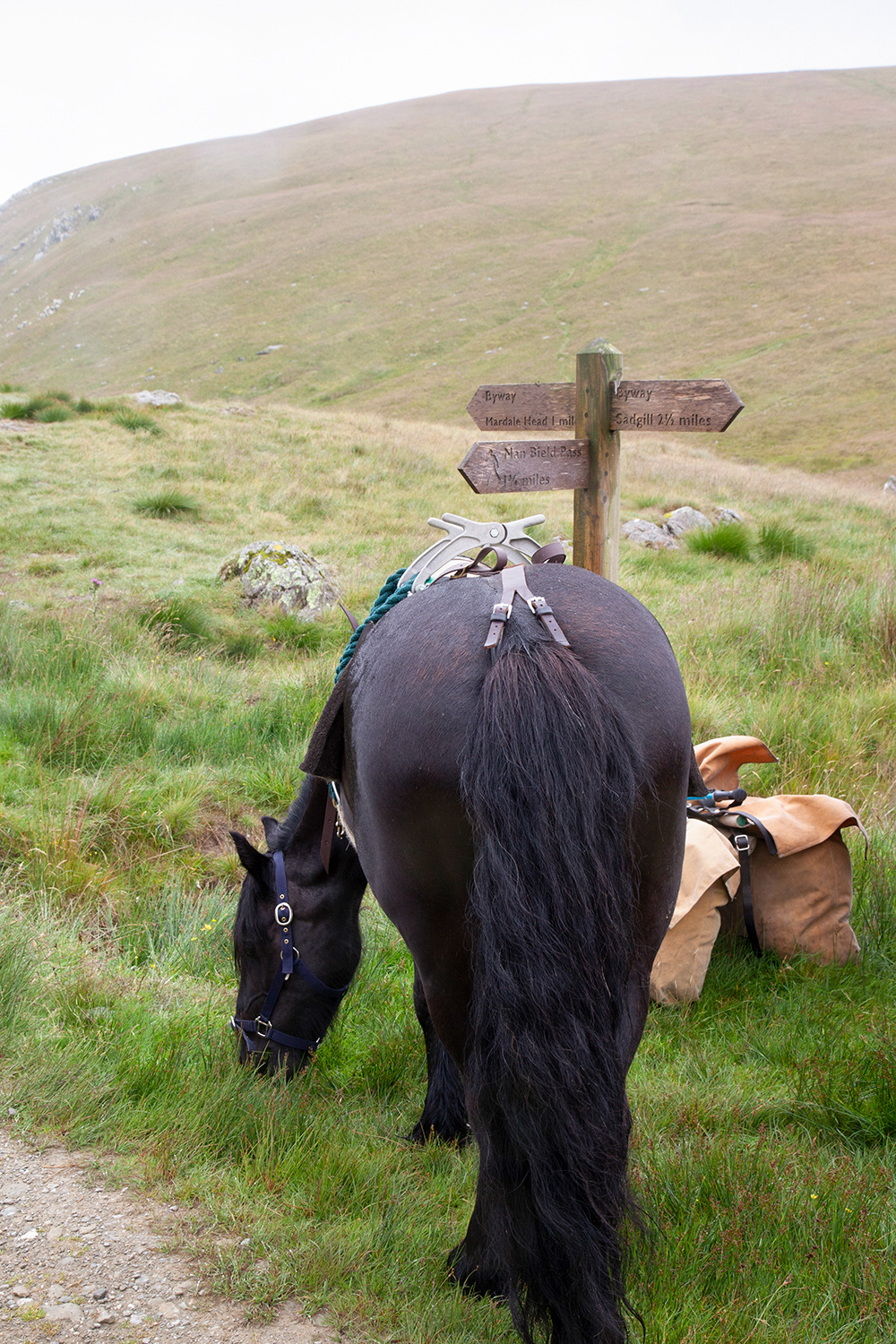
FP 069
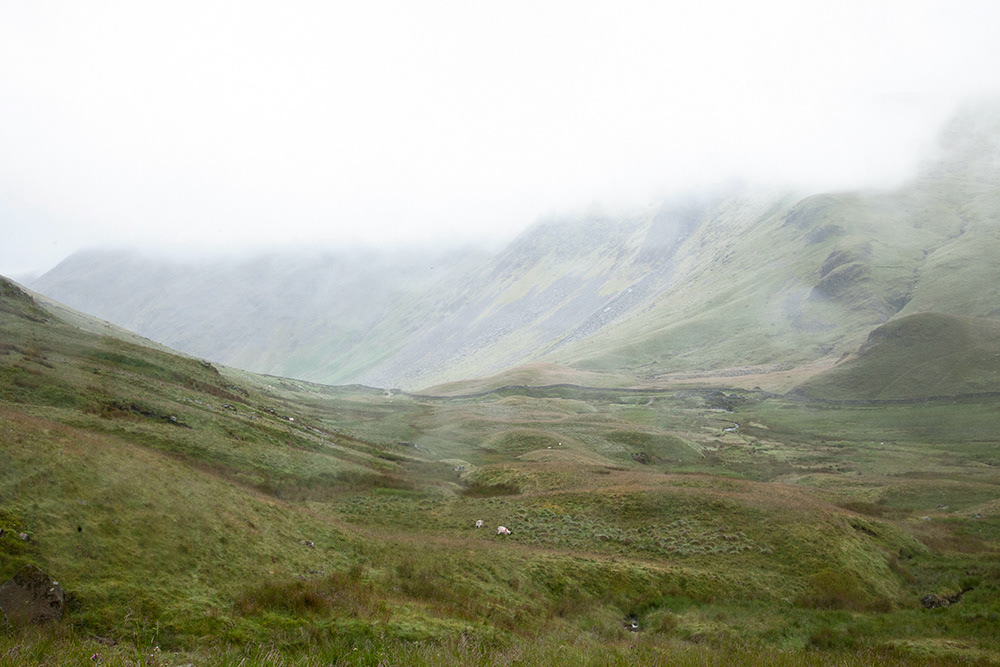
FP 070
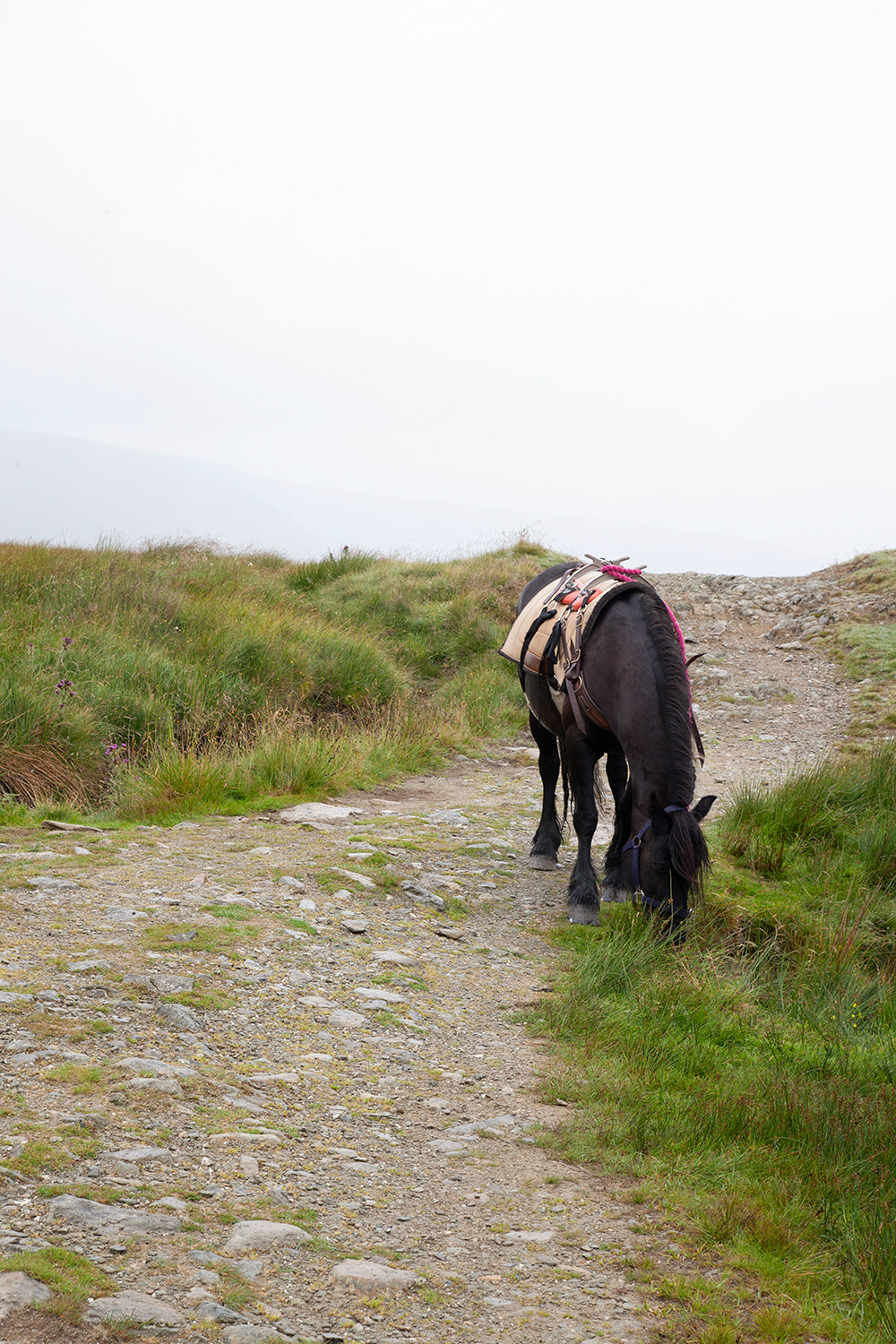
FP 071
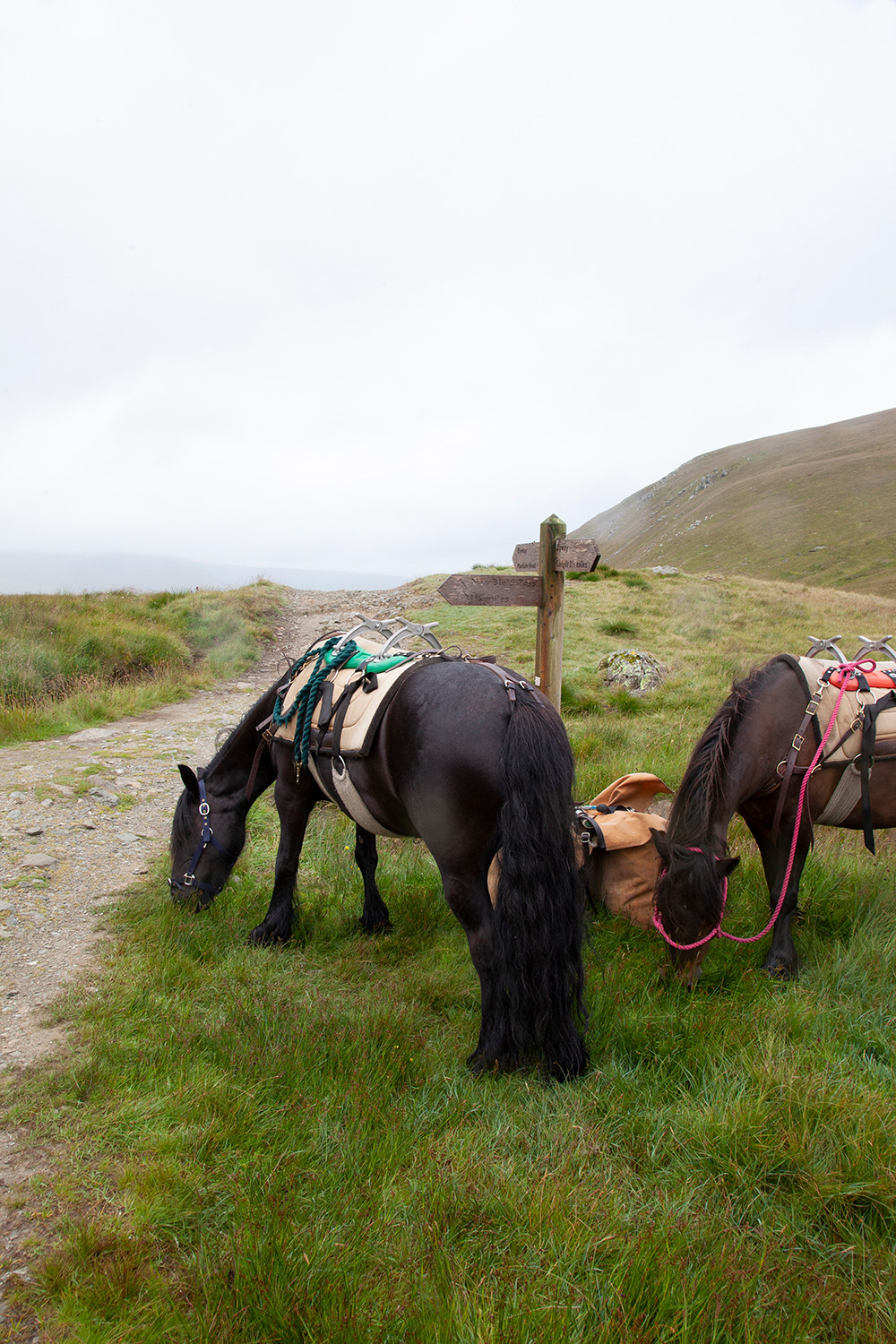
FP 072
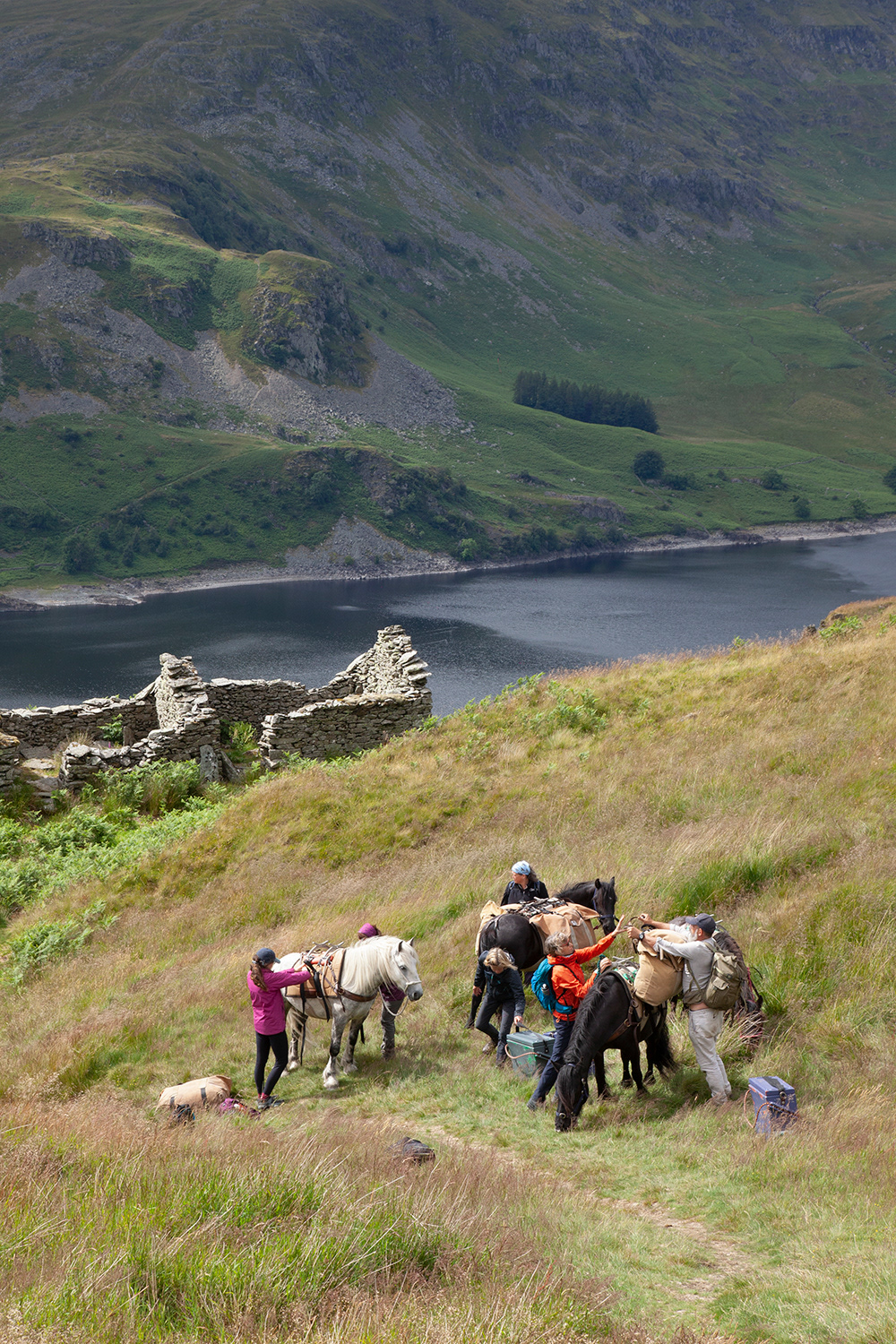
FP 073
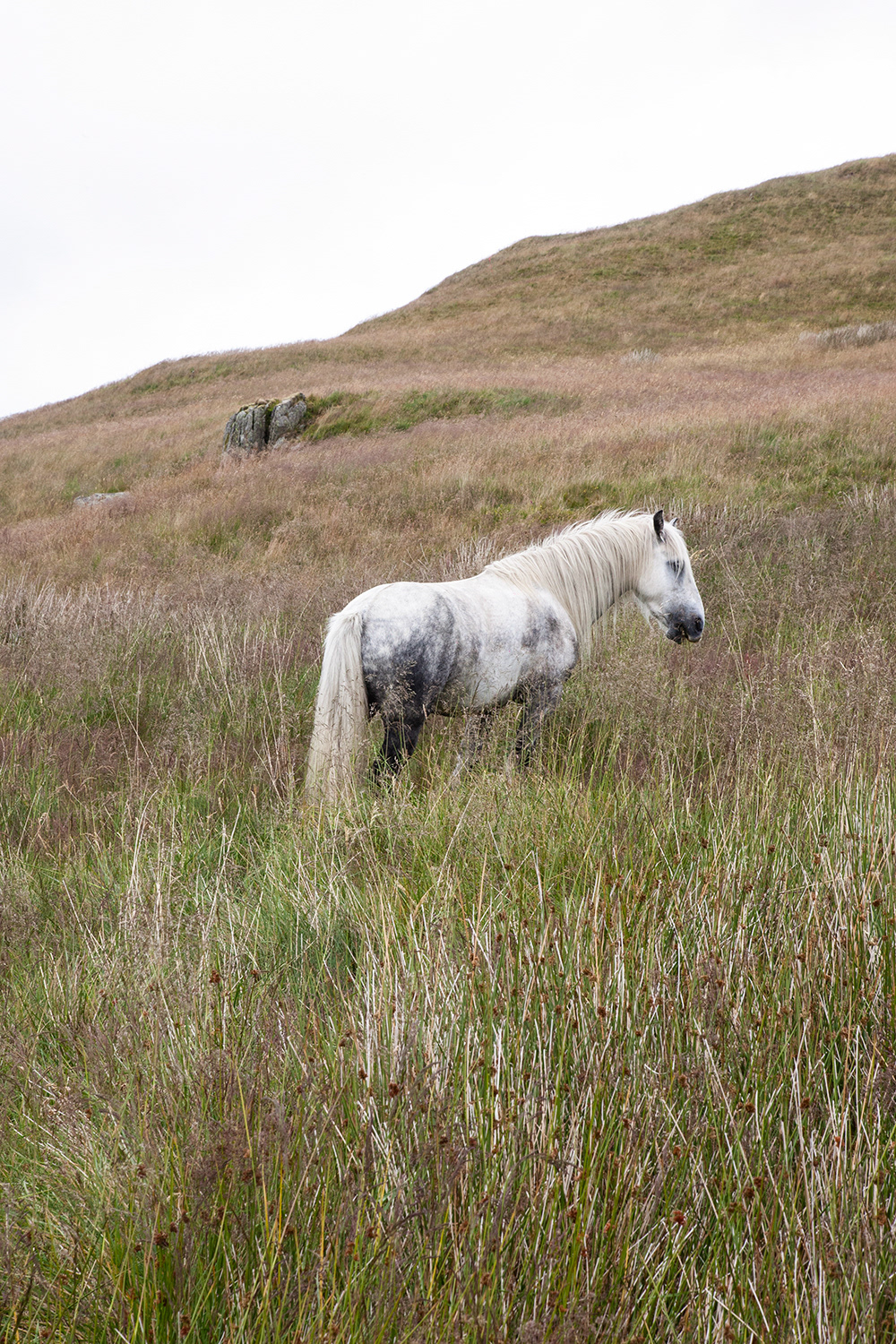
FP 074
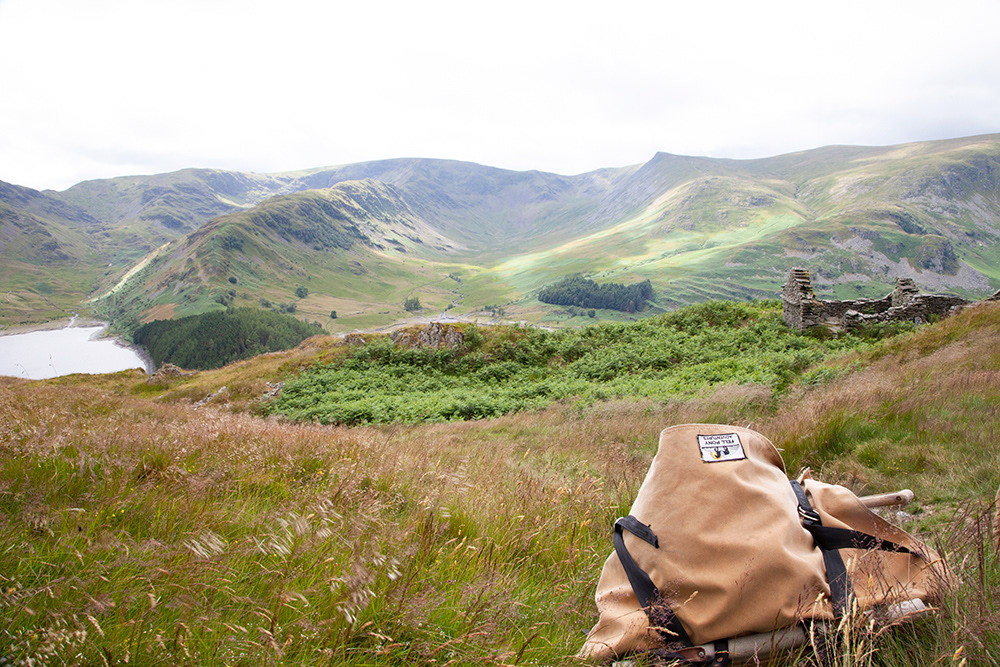
FP 075
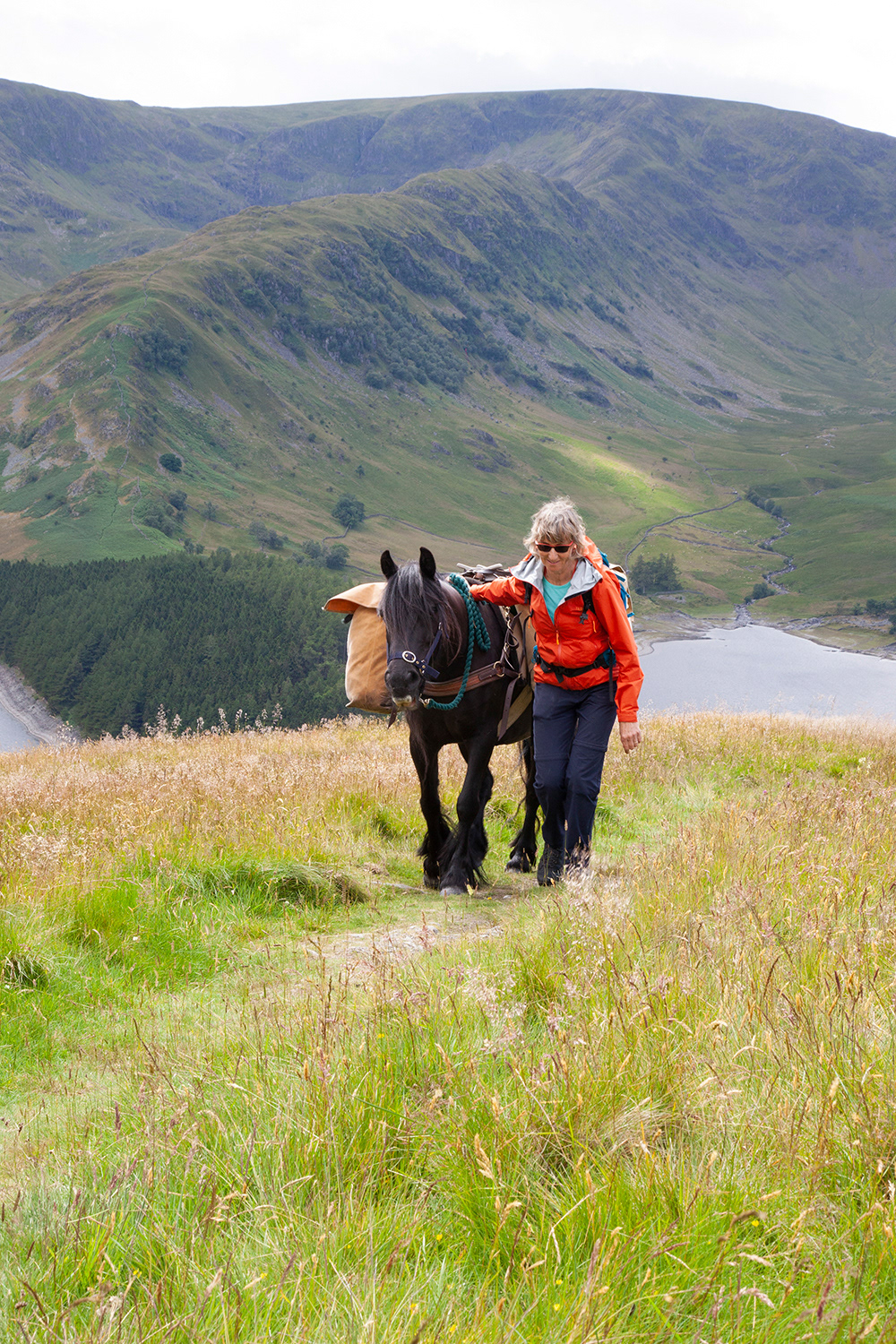
FP 076
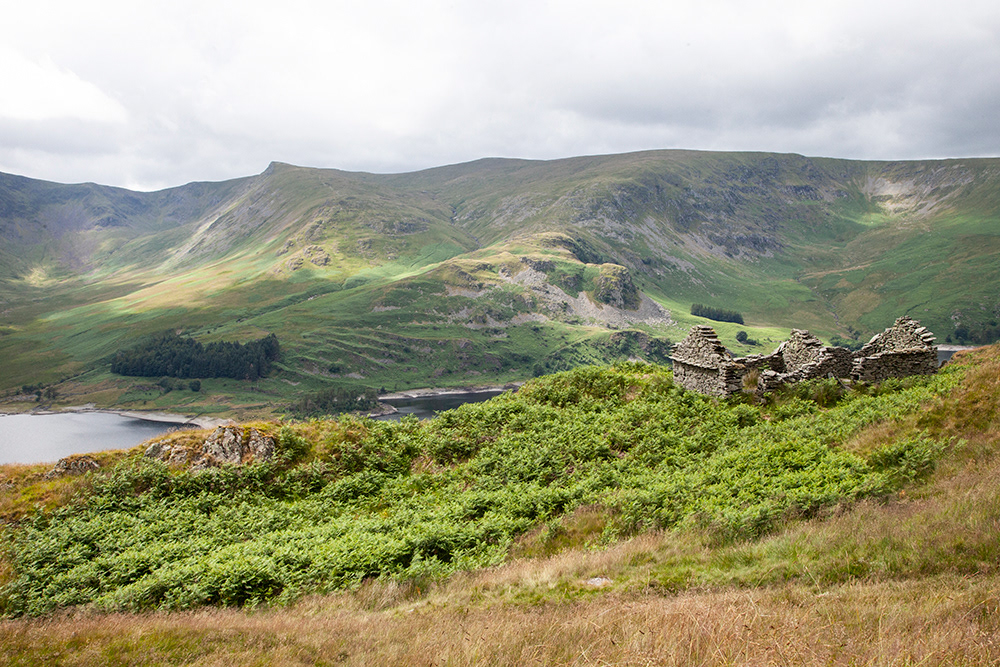
FP 077
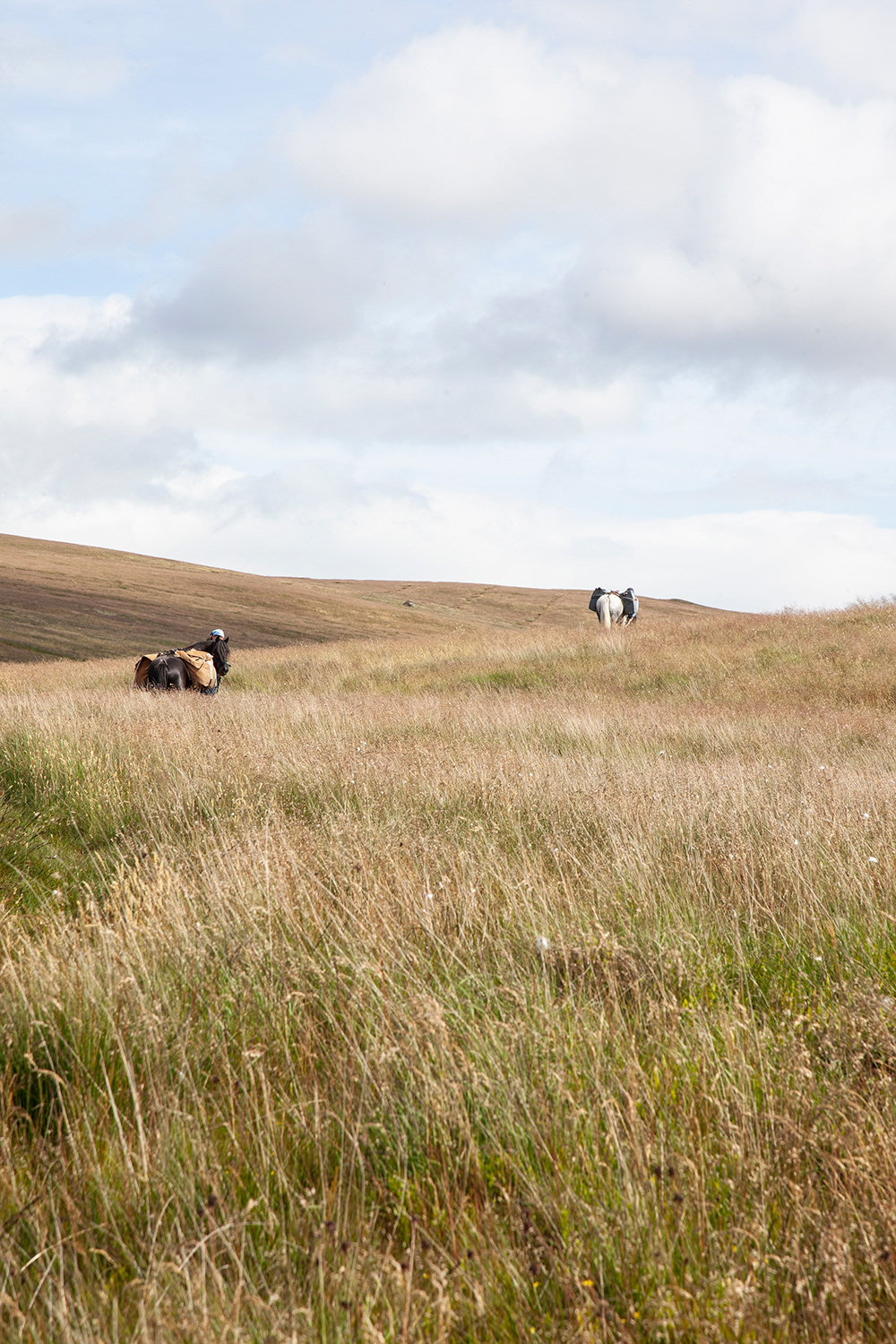
FP 078
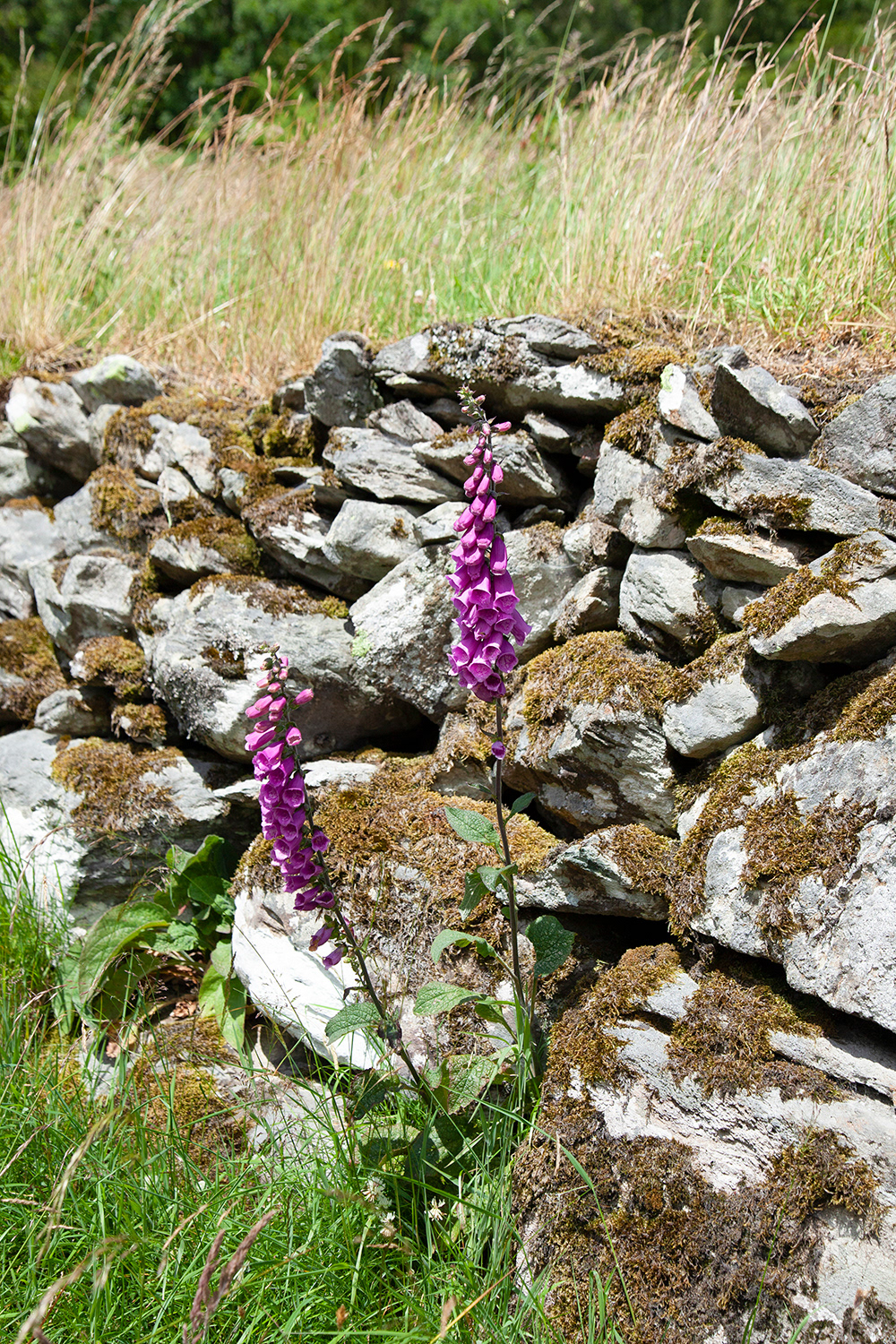
FP 079
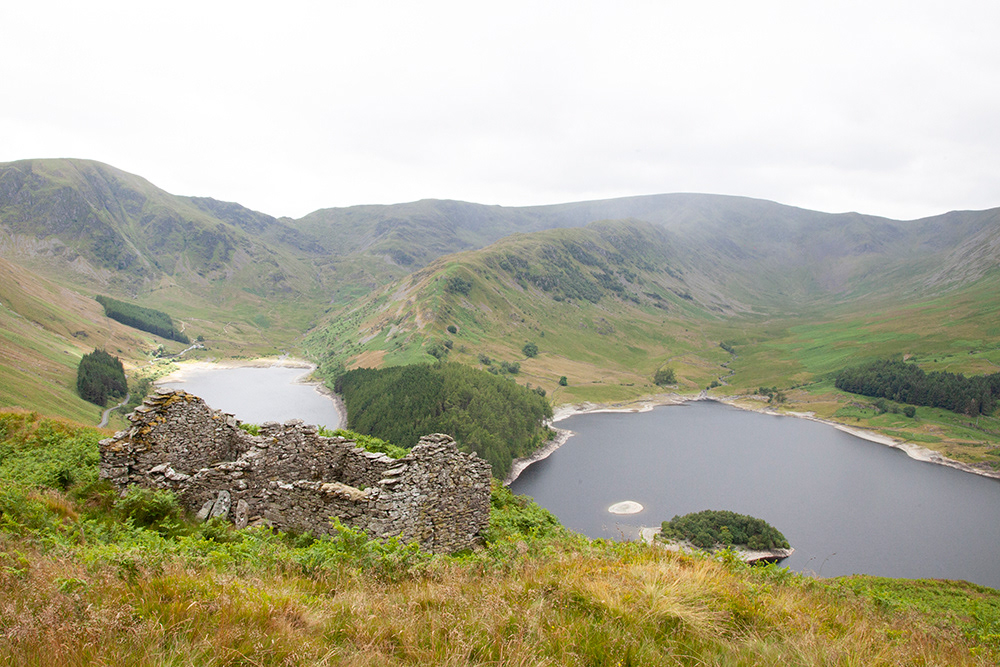
FP 080
The next day I meet Tom at home, on his hill with his herd. Ponies Boo, Pansy, Lucky Pearl and Little Prince who had walked with us the days before were grazing peacefully. "They are having a well-deserved rest for a few days." A little further on was the rest of the herd. "They run around here all year round on 100 acres of fell. Hang on, I'll call them, they usually come." Tom calls, it takes a while, but there they come. They know they'll get a treat. He takes the ponies to the top of the hill where there are fantastic views of the countryside and Morecambe Bay. "Once you have gained their trust, fell ponies will do almost anything you ask of them. And they are hardy and brave. I've seen my own ponies refuse hay in the winter and dig through the snow to get to grass. And those qualities are very important for a pony out on the fells. That was the reason my father chose fell ponies in 1957. He wanted ponies that could look after themselves. Strong, hardy ponies that can run out on the Lake District fells in all weathers, all year round."
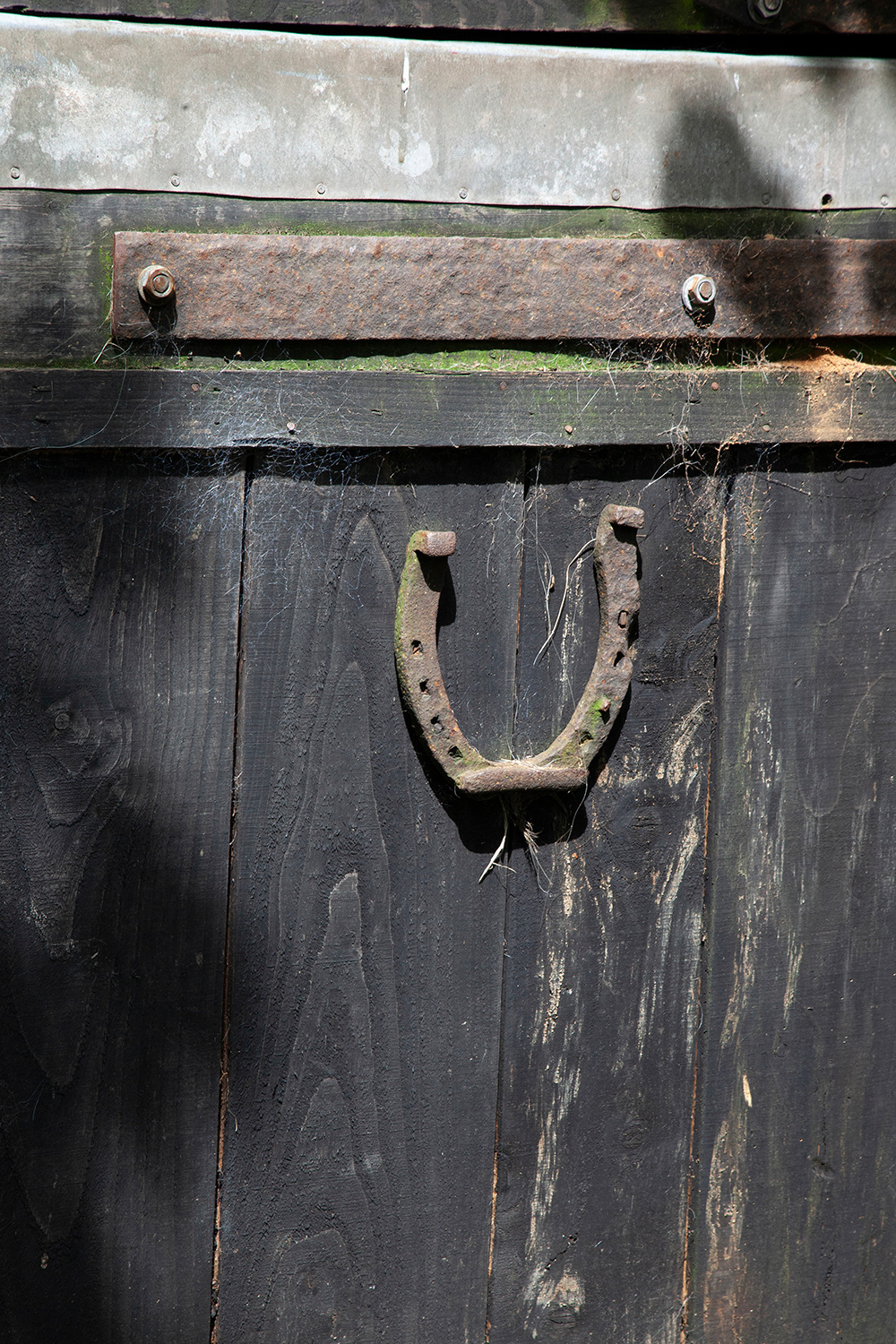
FP 081
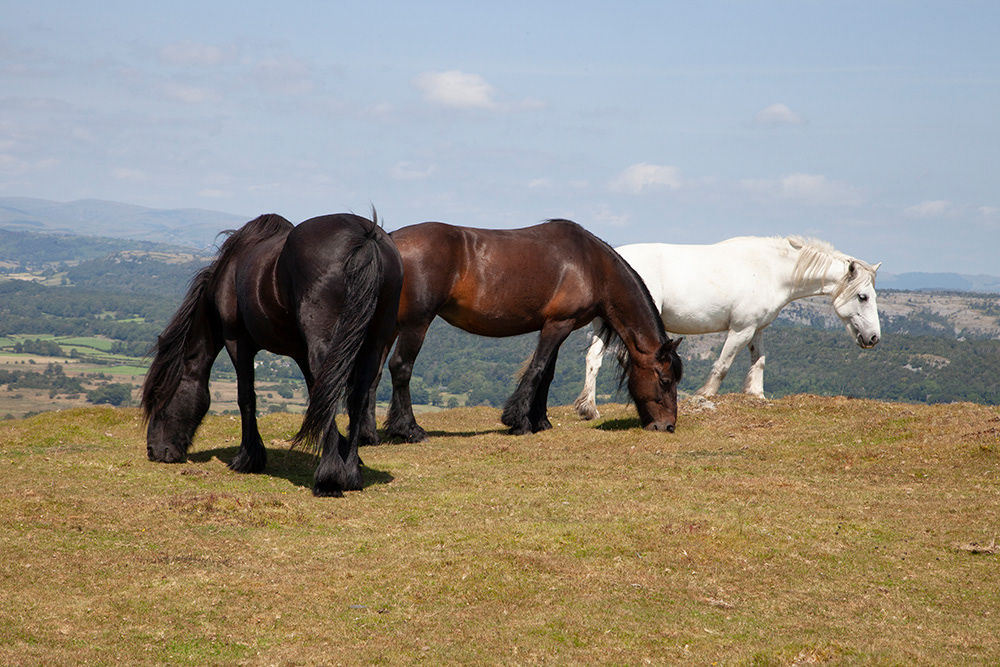
FP 082
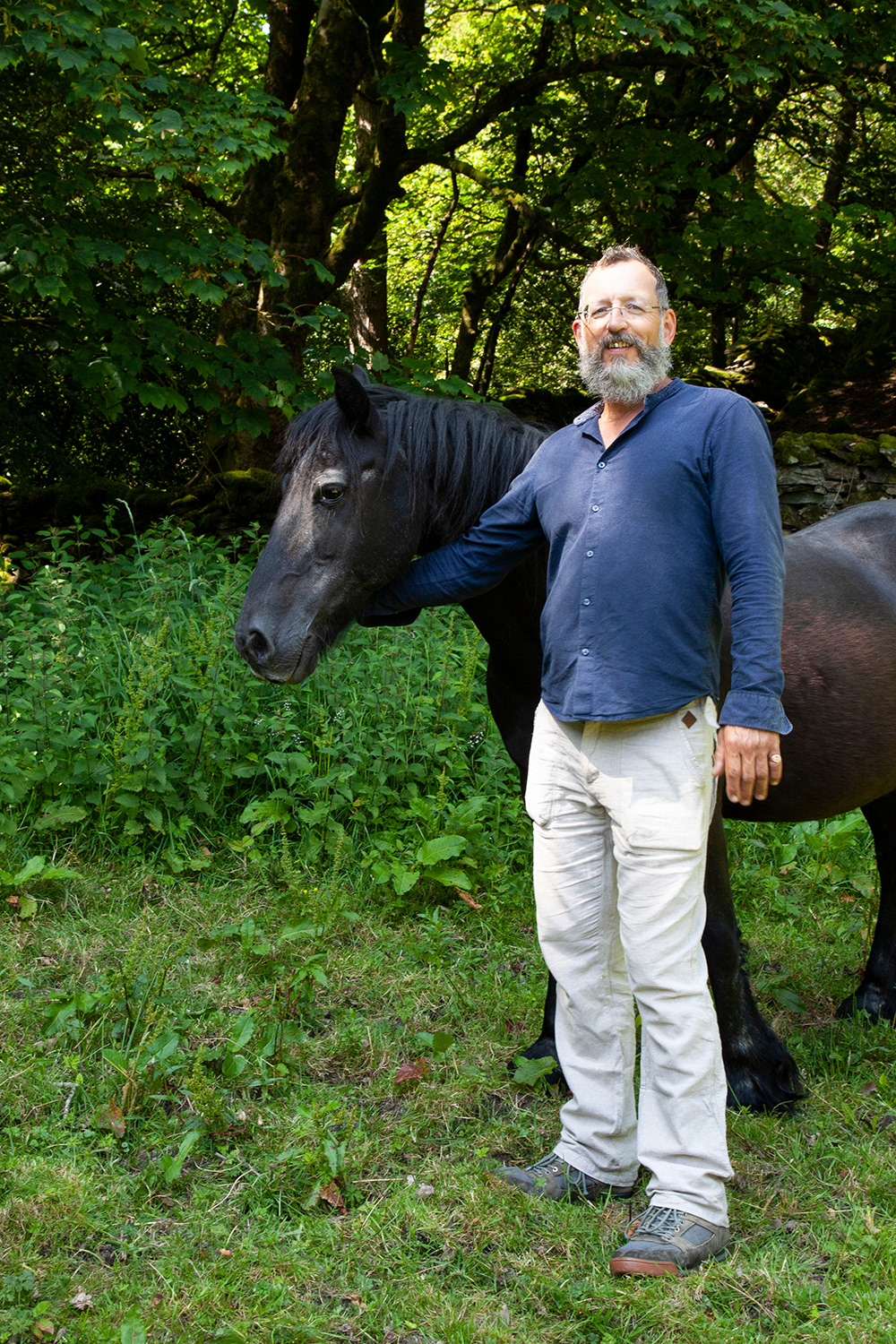
FP 083
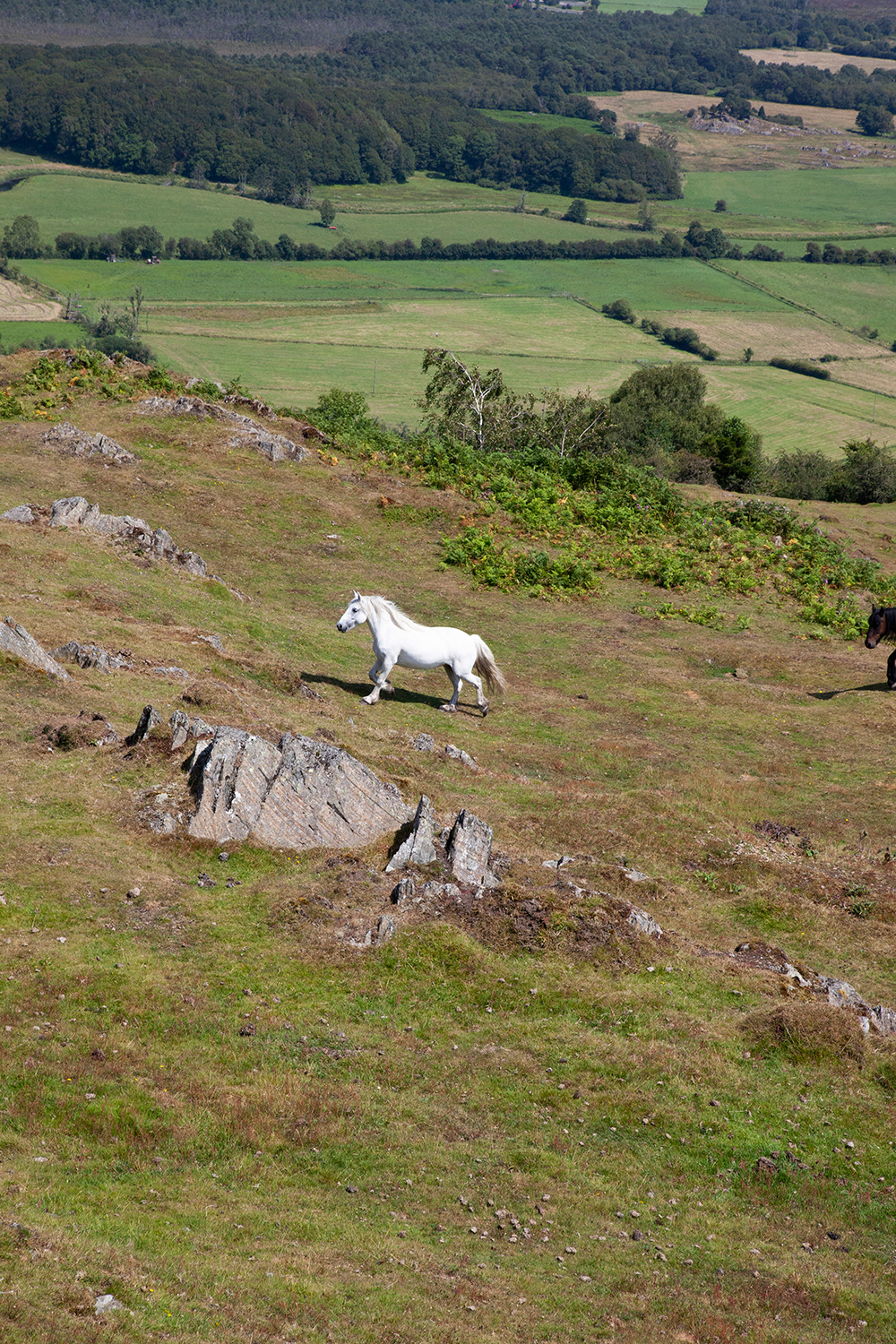
FP 084
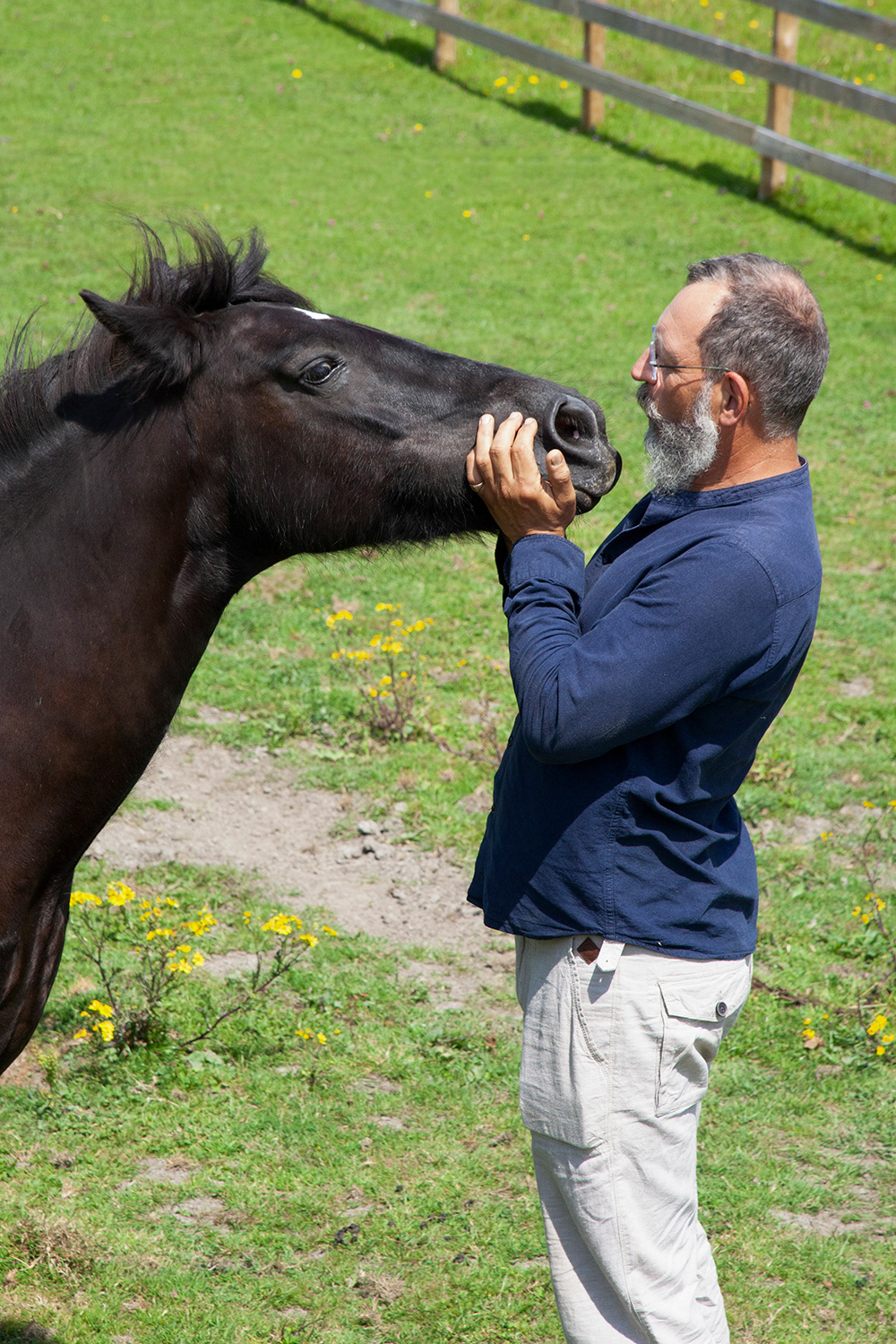
FP 085
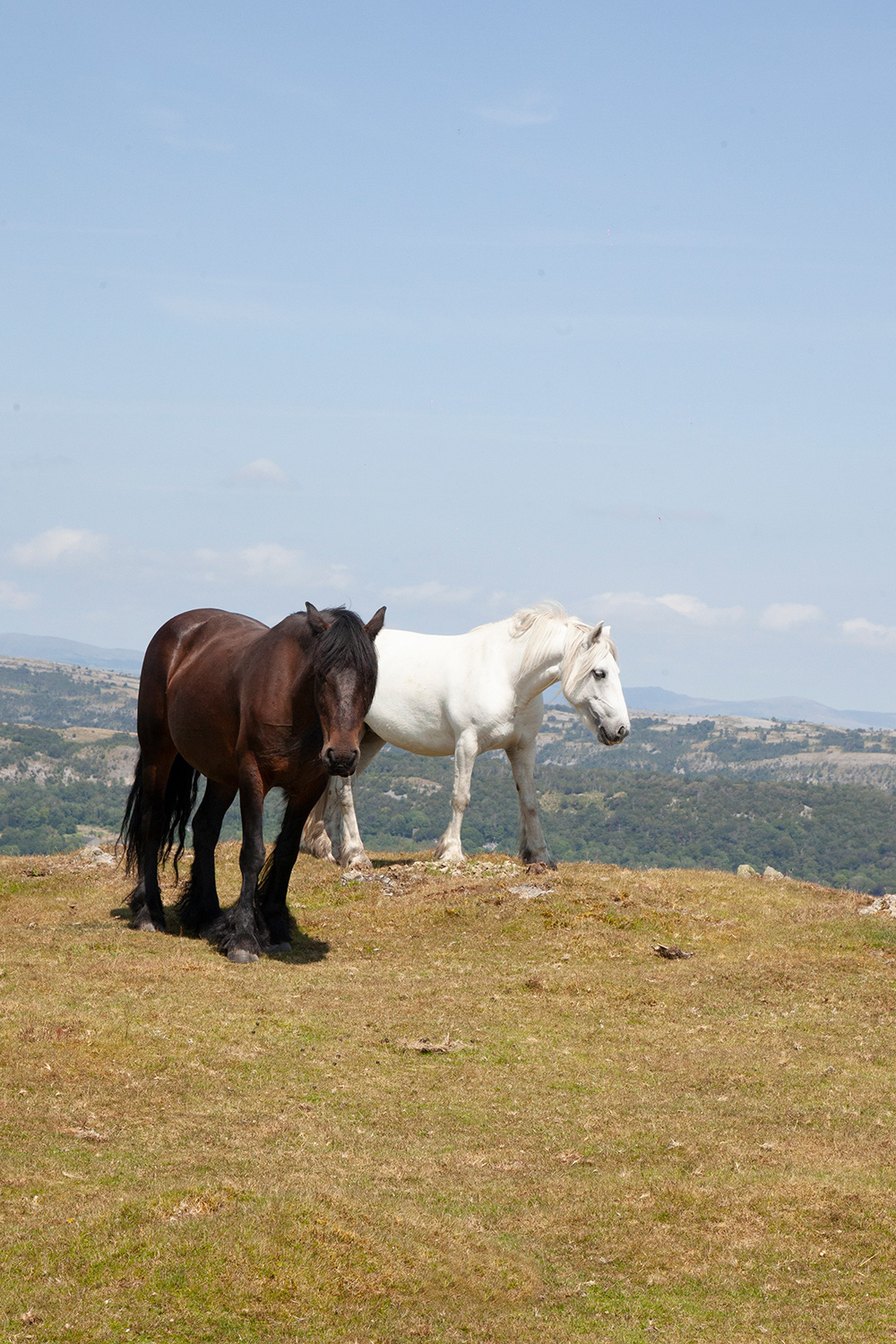
FP 086
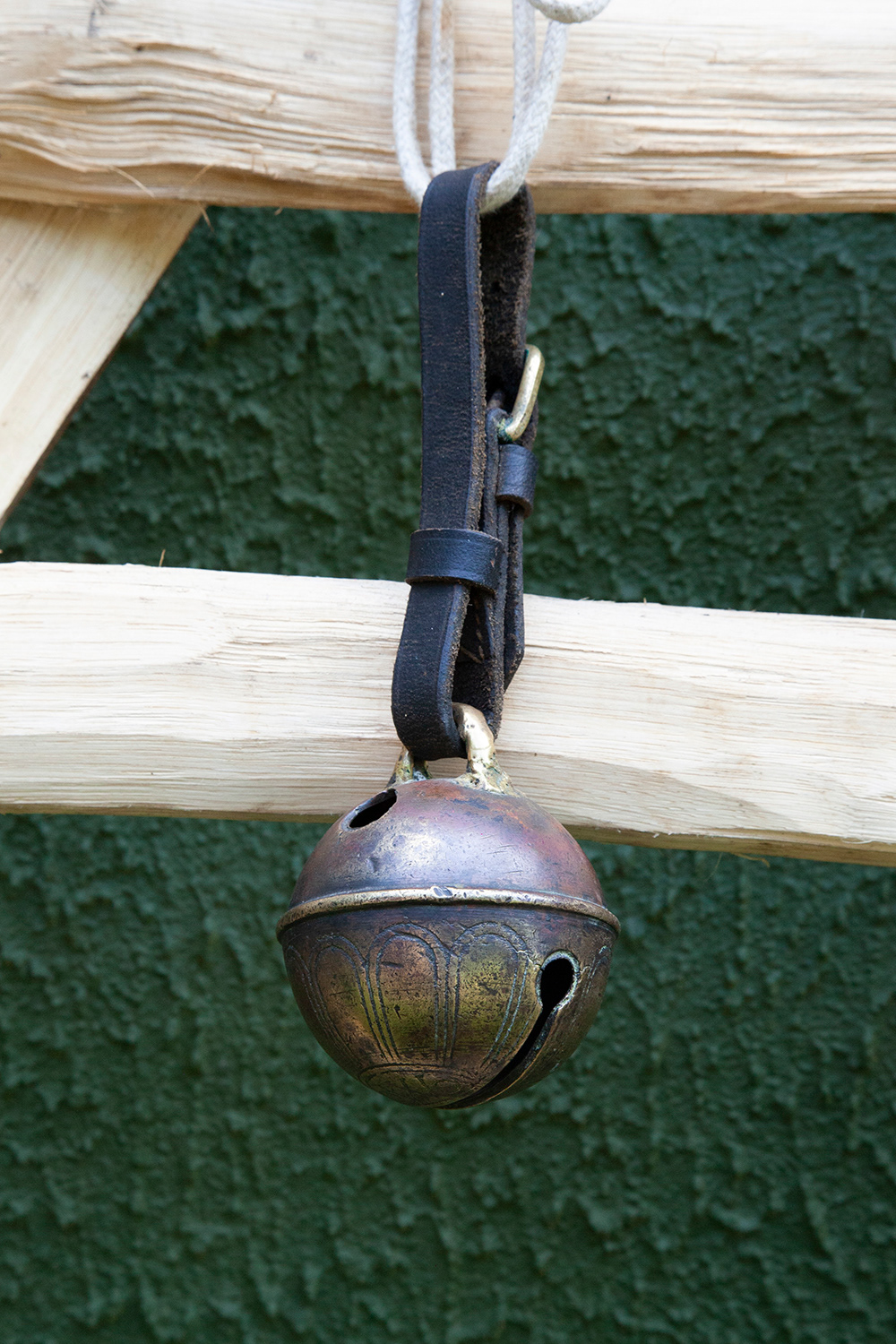
FP 087
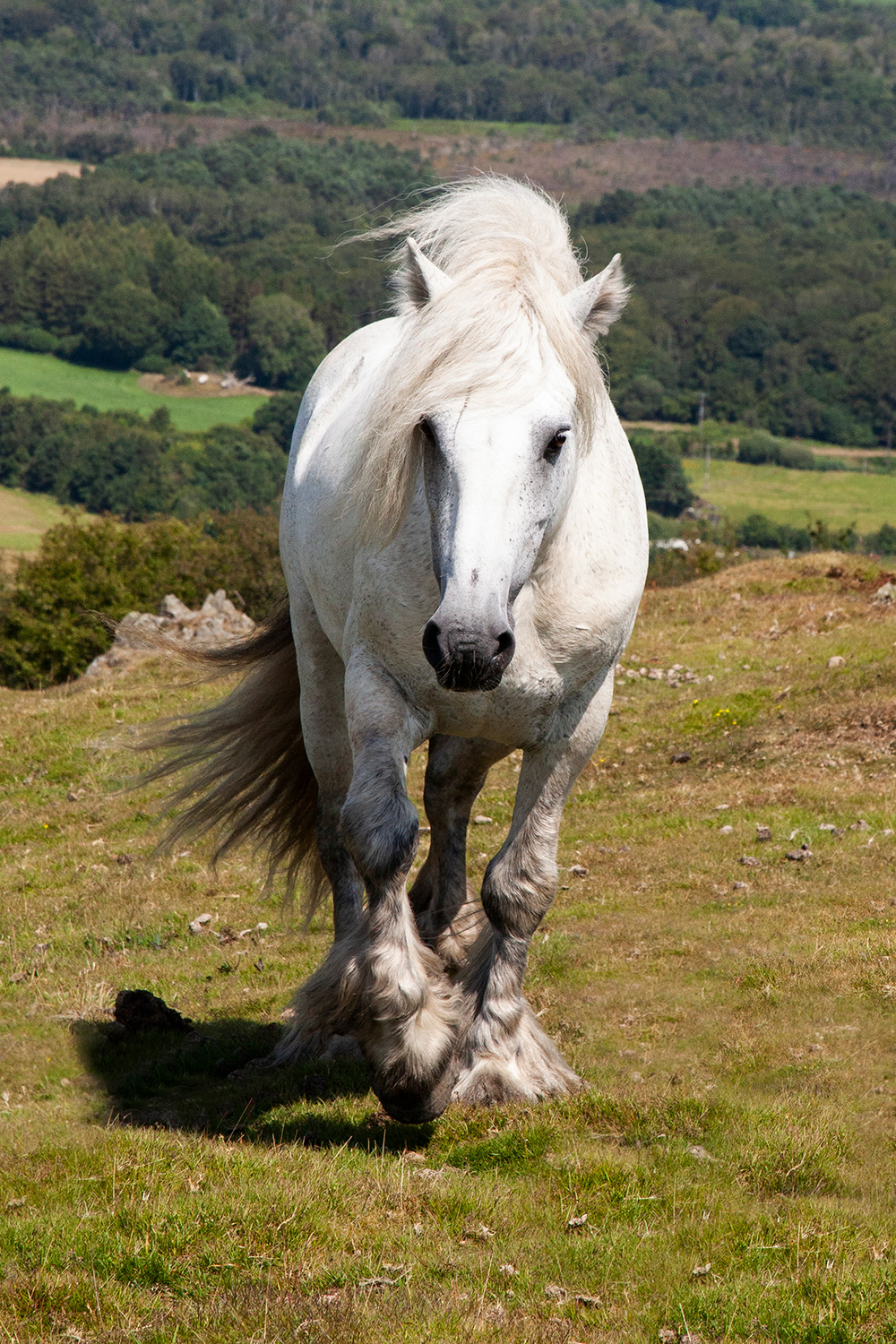
FP 088
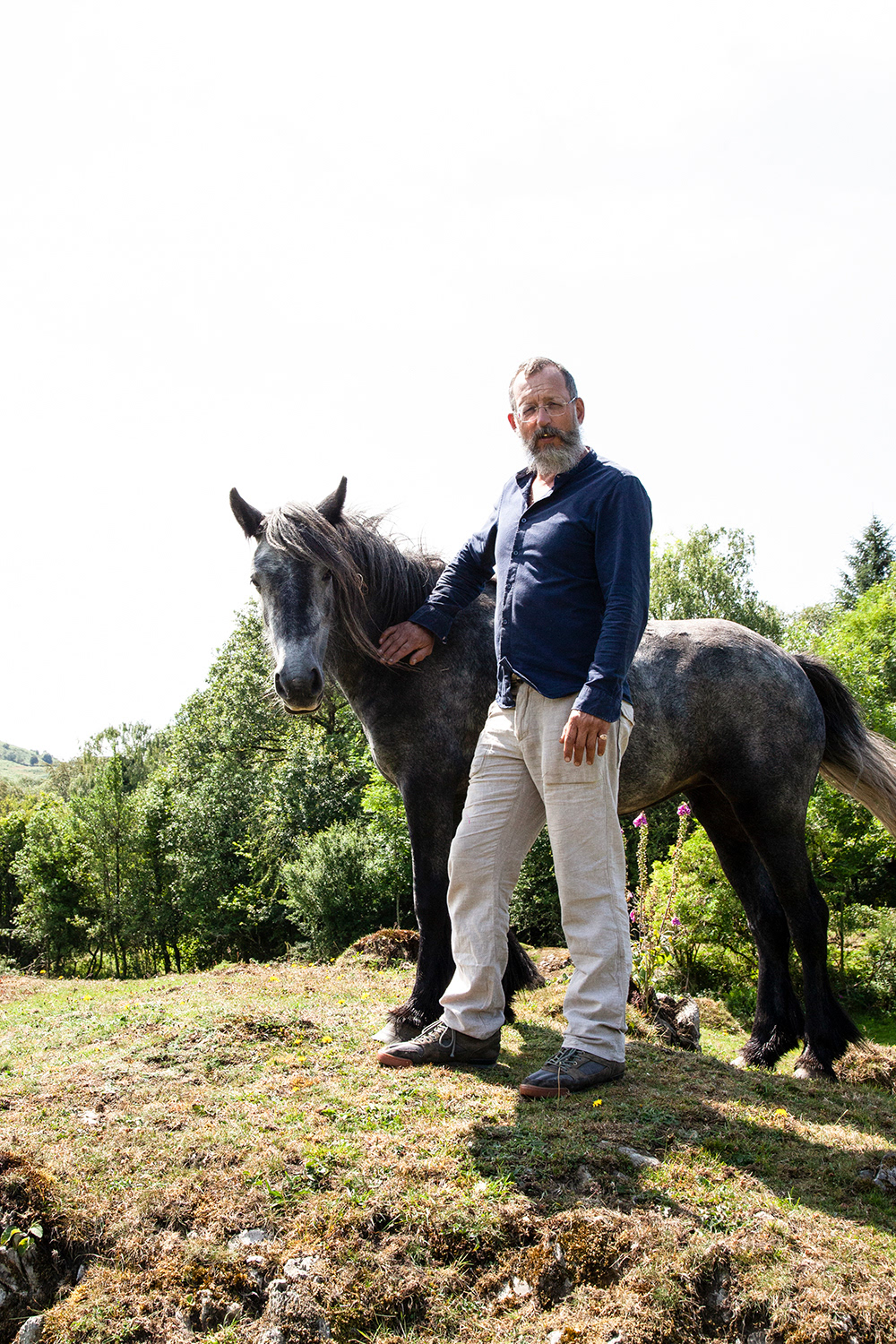
FP 089
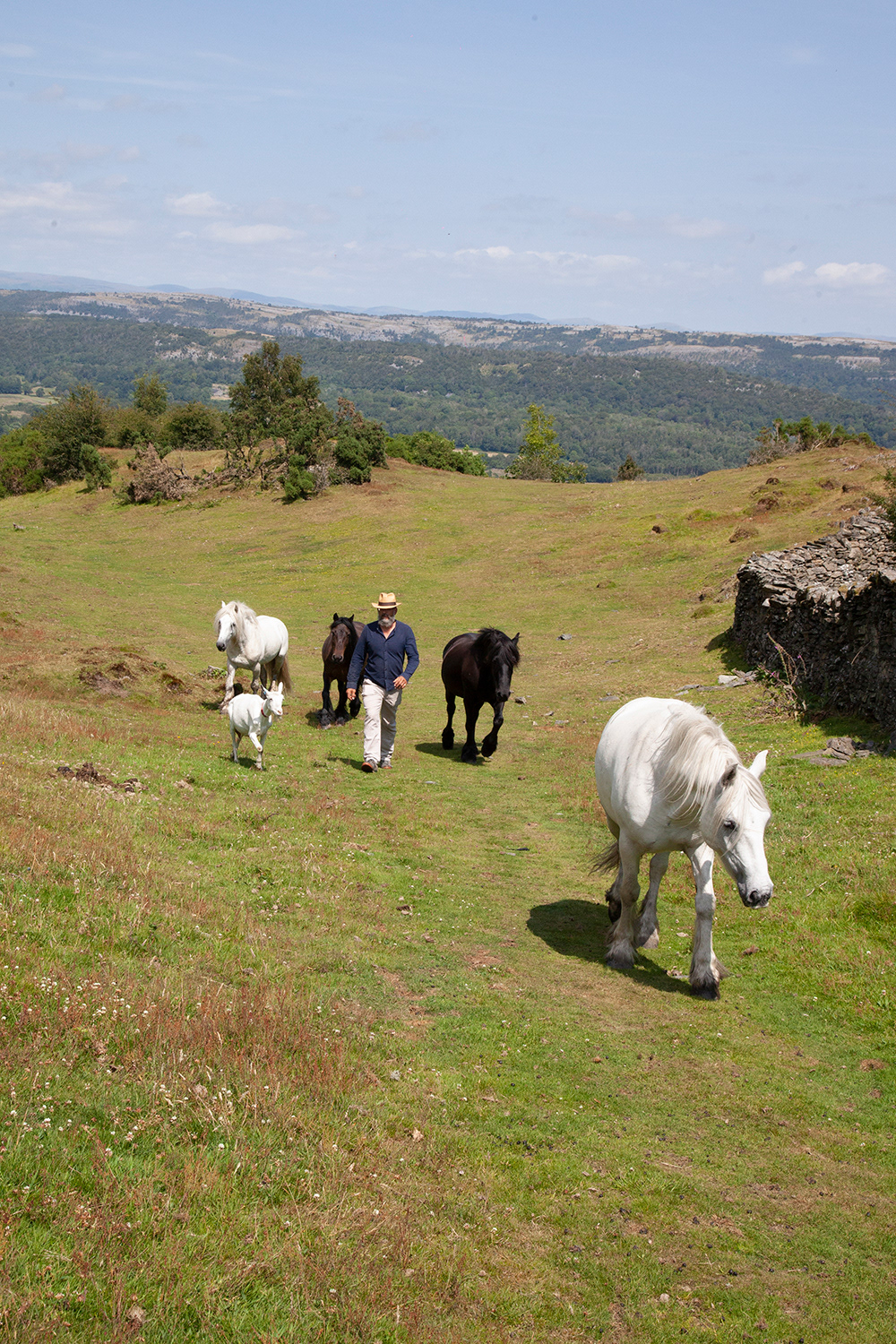
FP 090
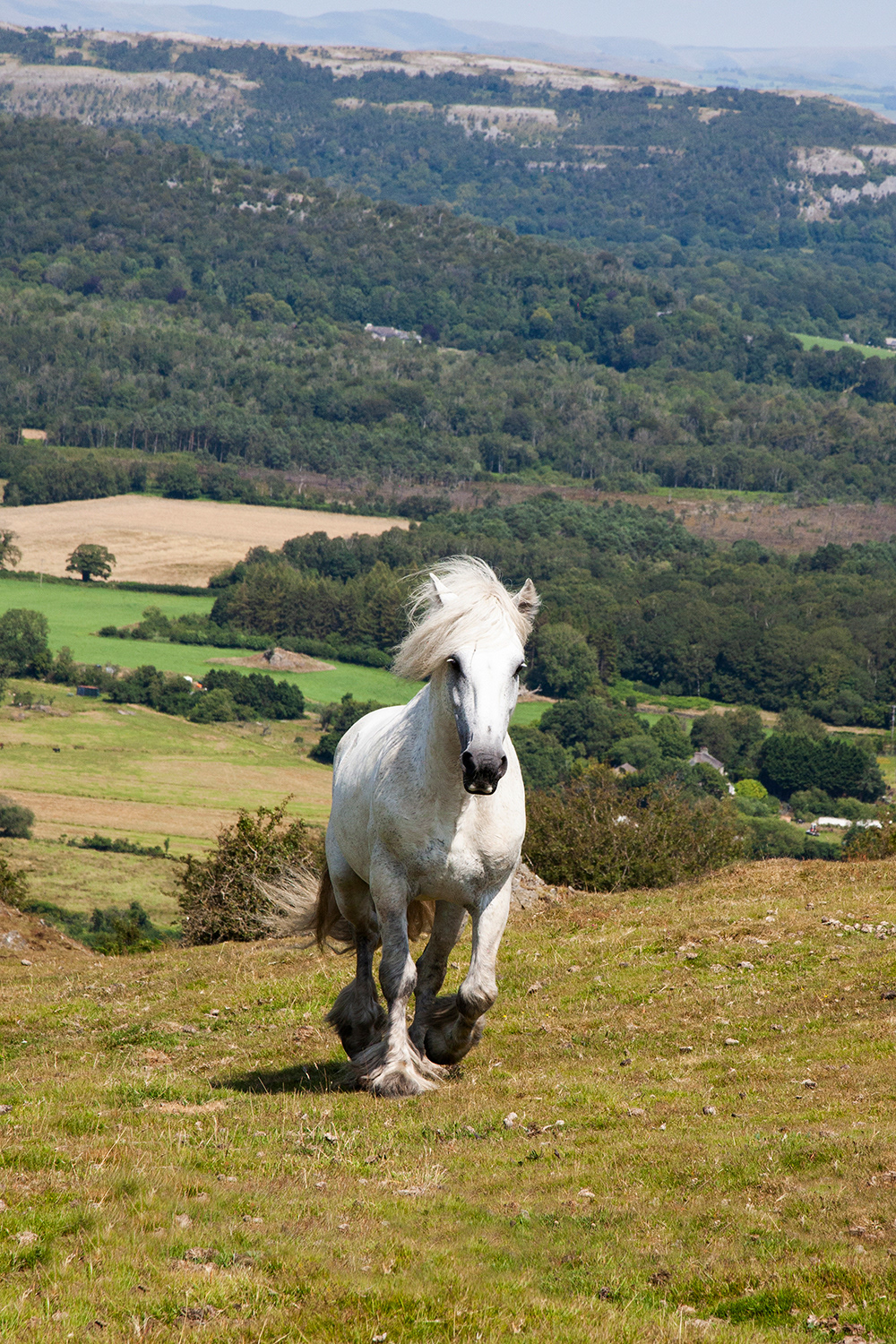
FP 091
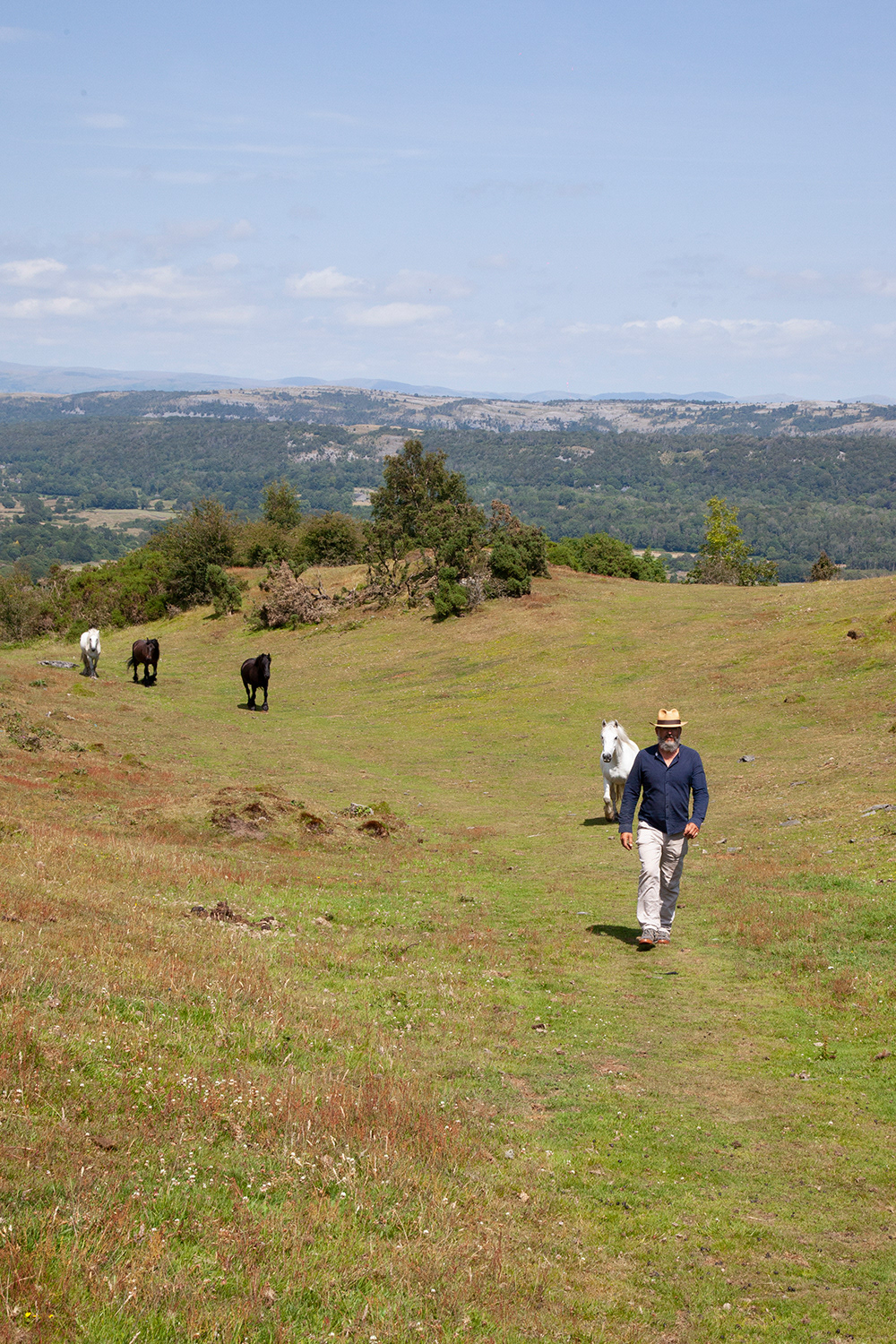
FP 092
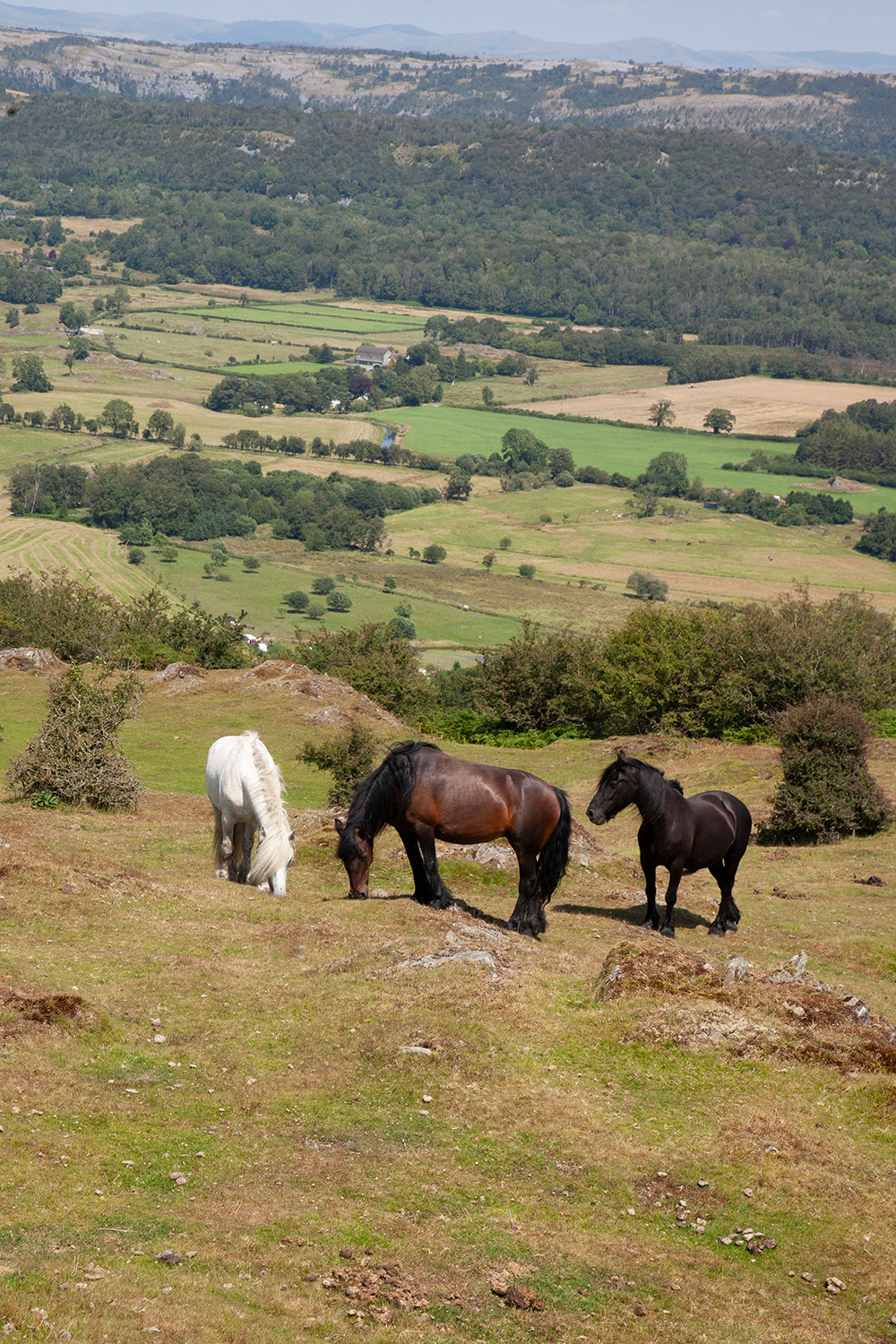
FP 093
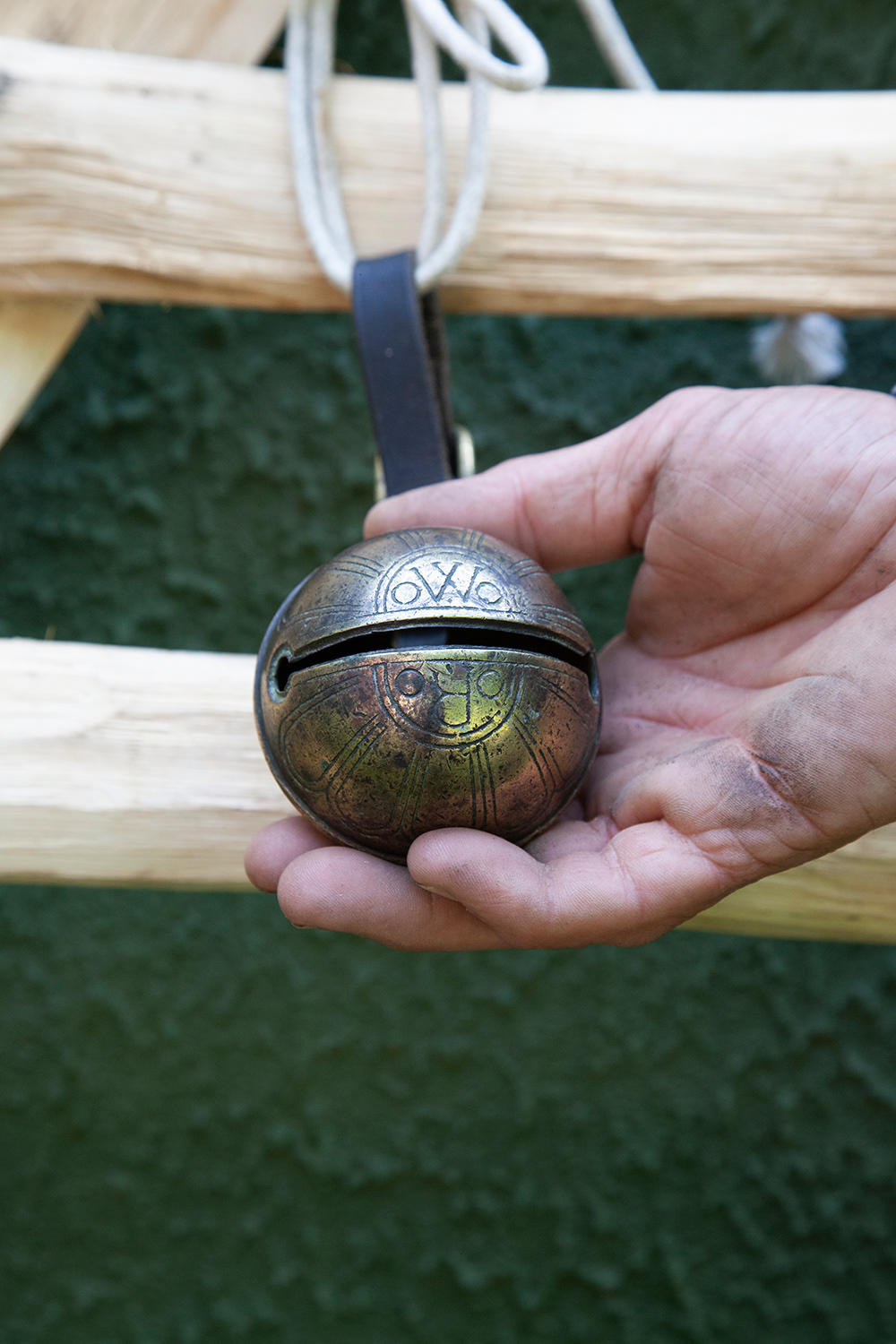
FP 094
